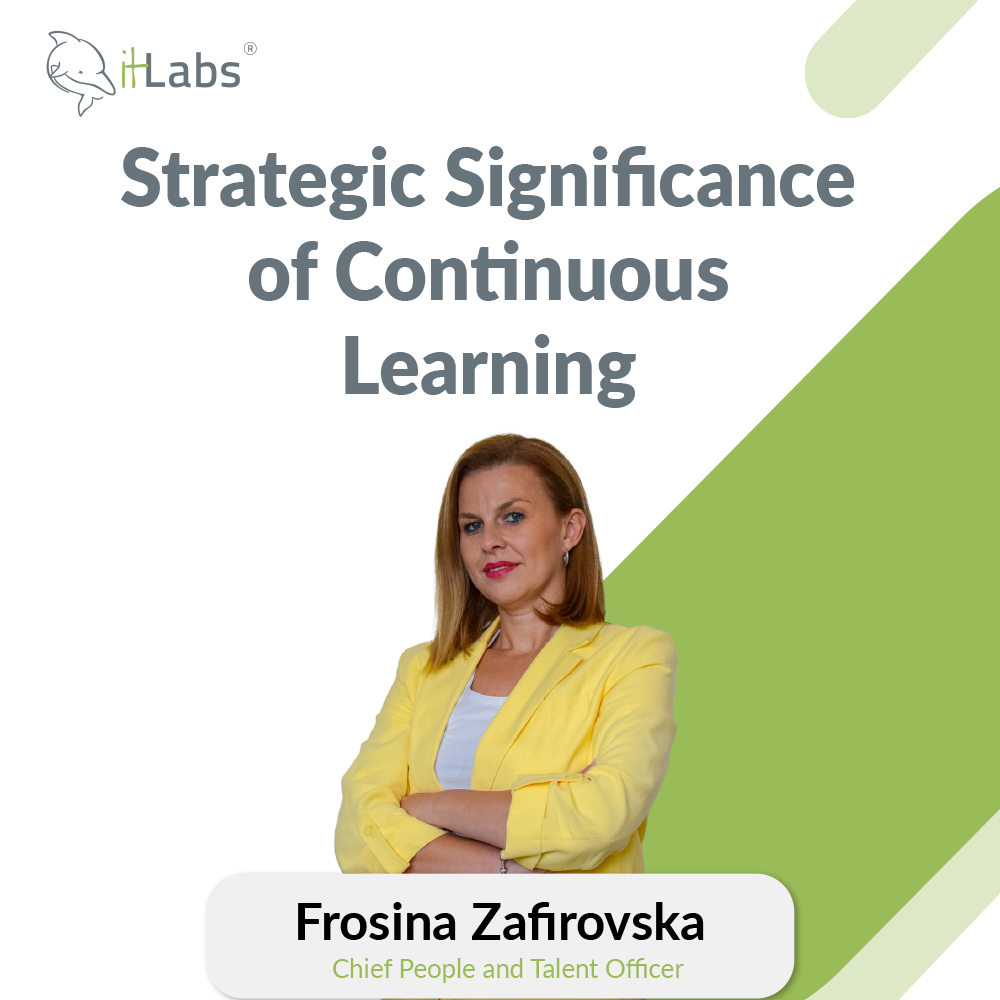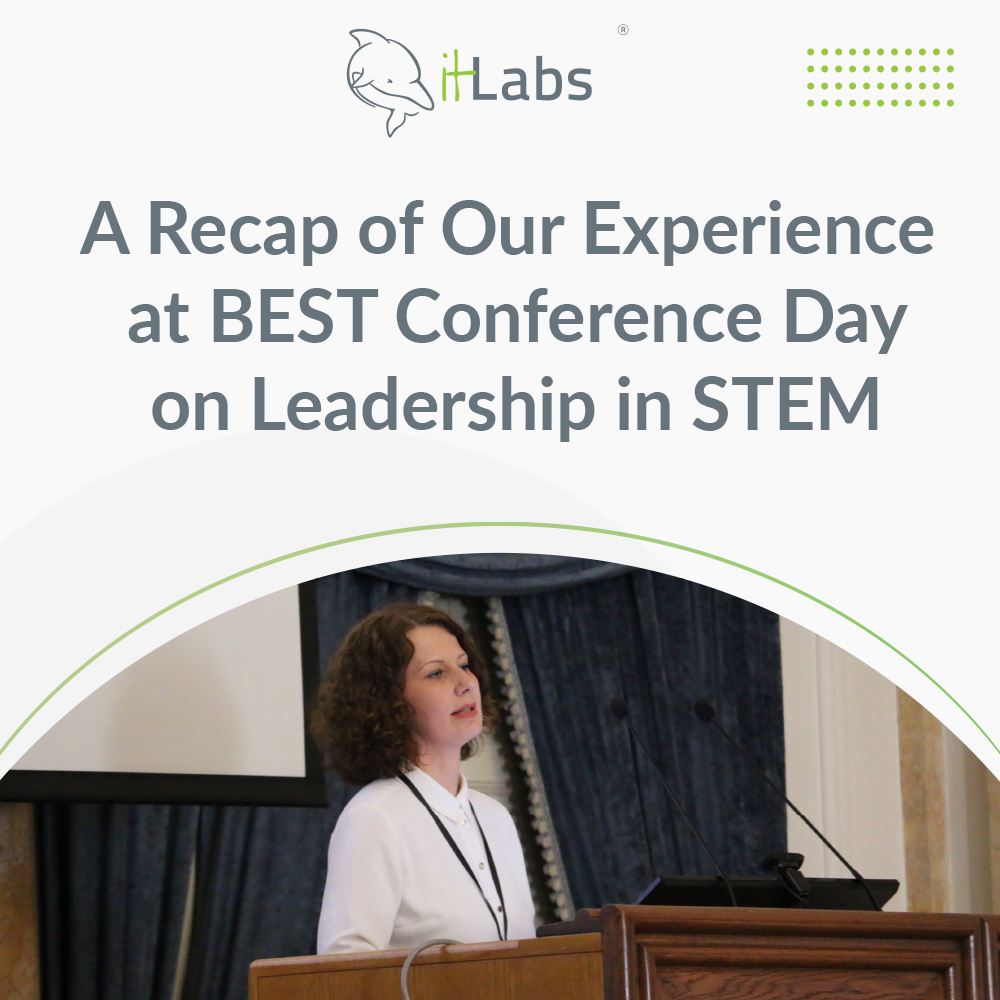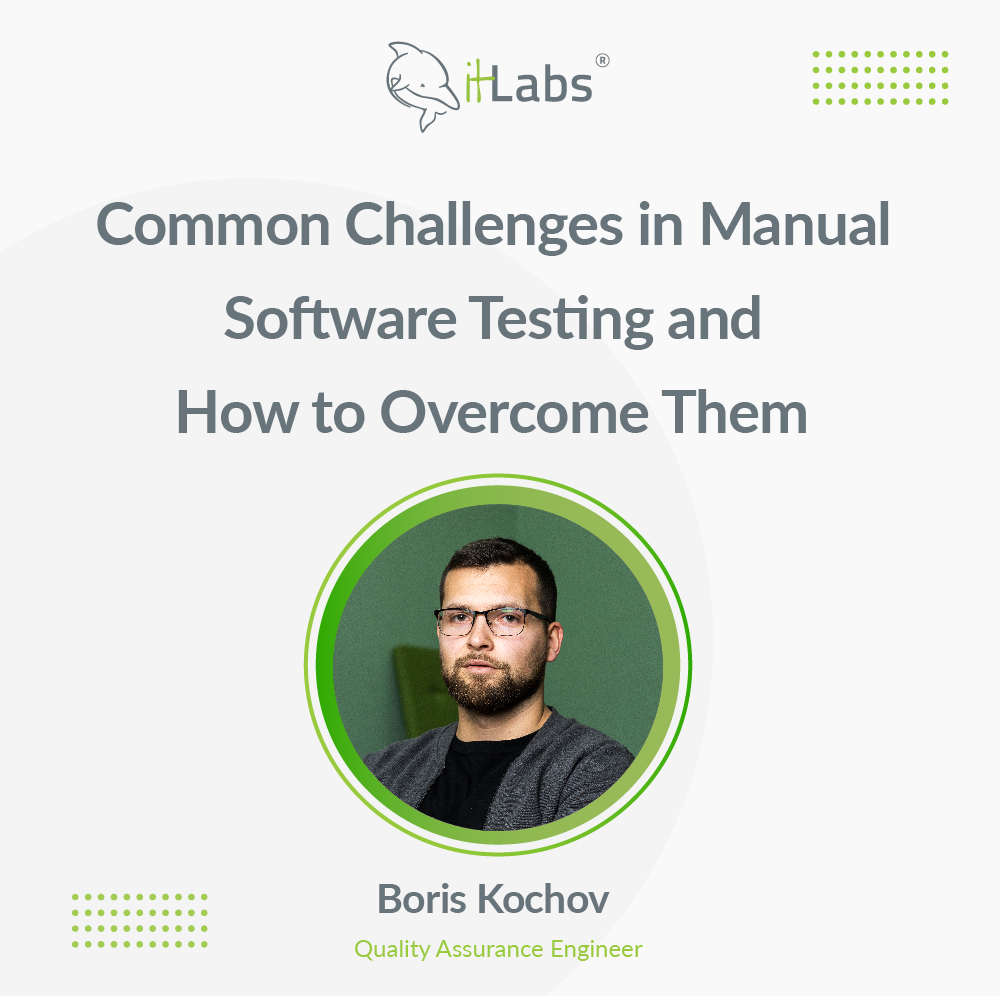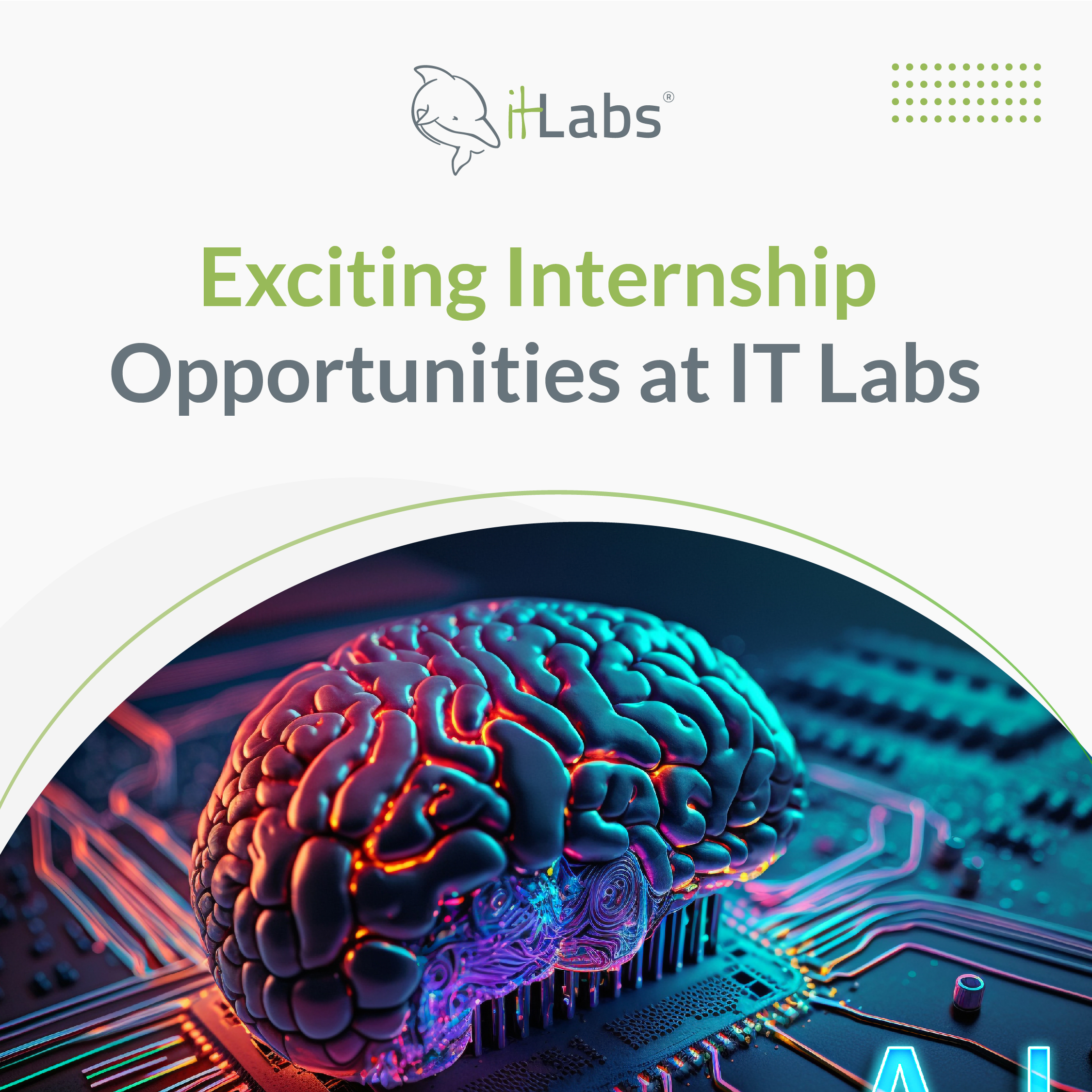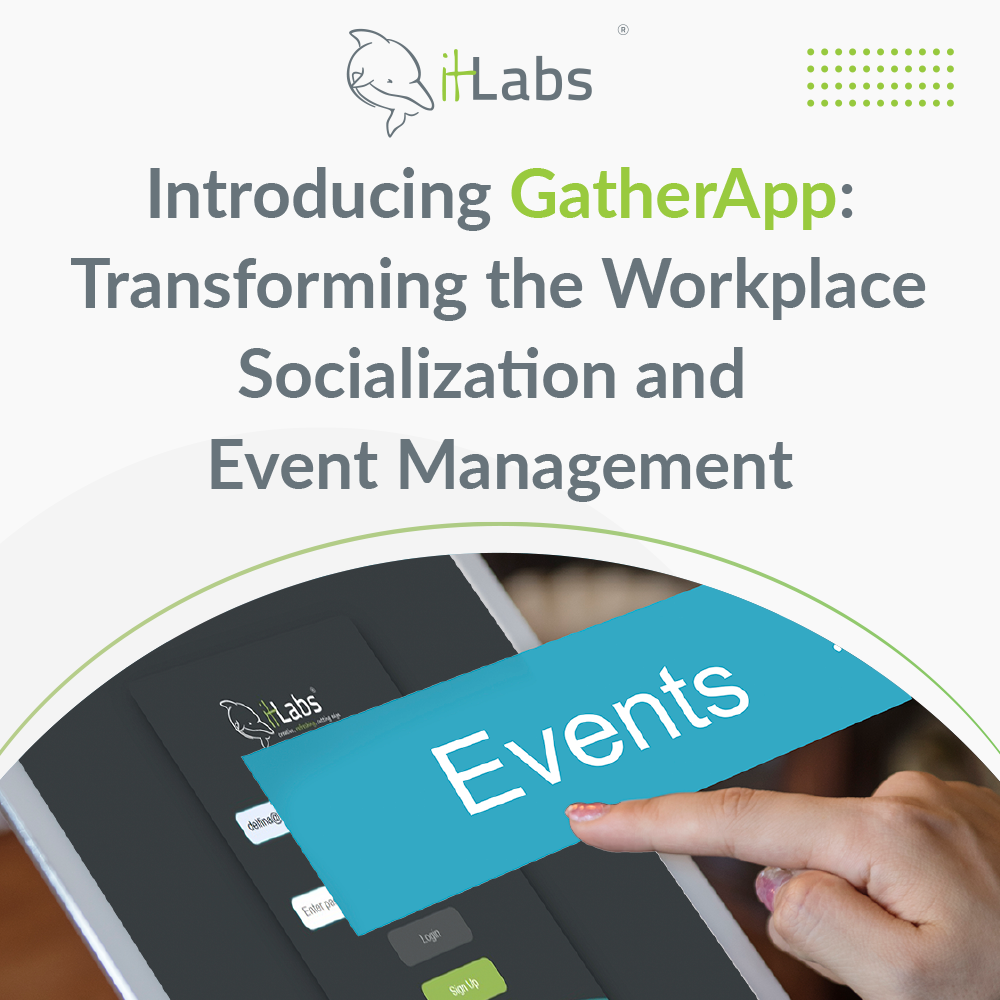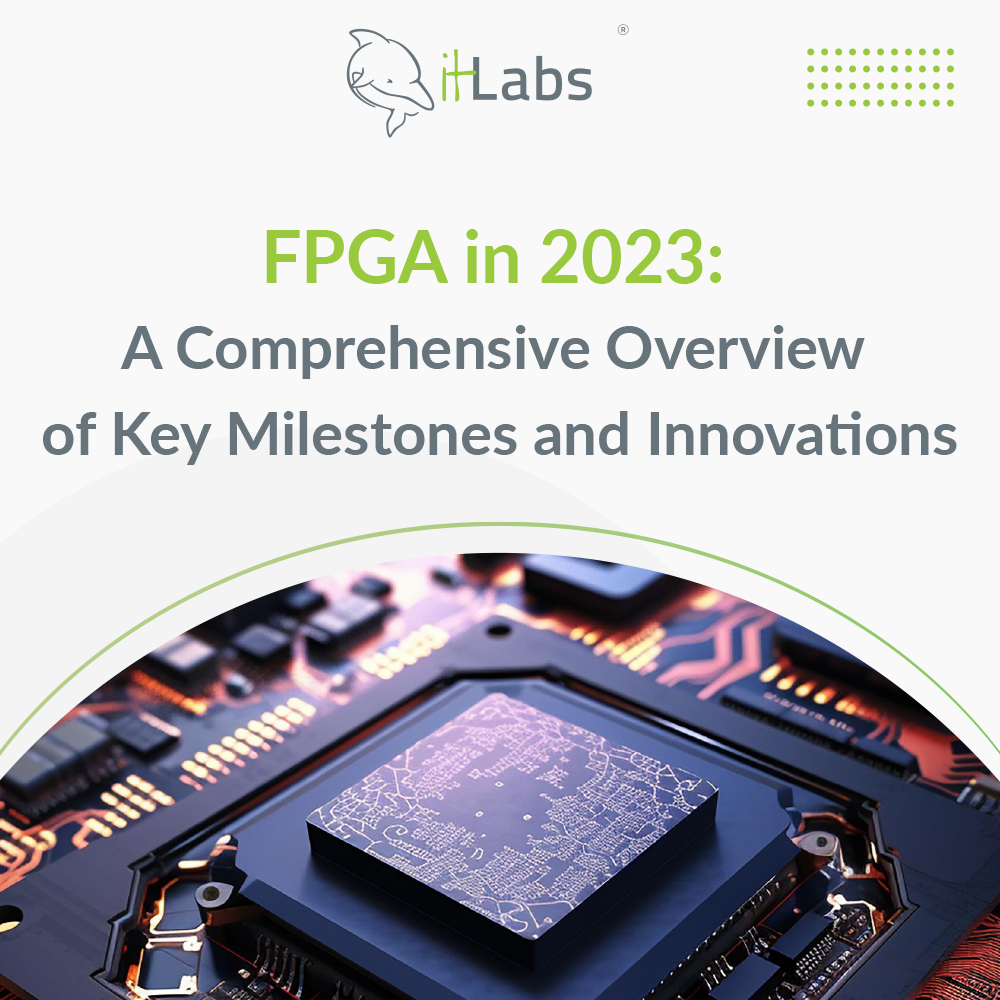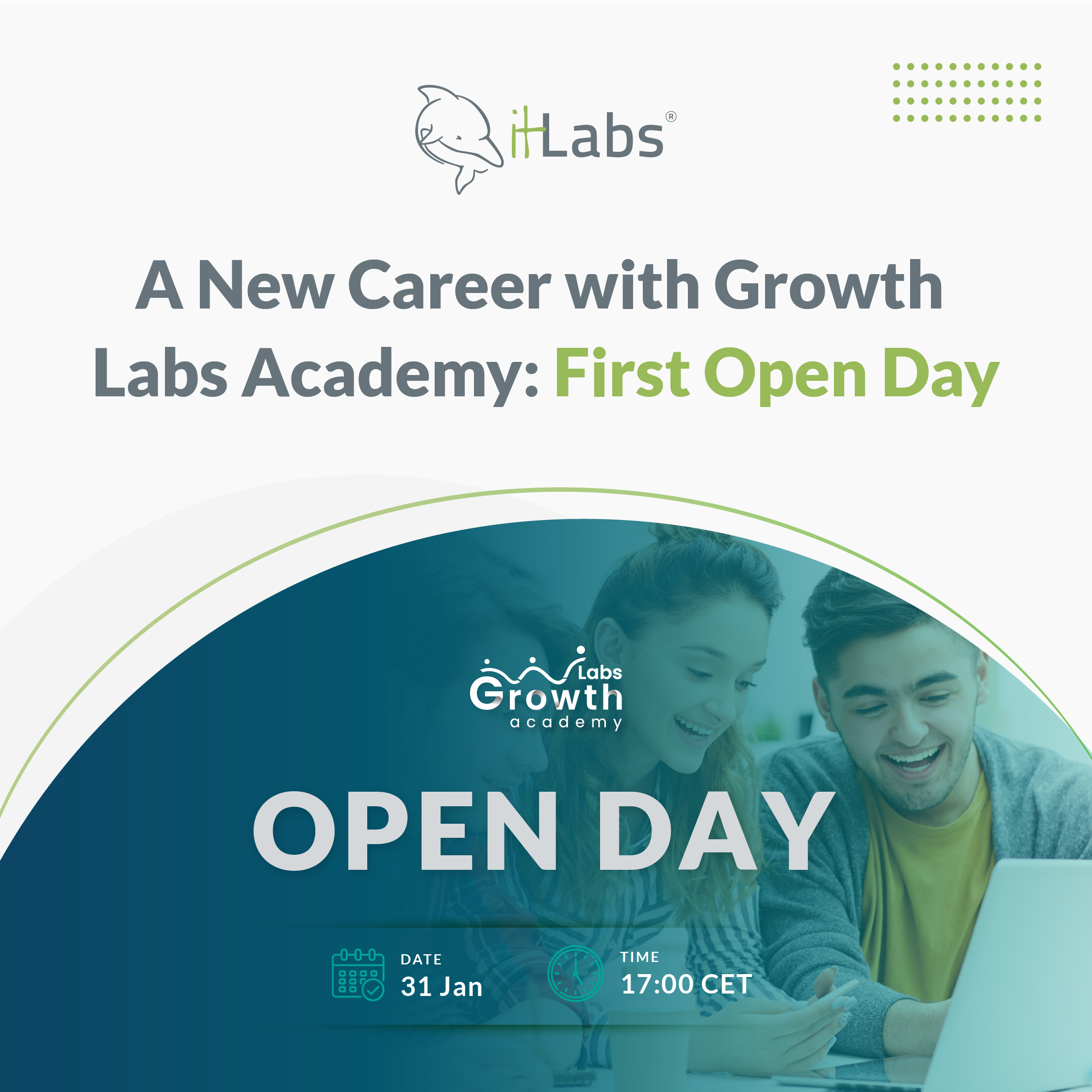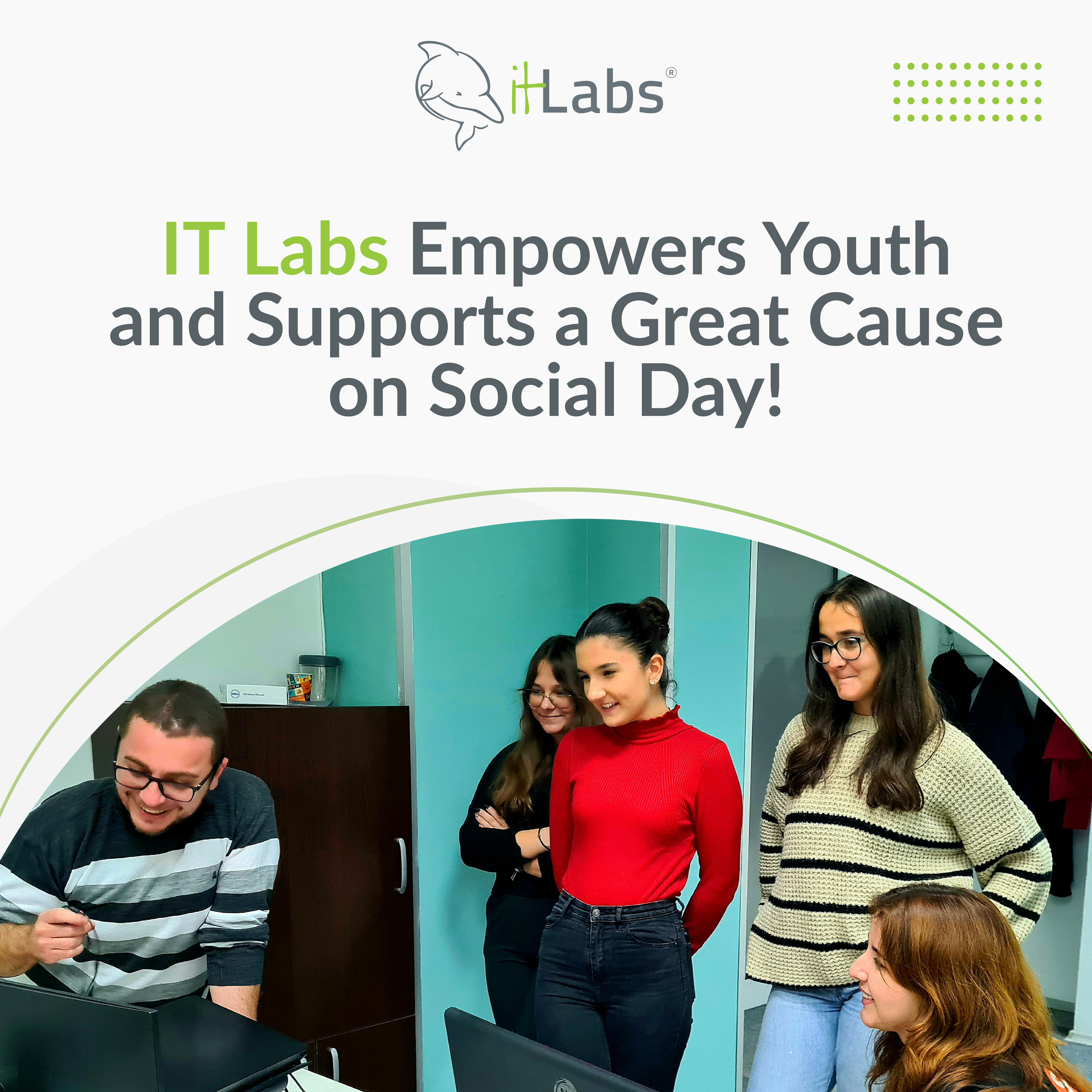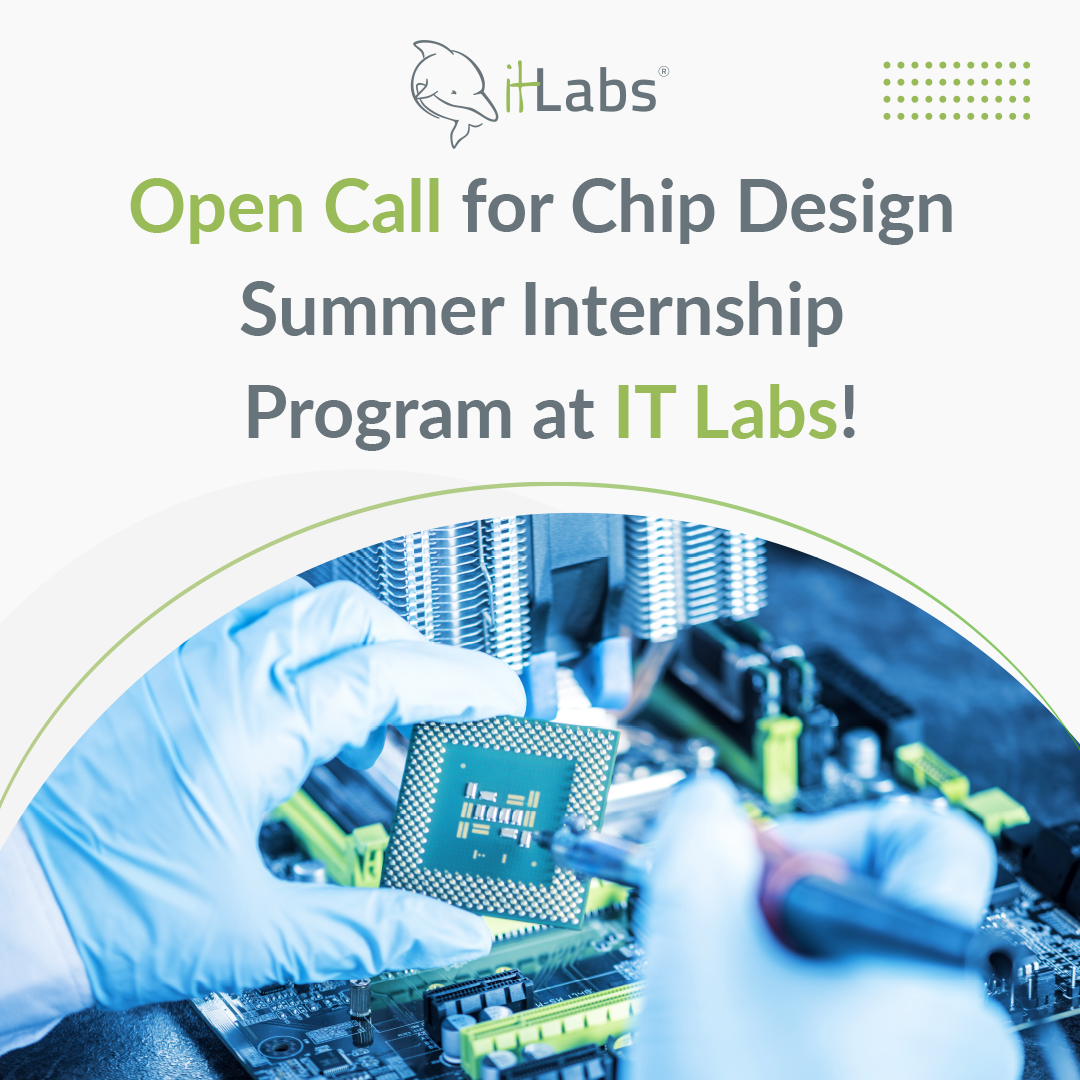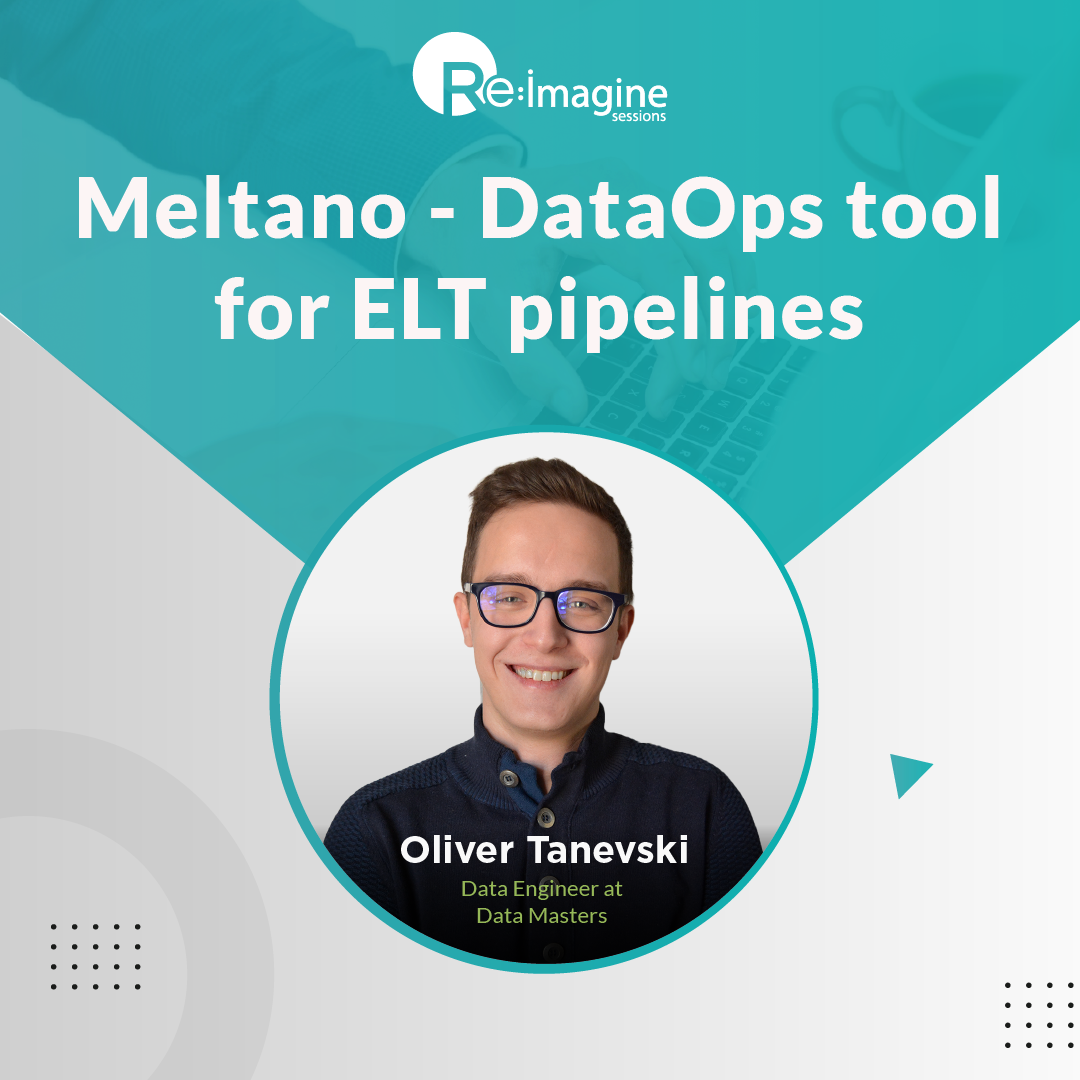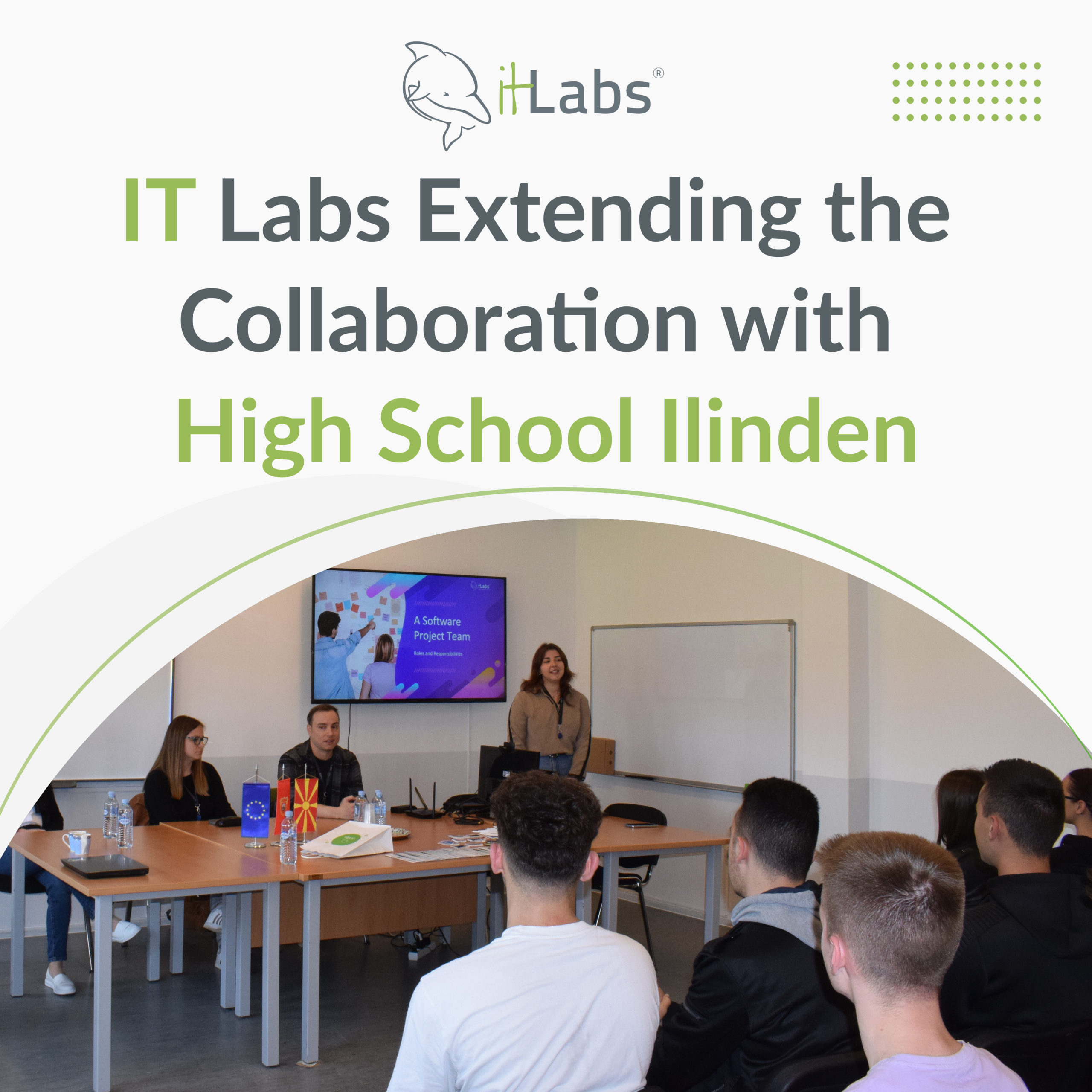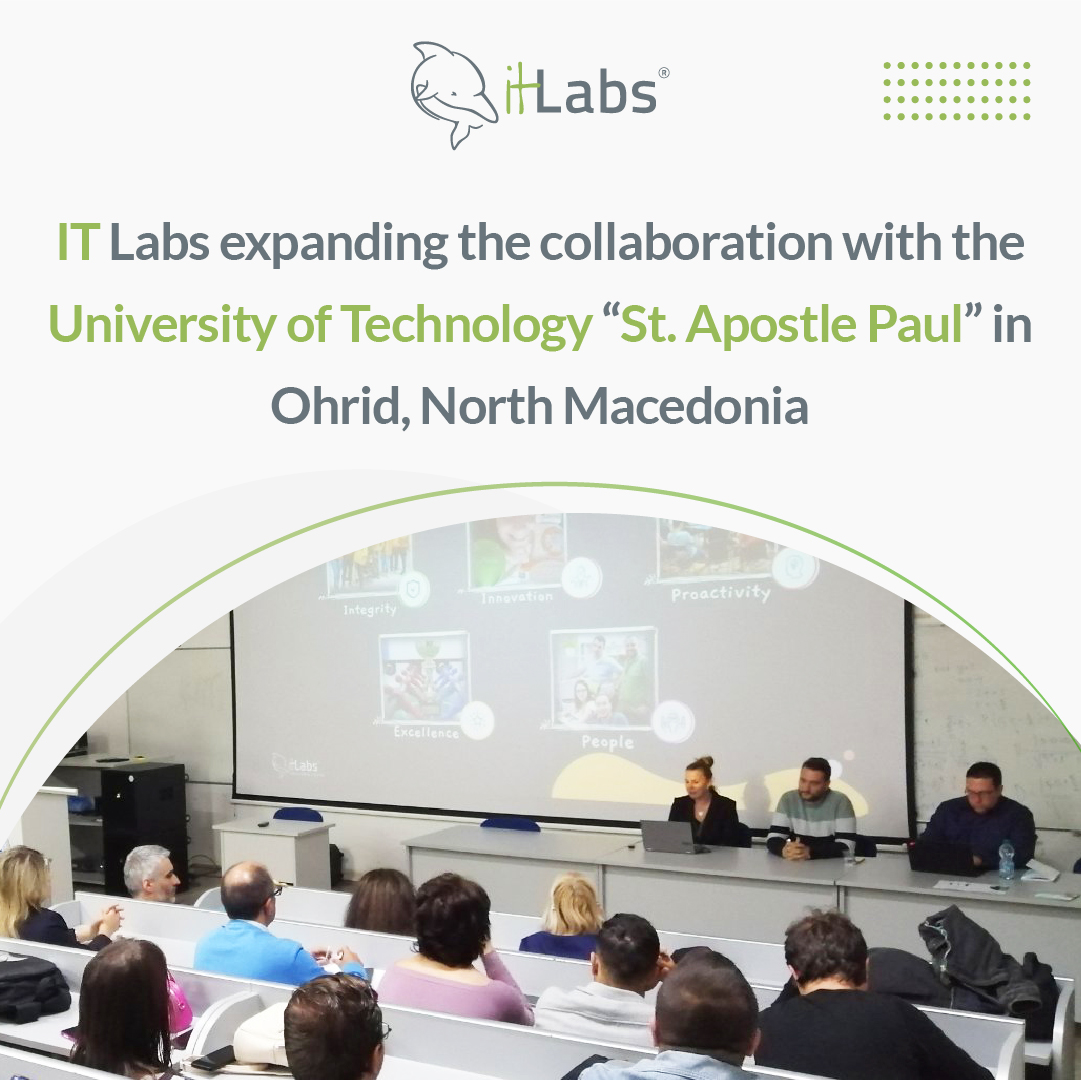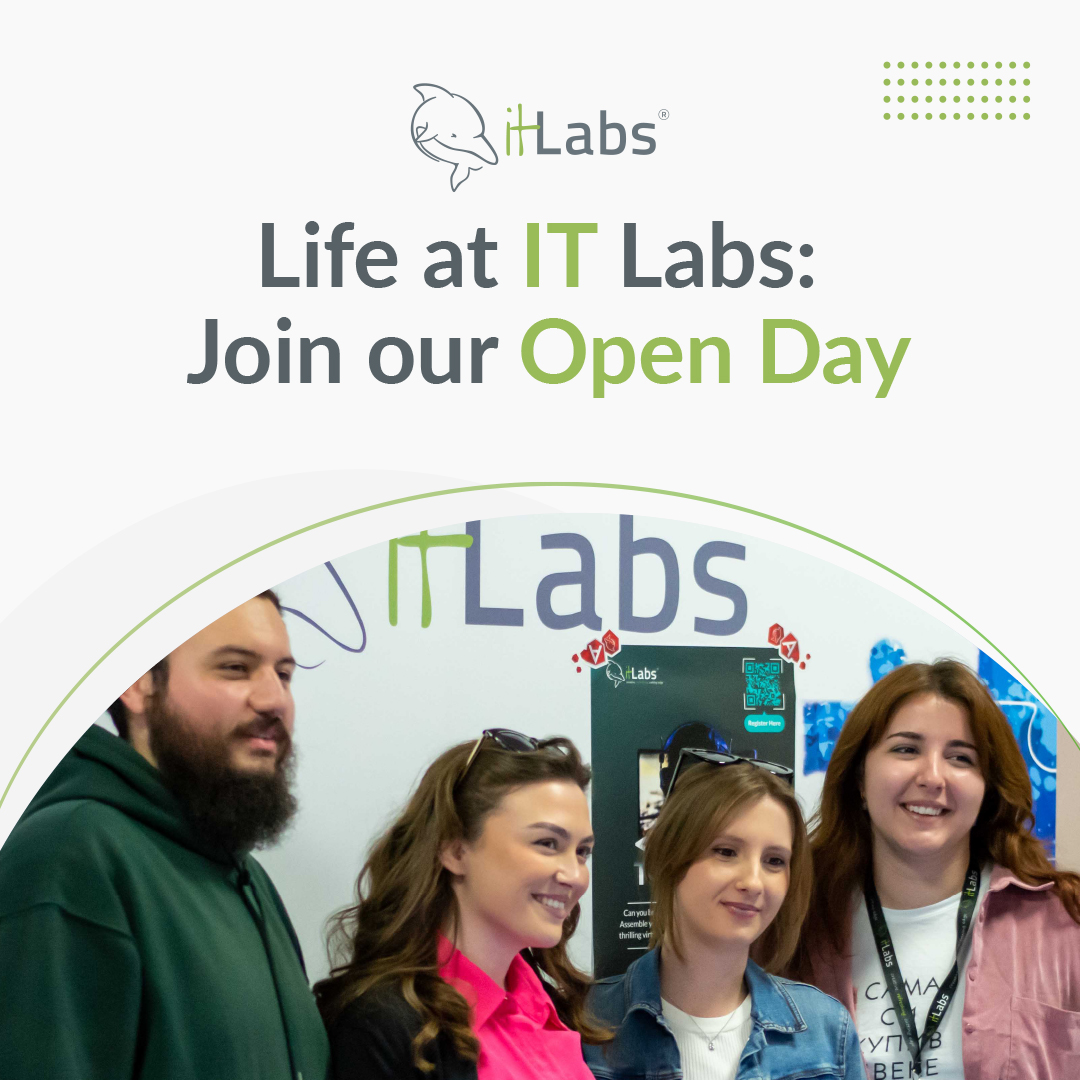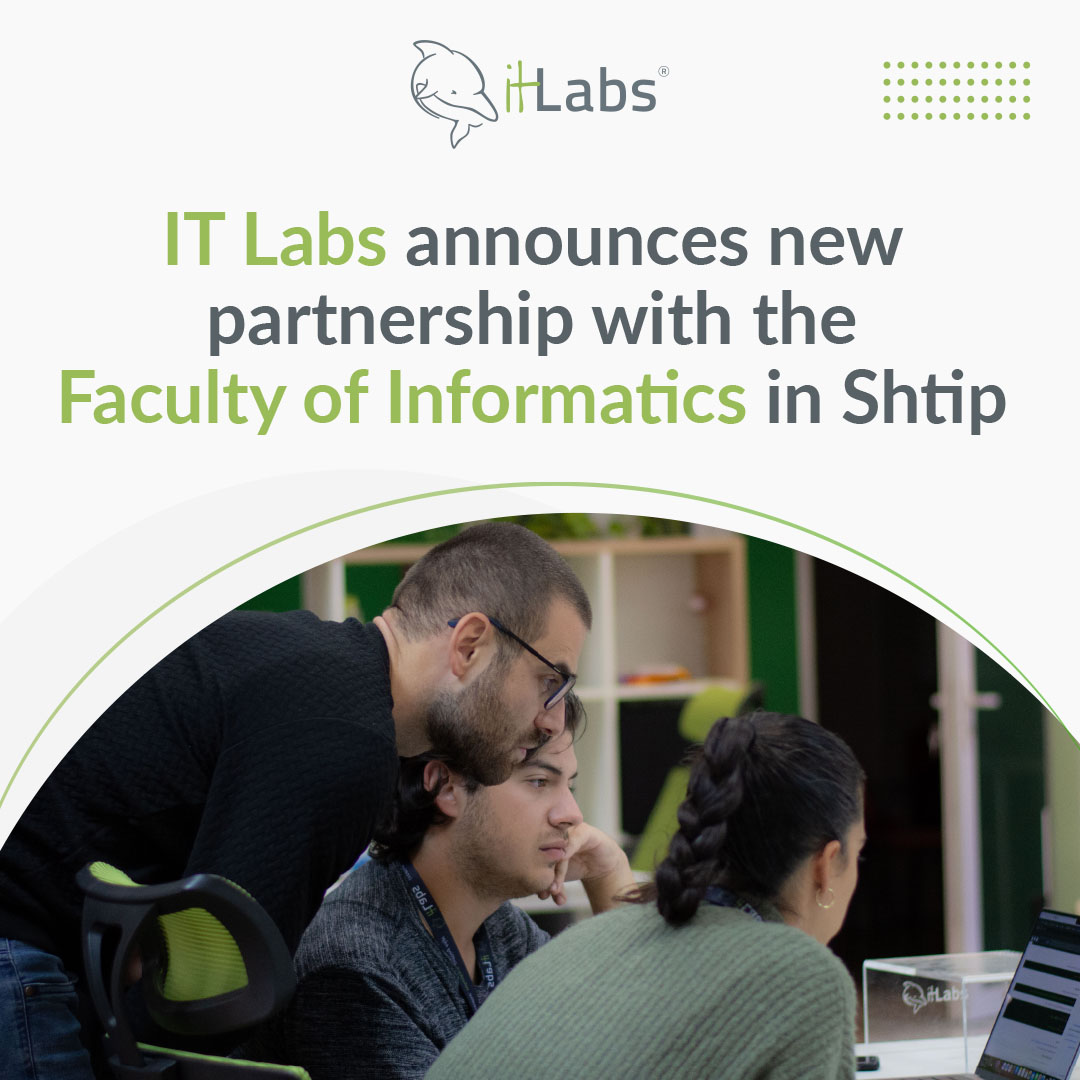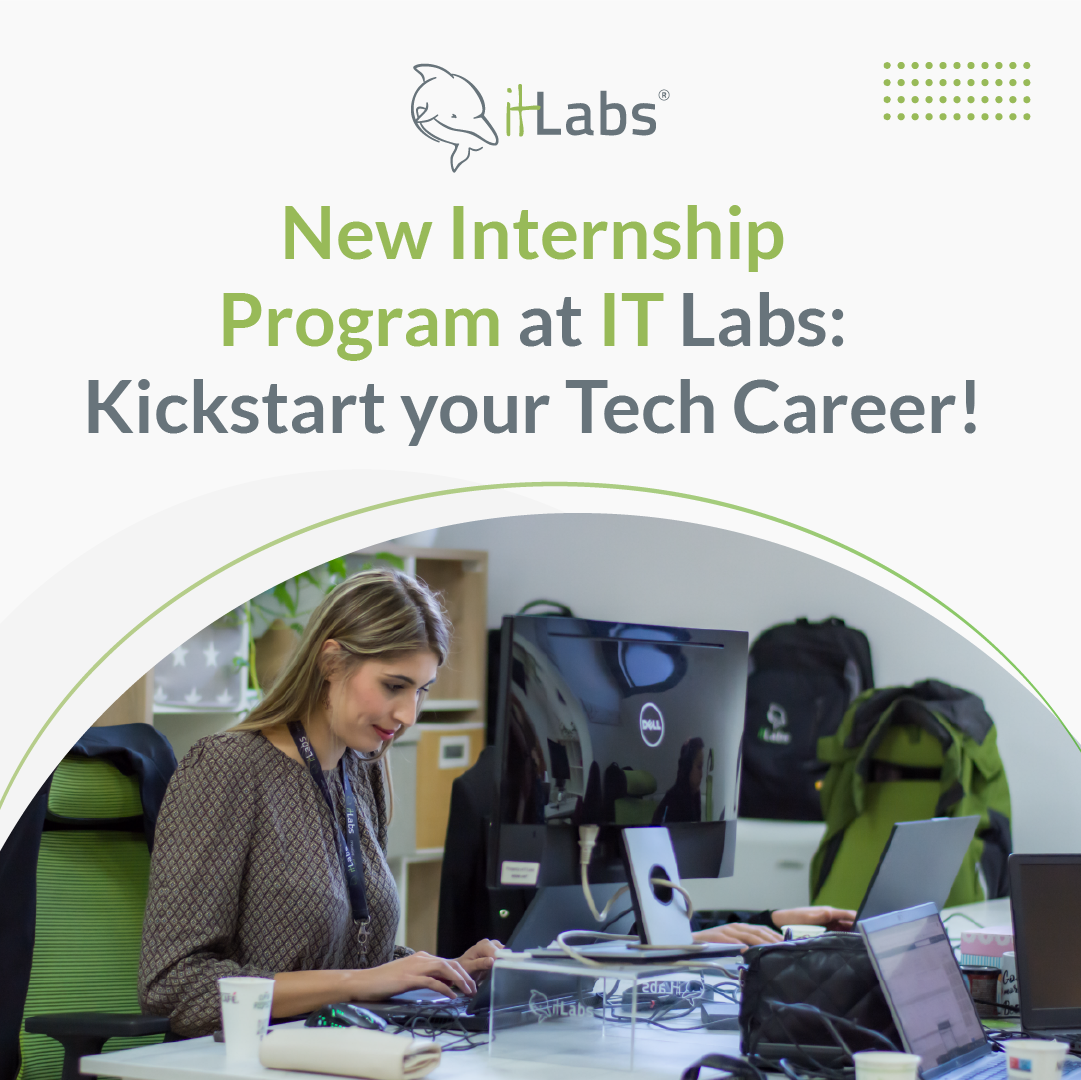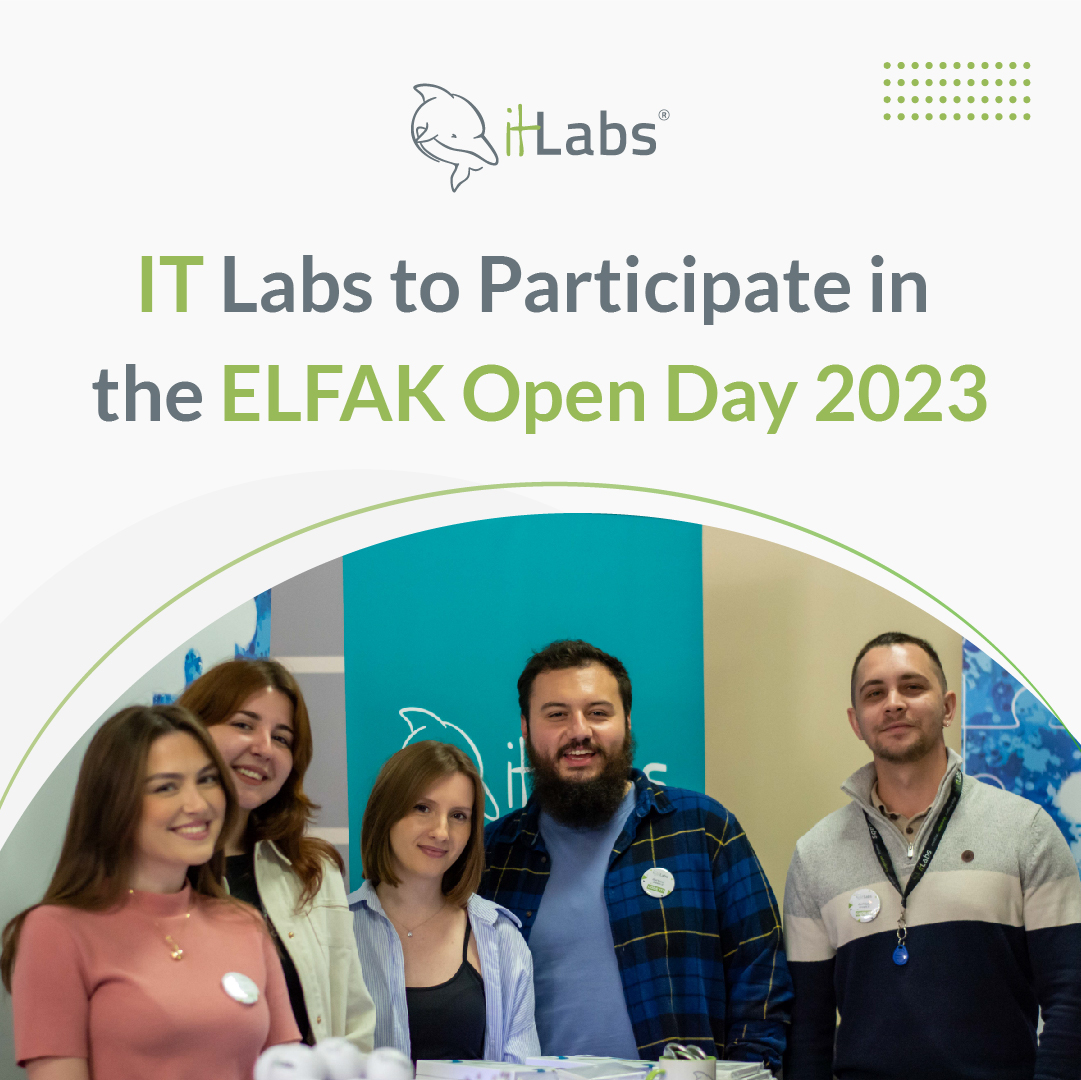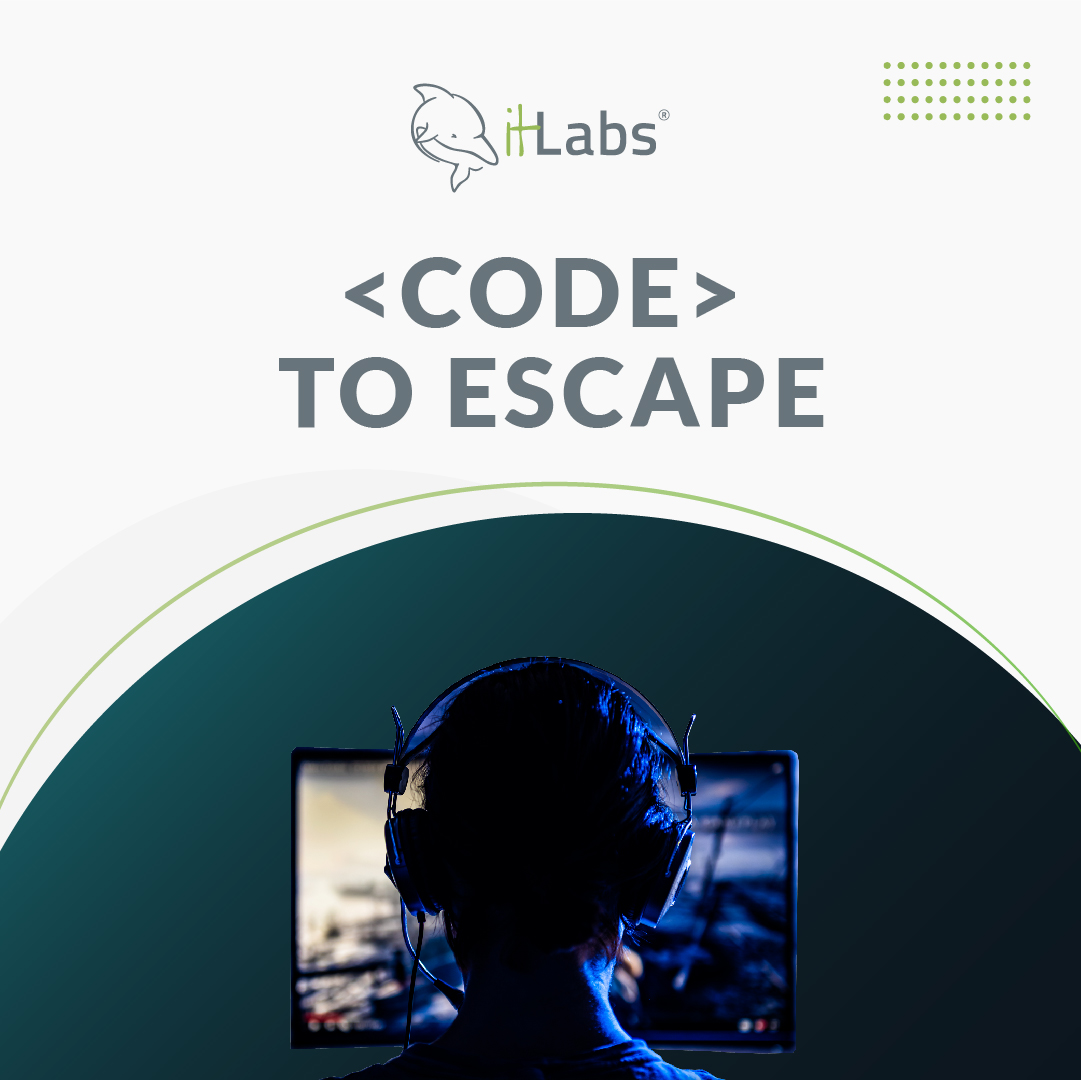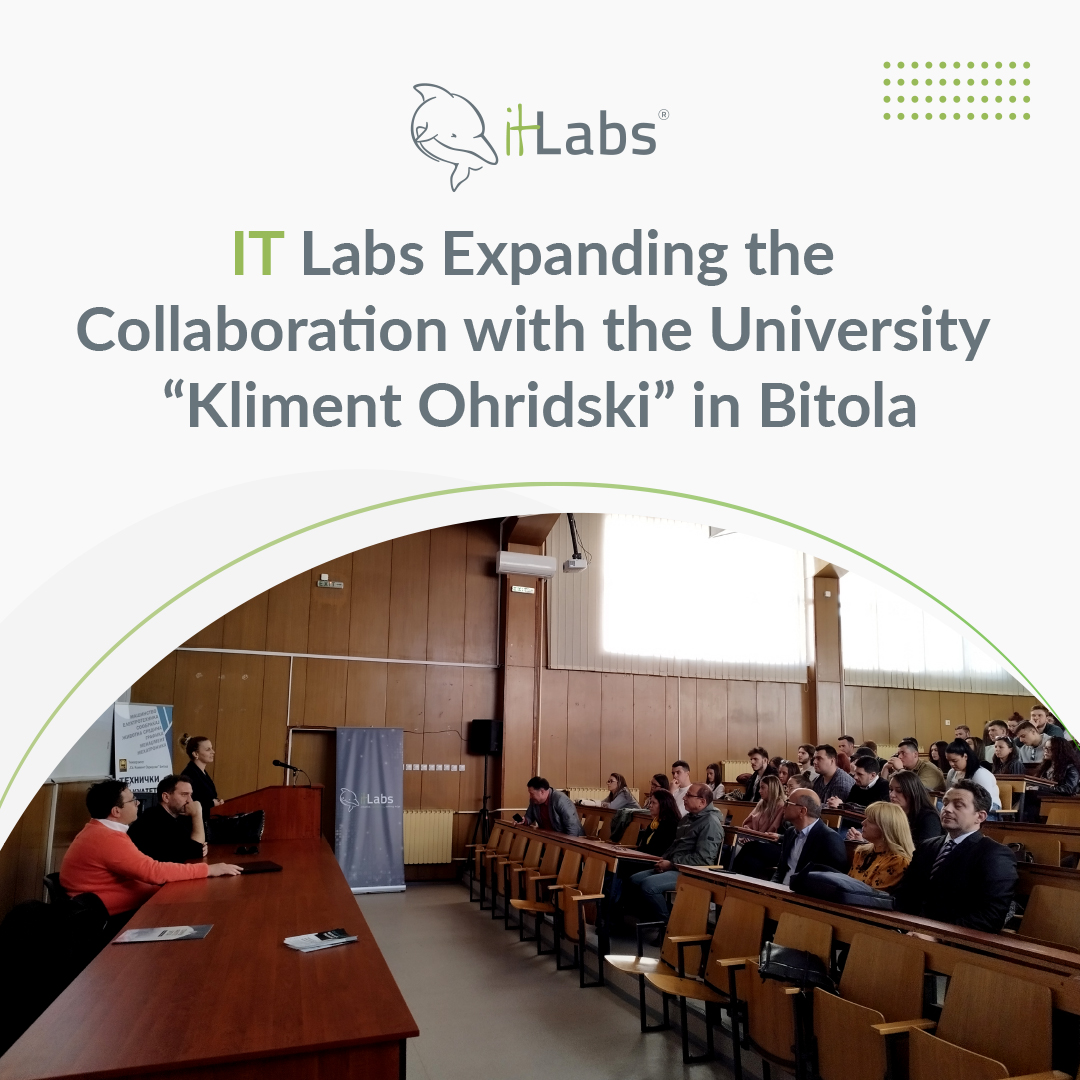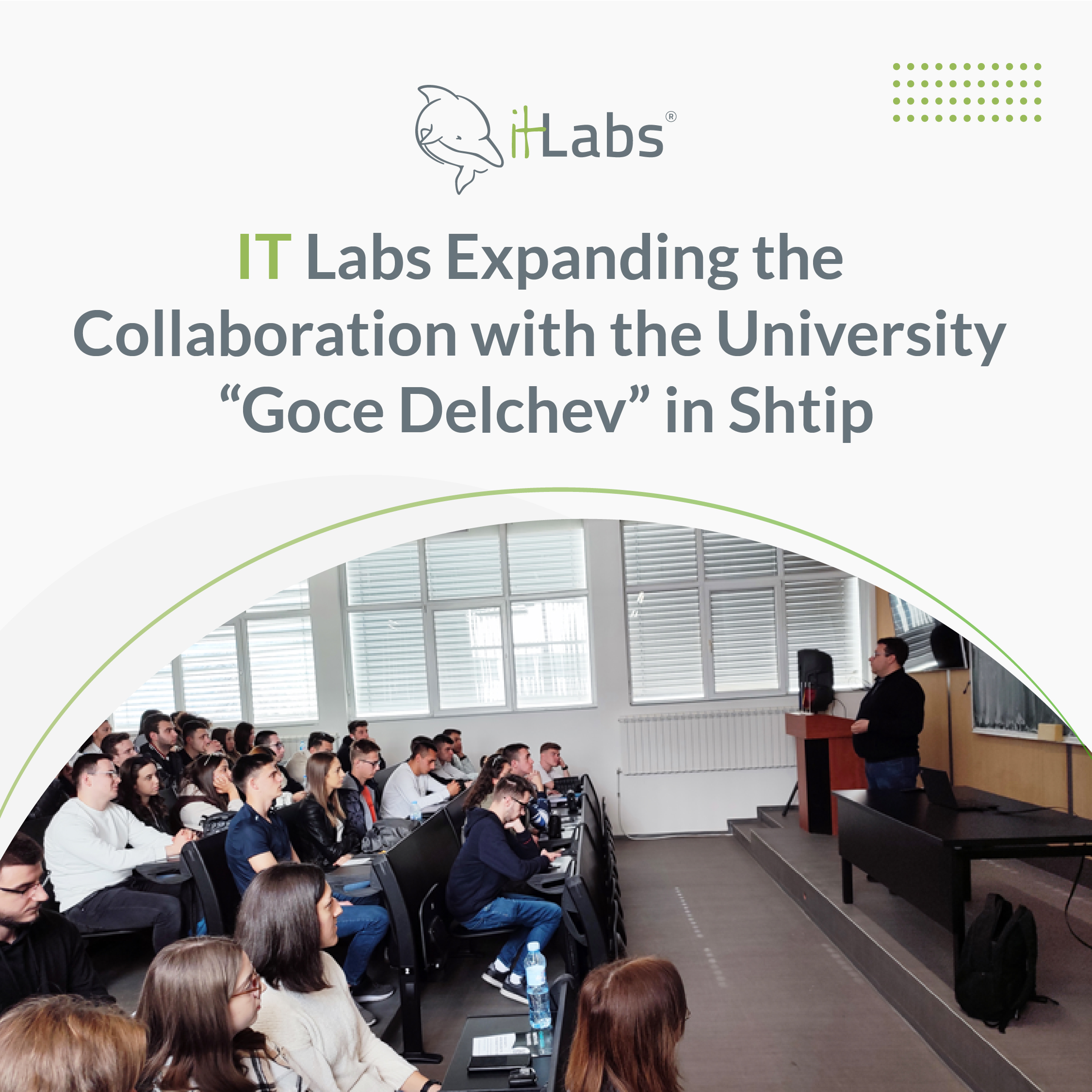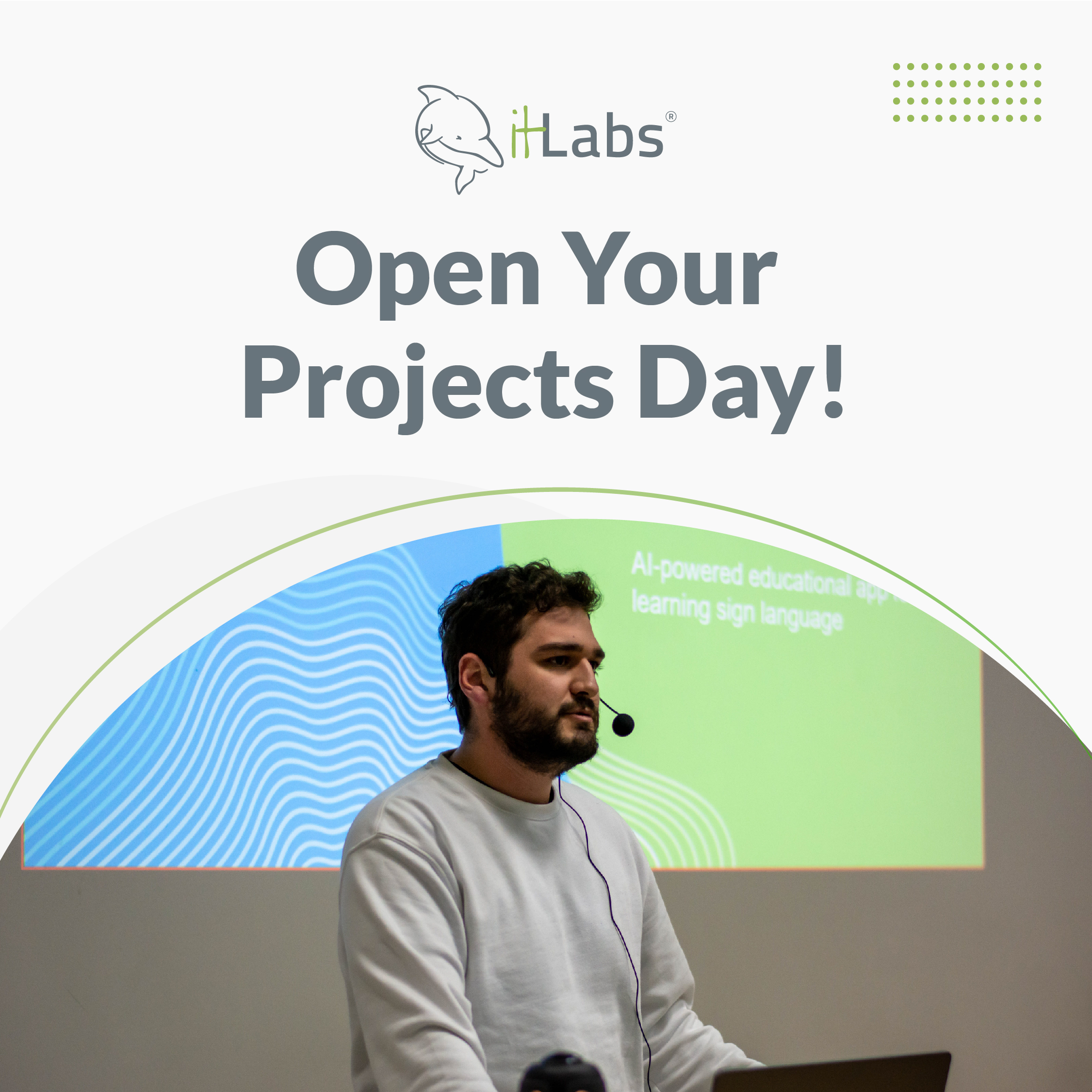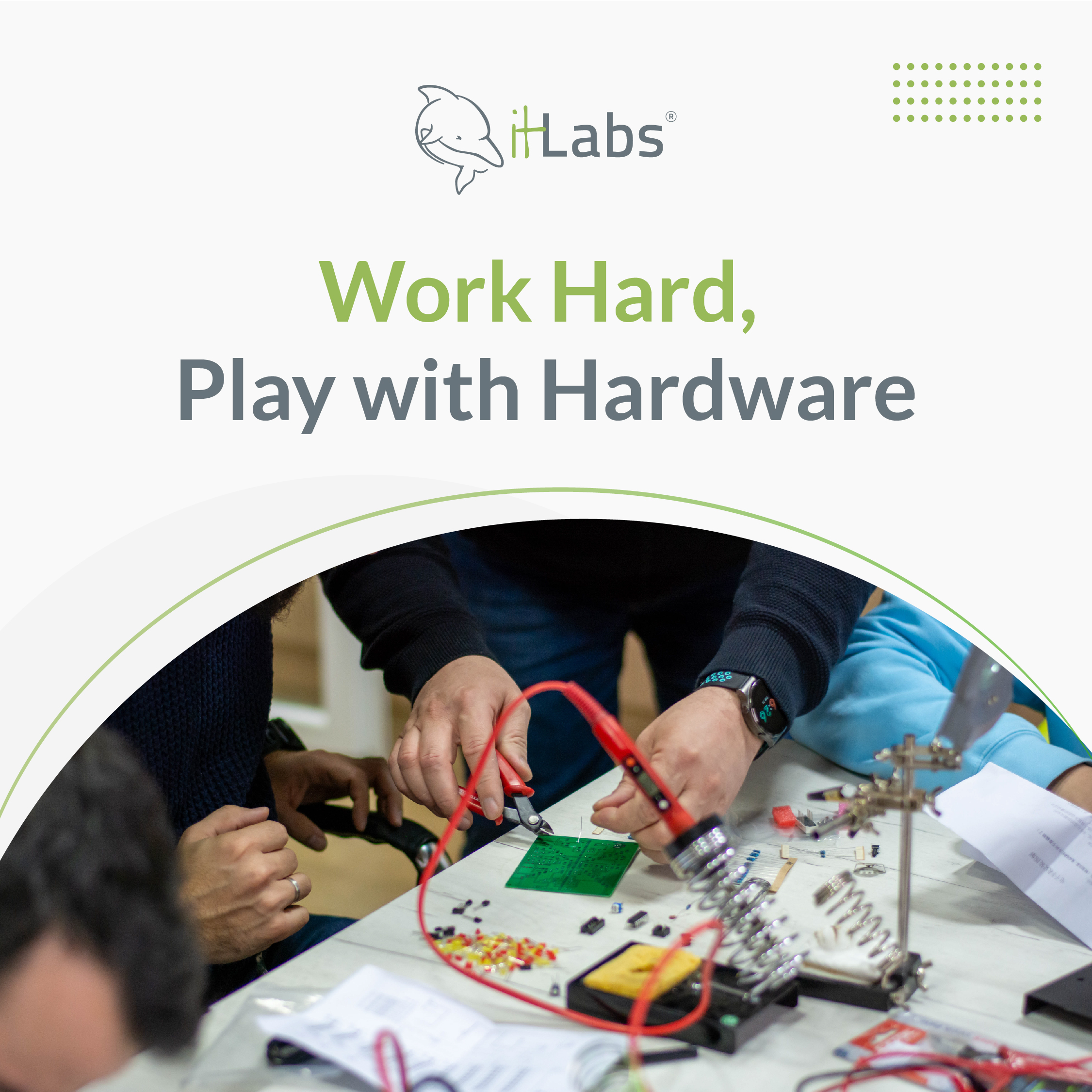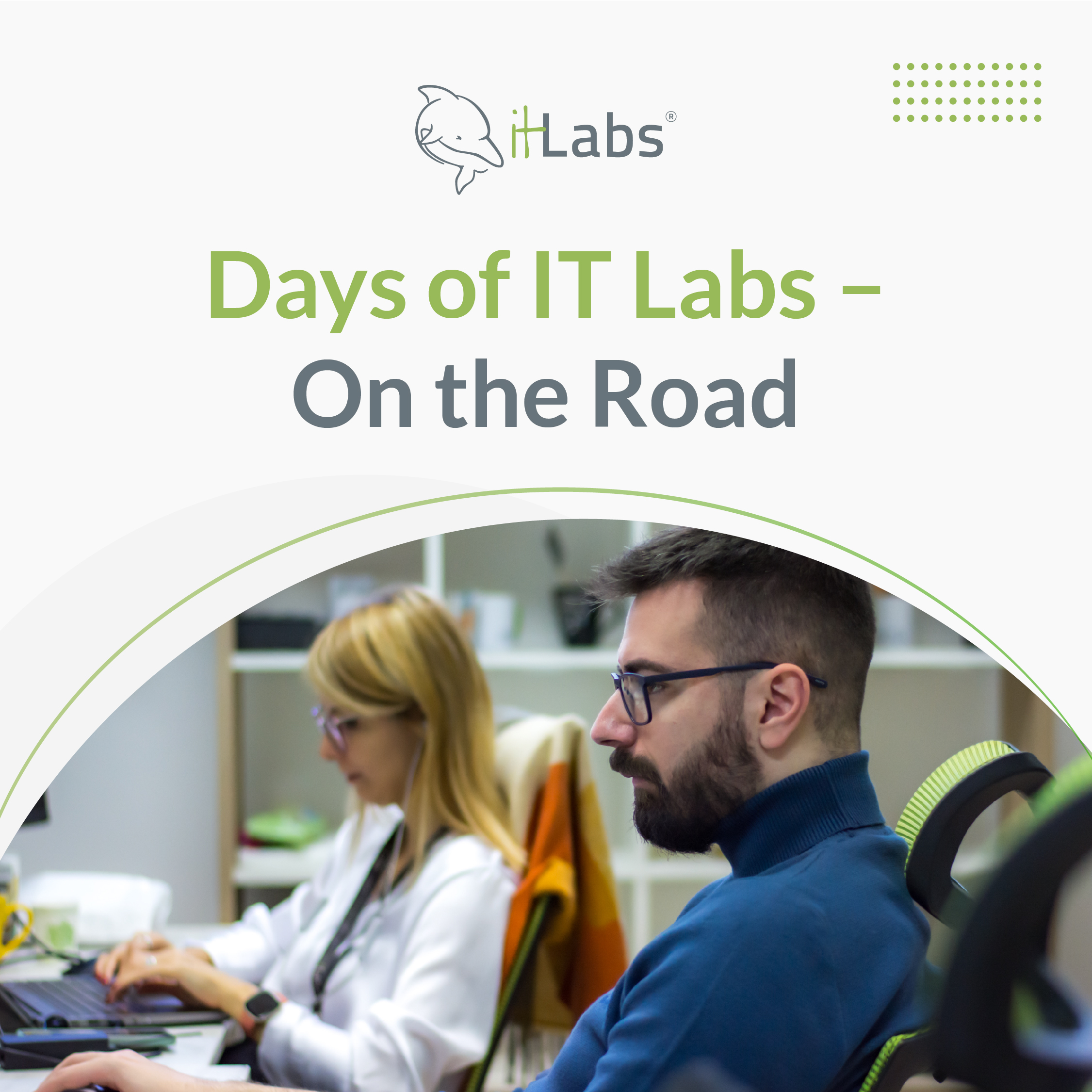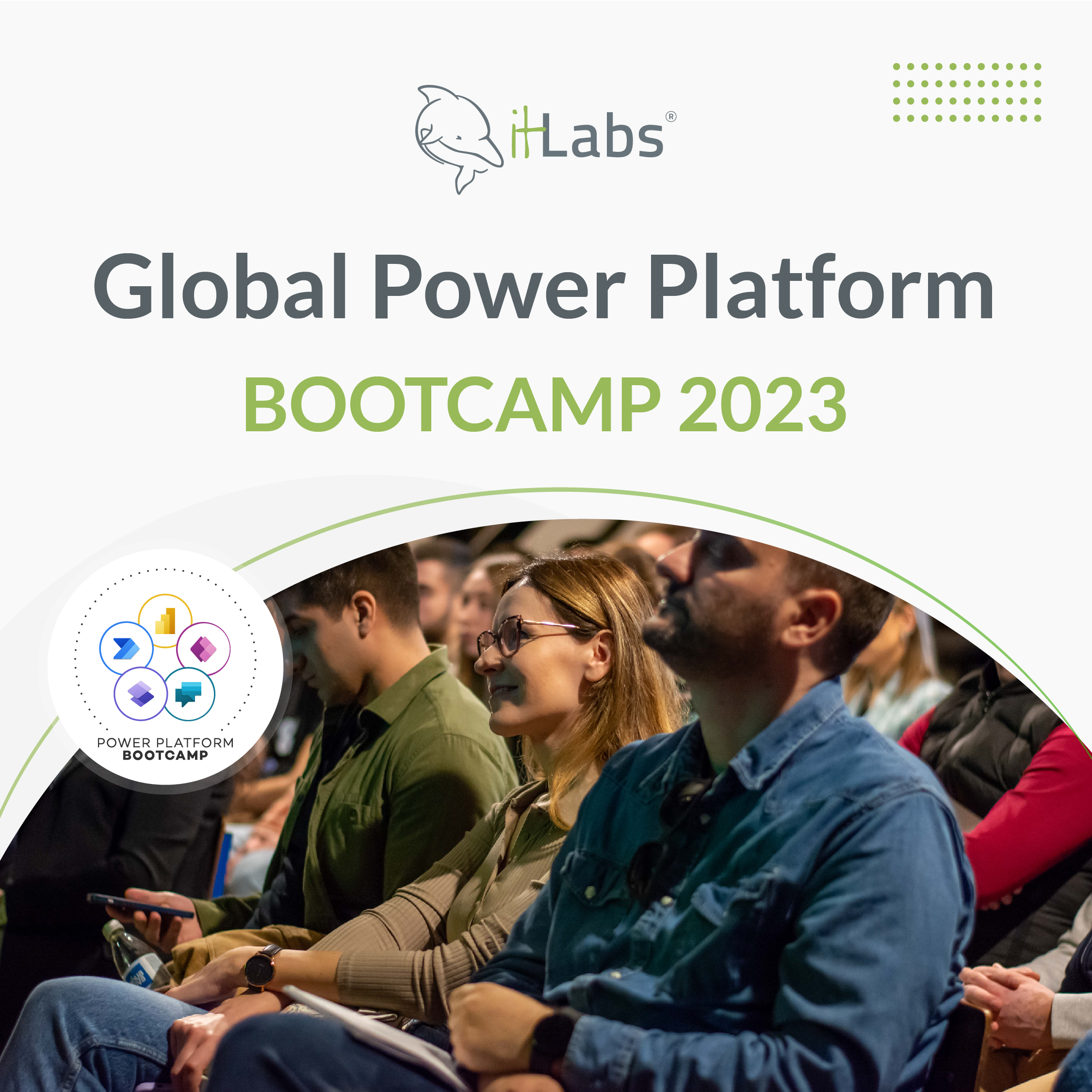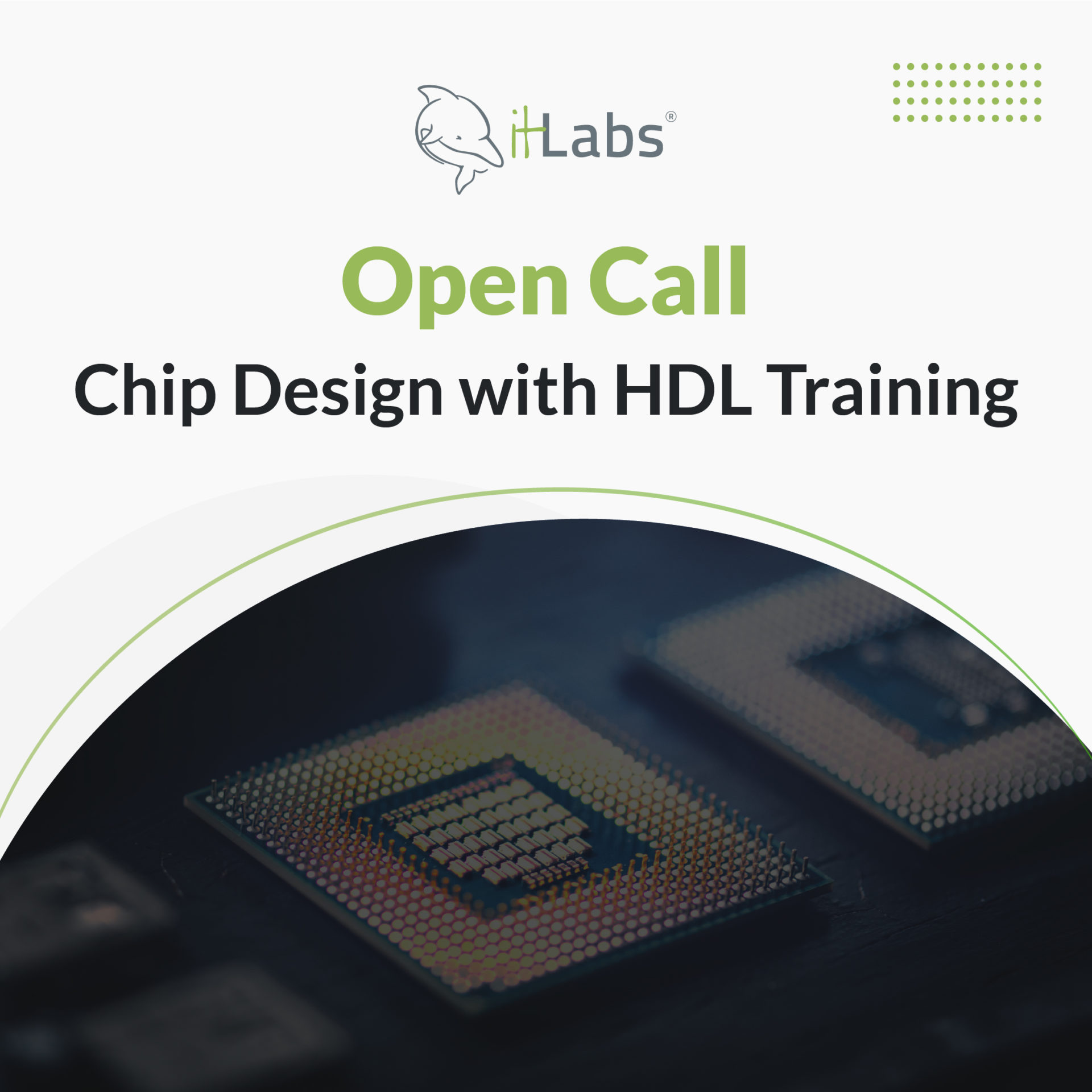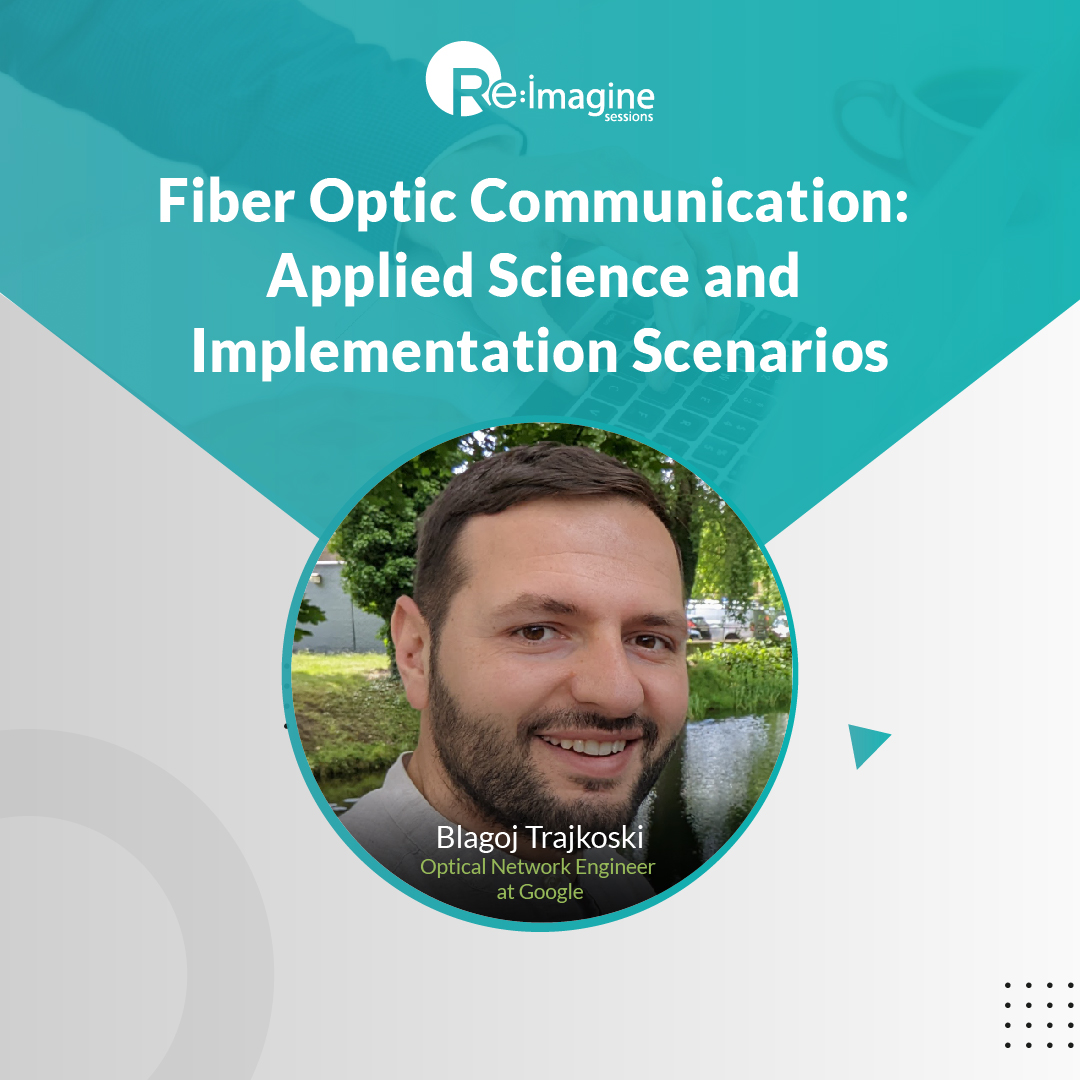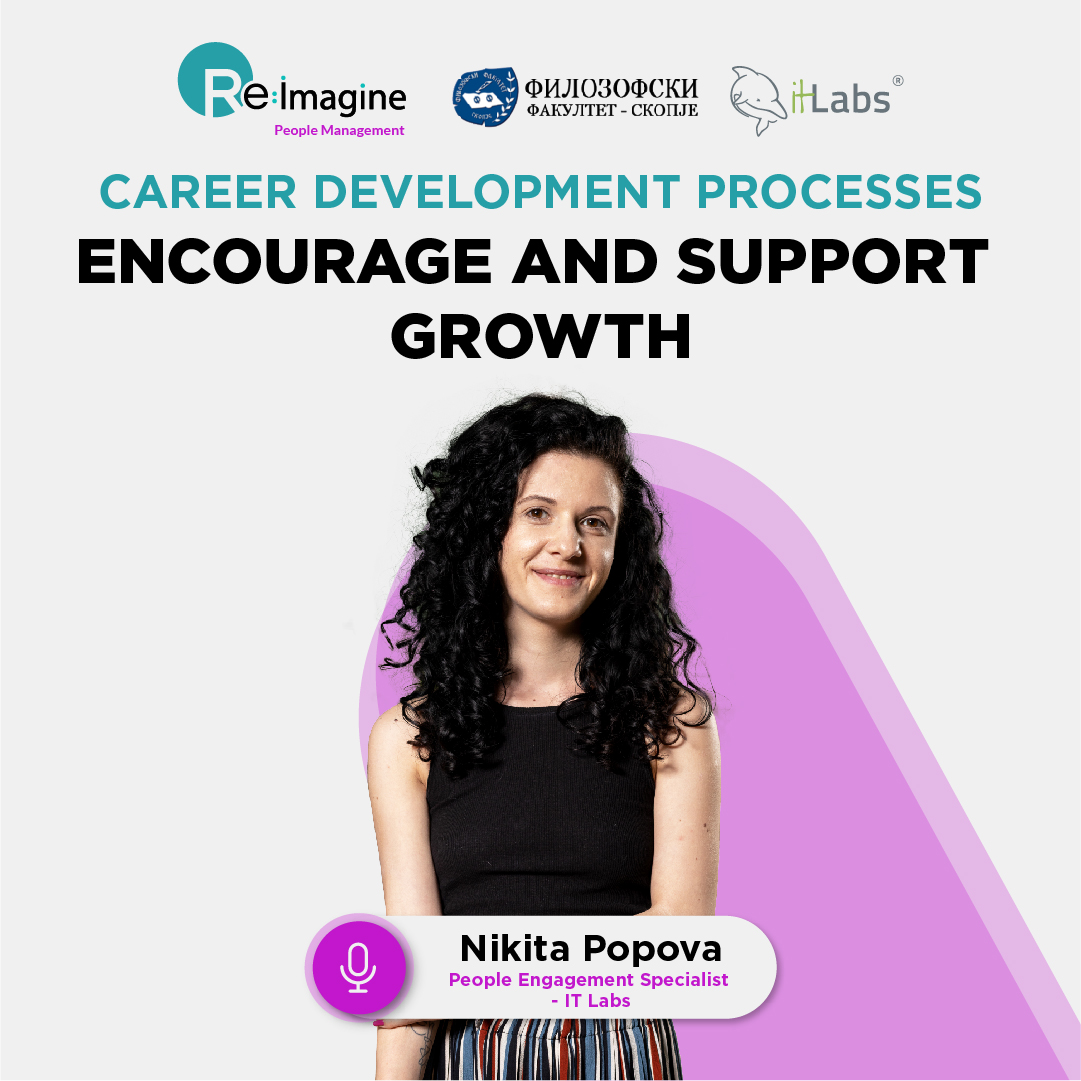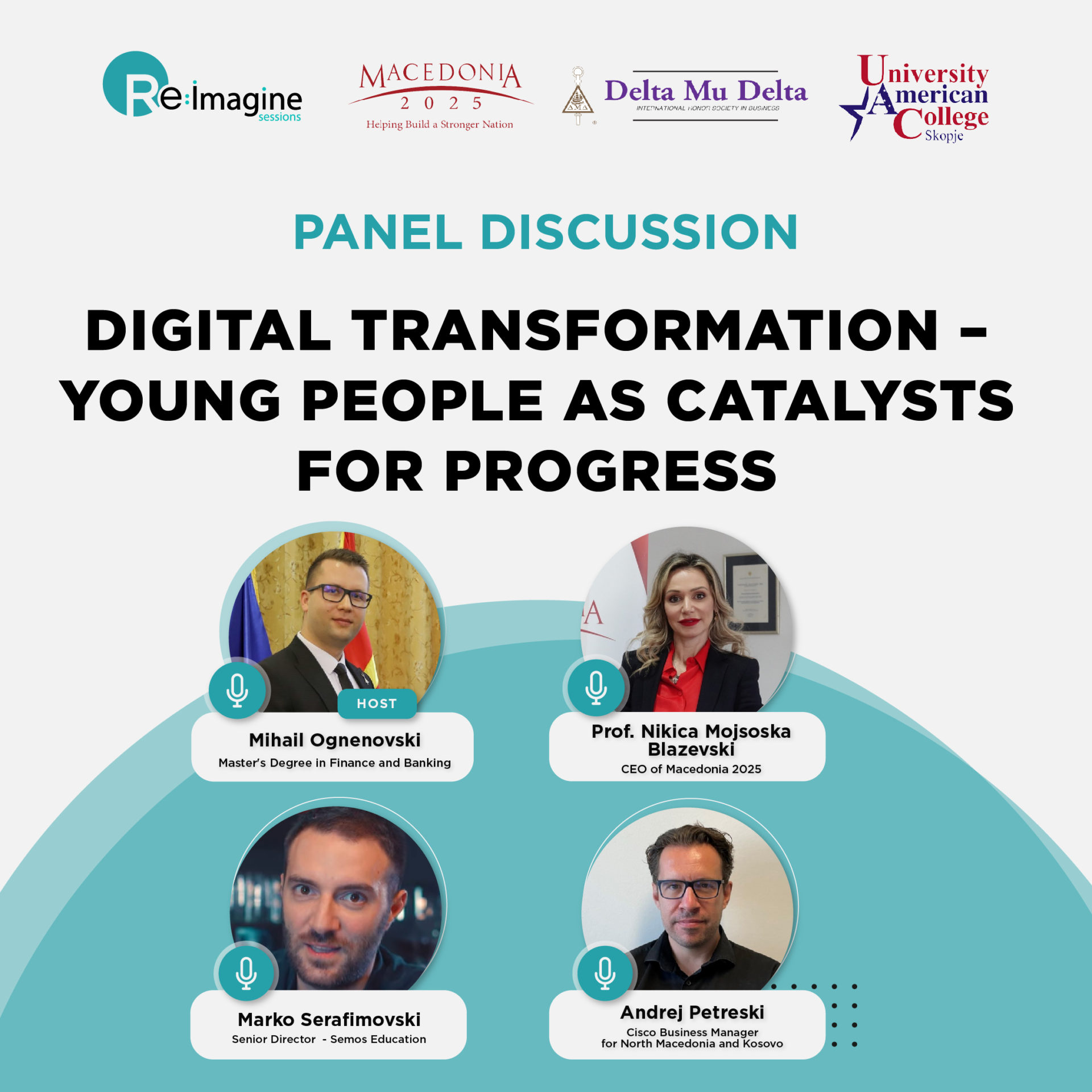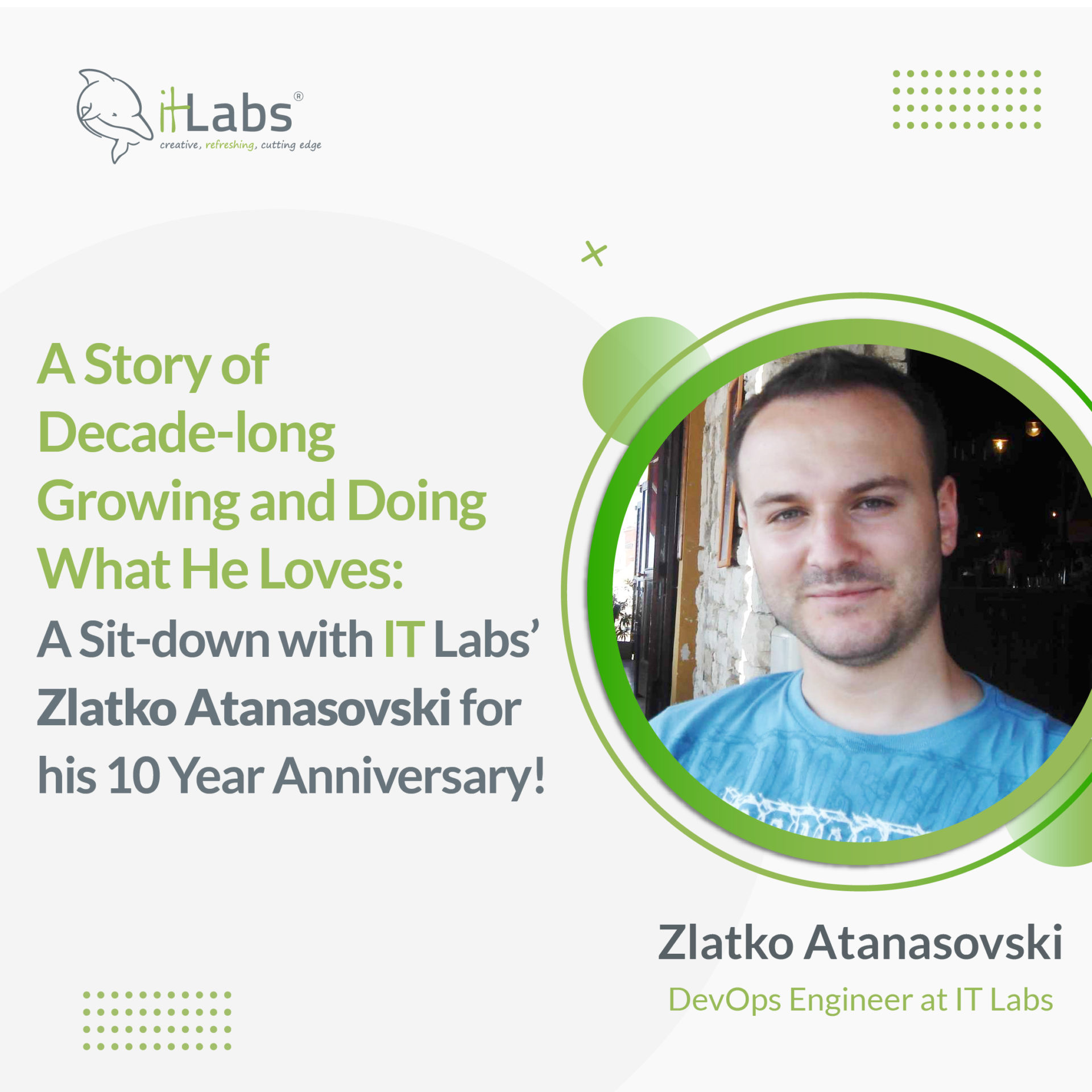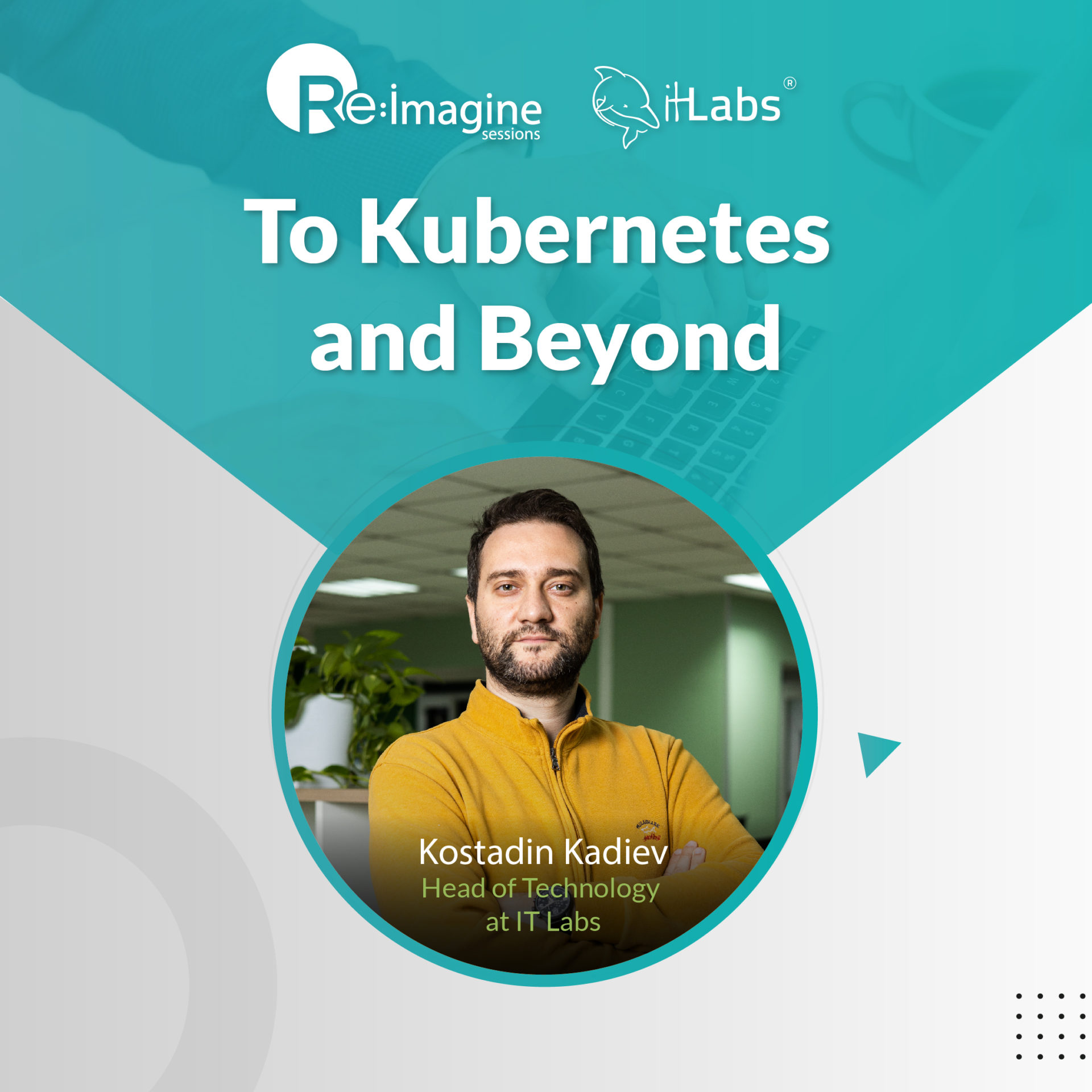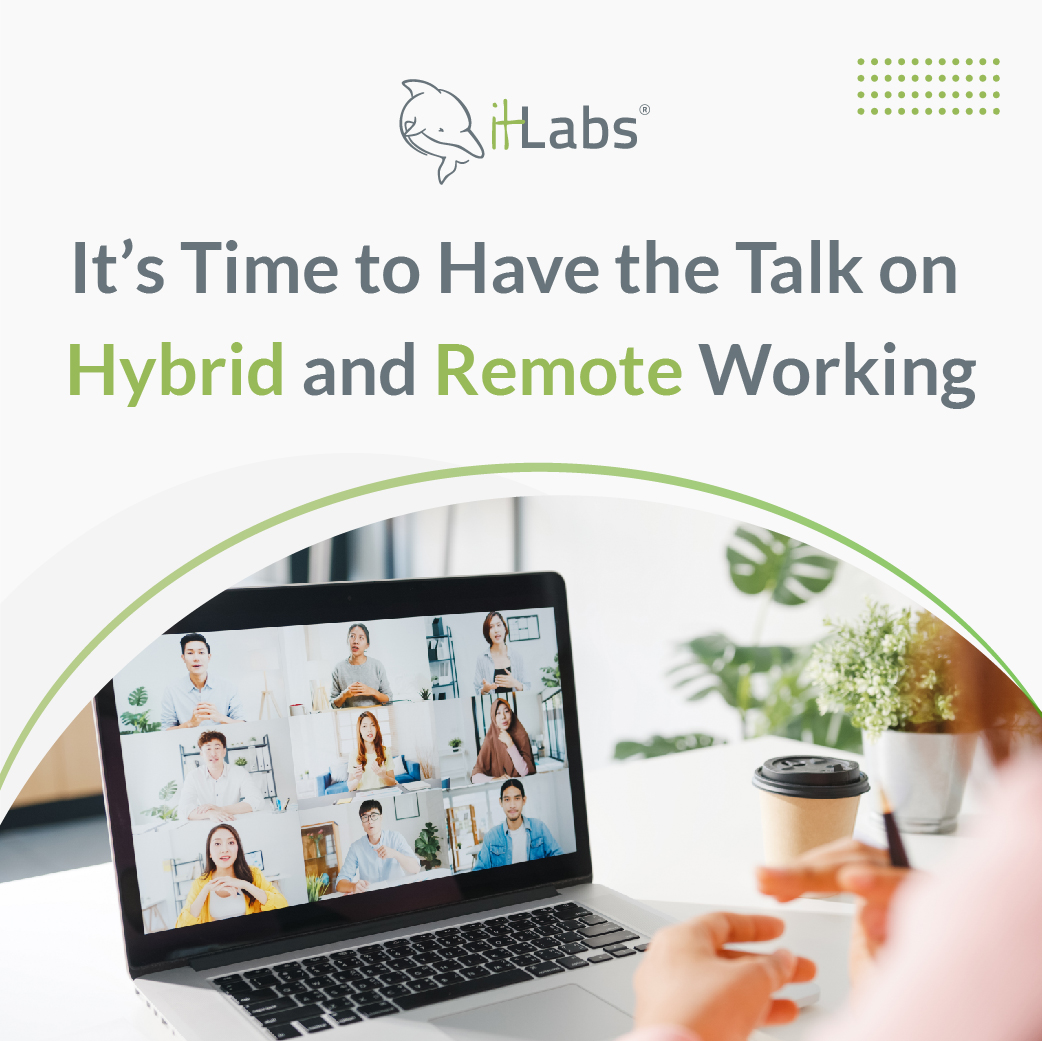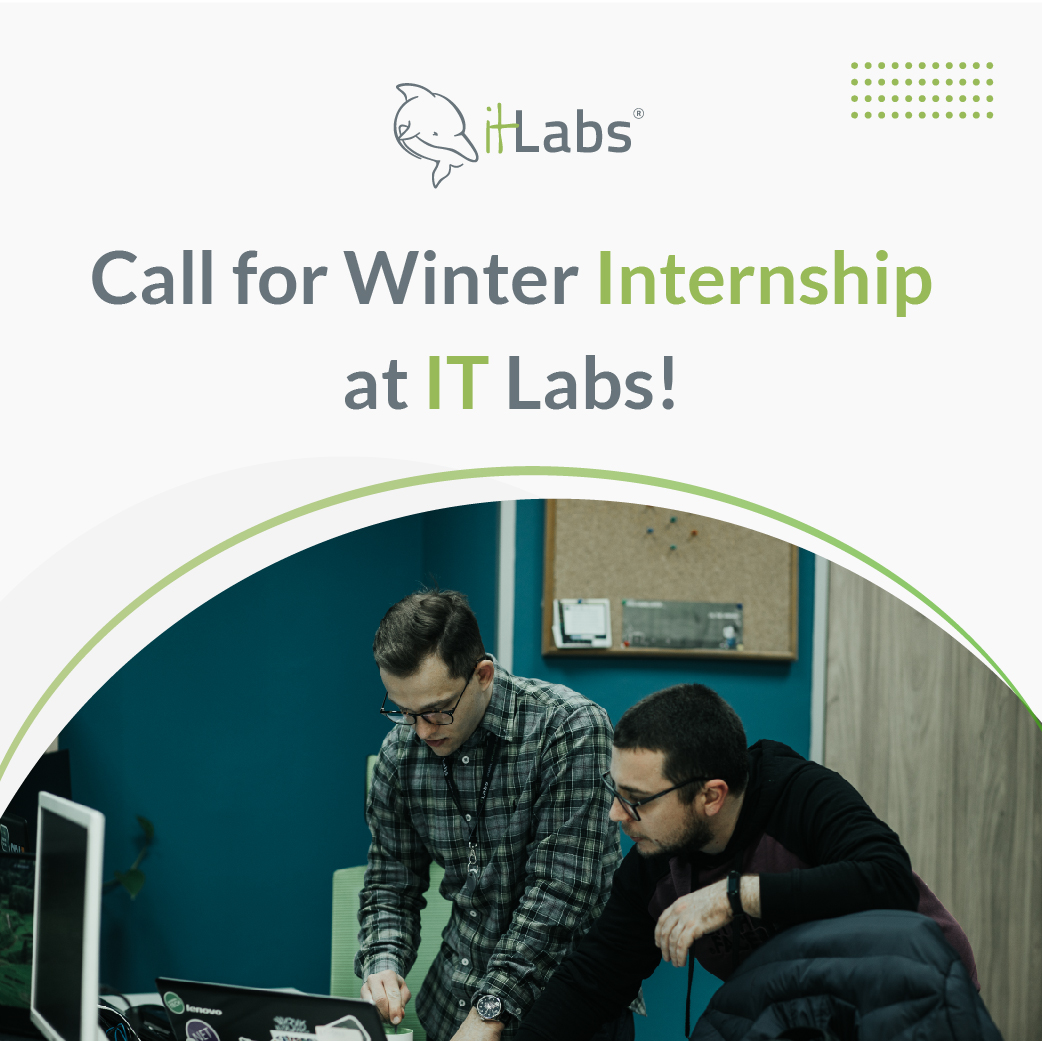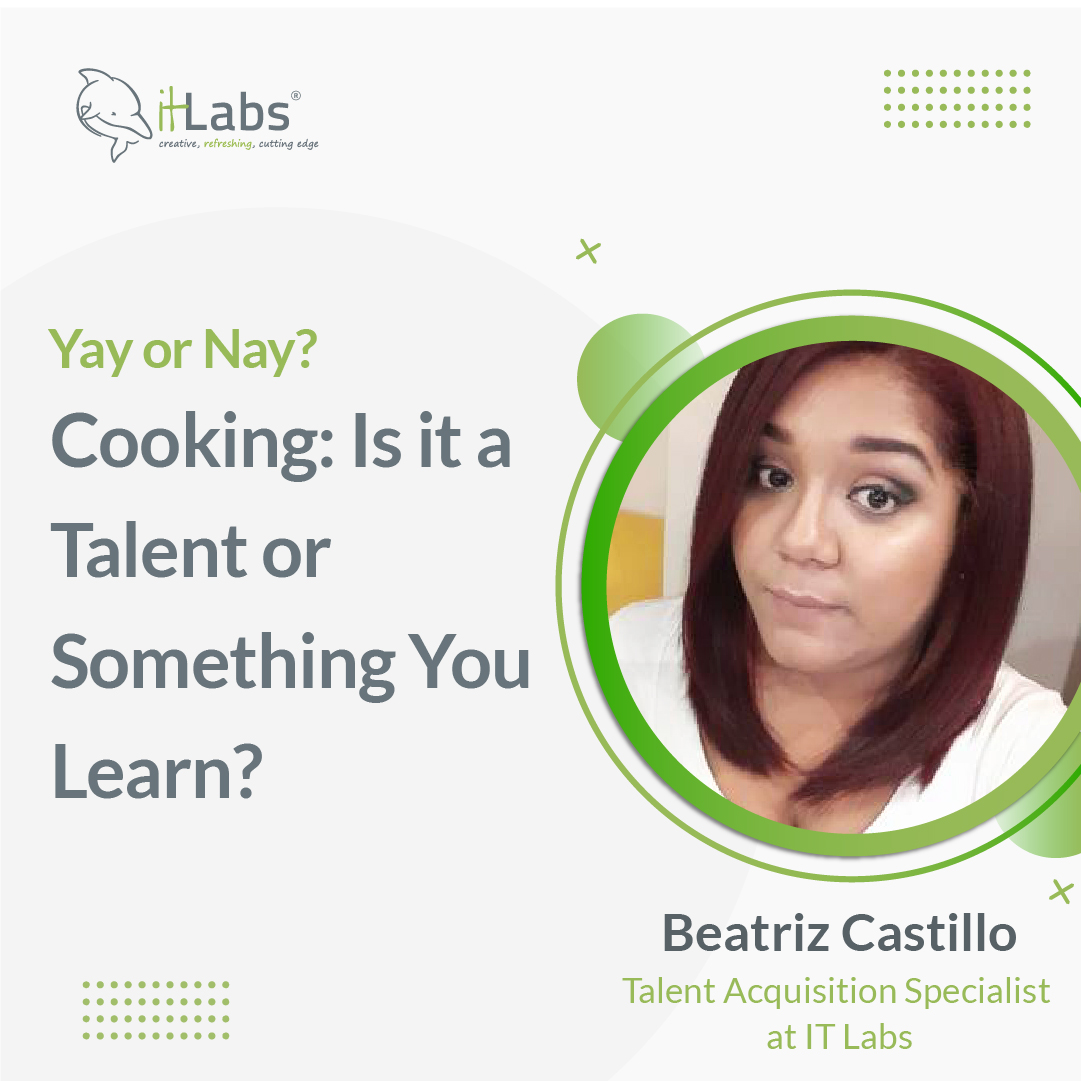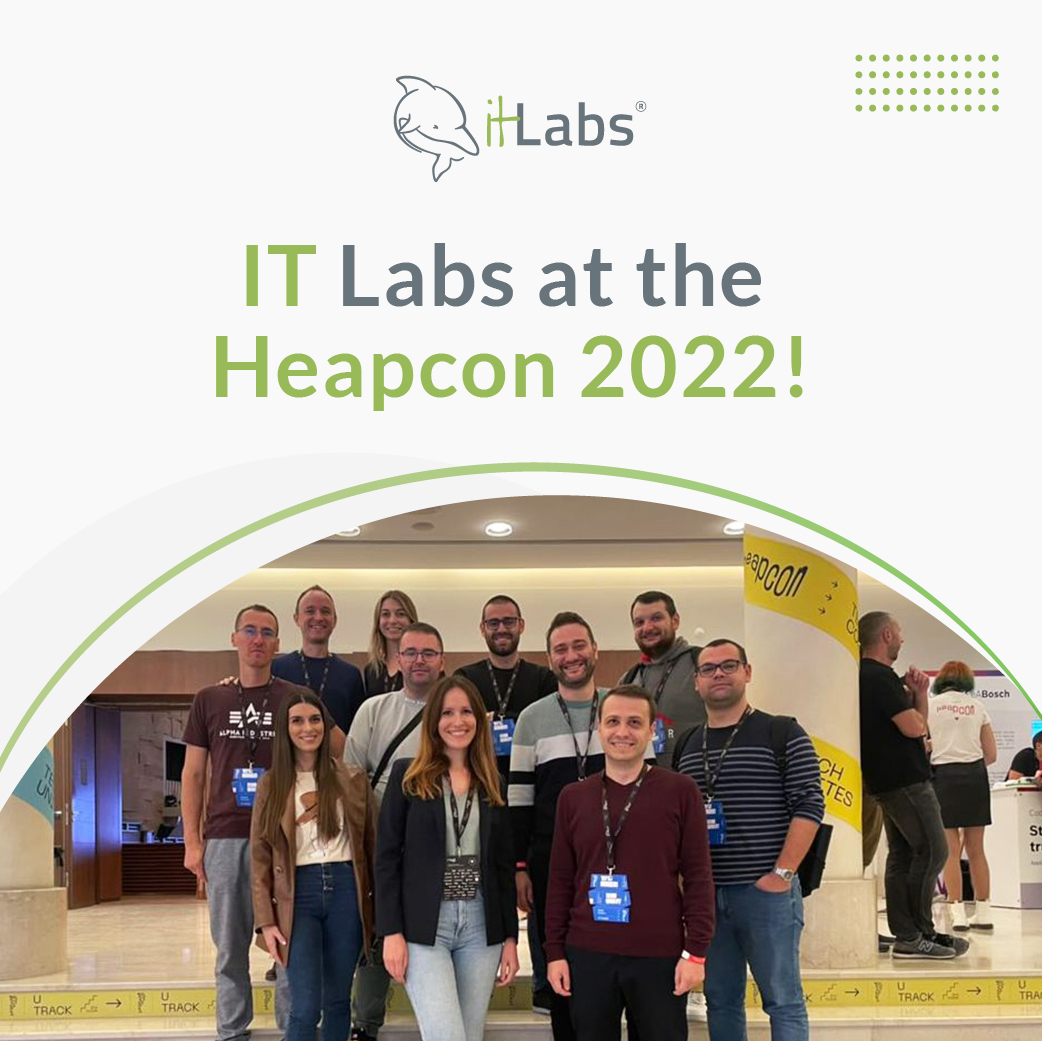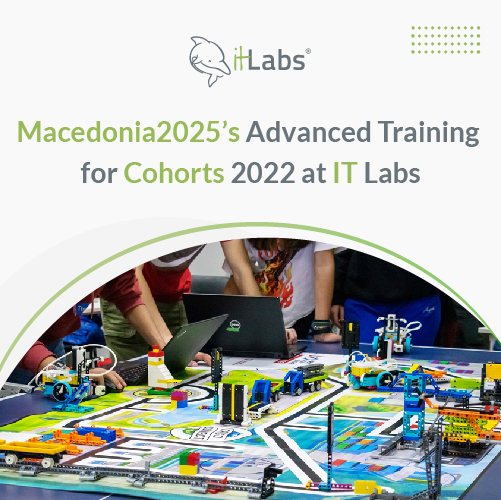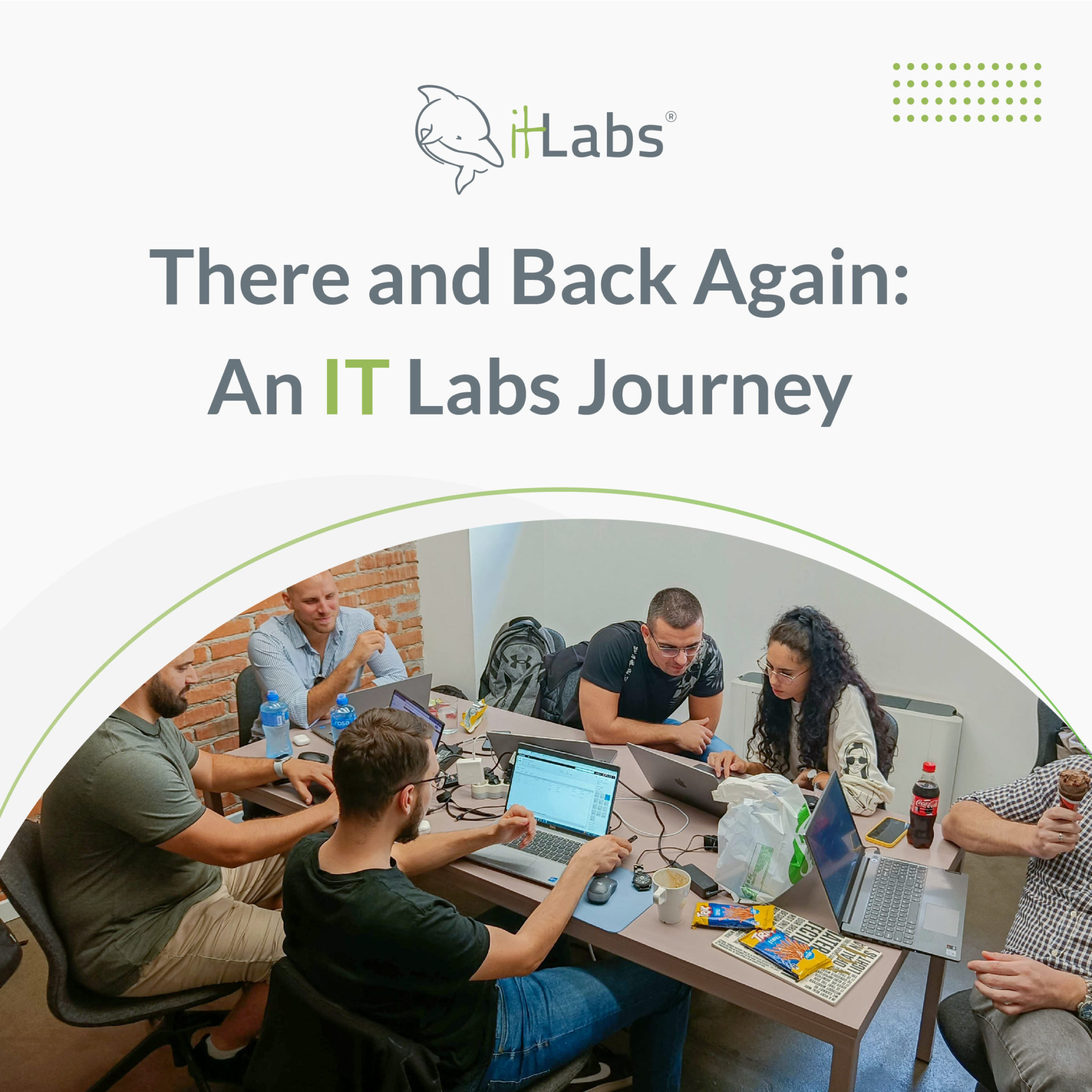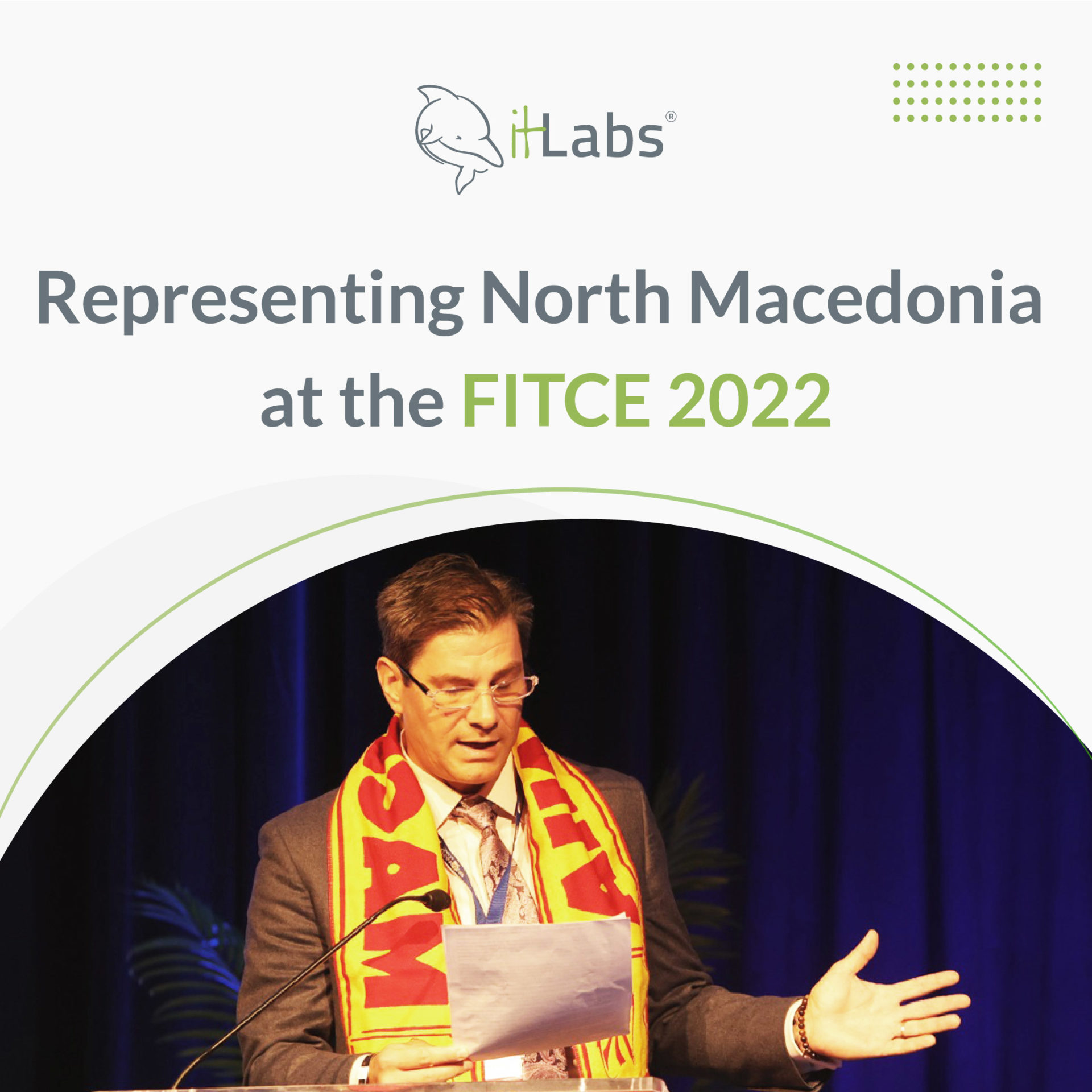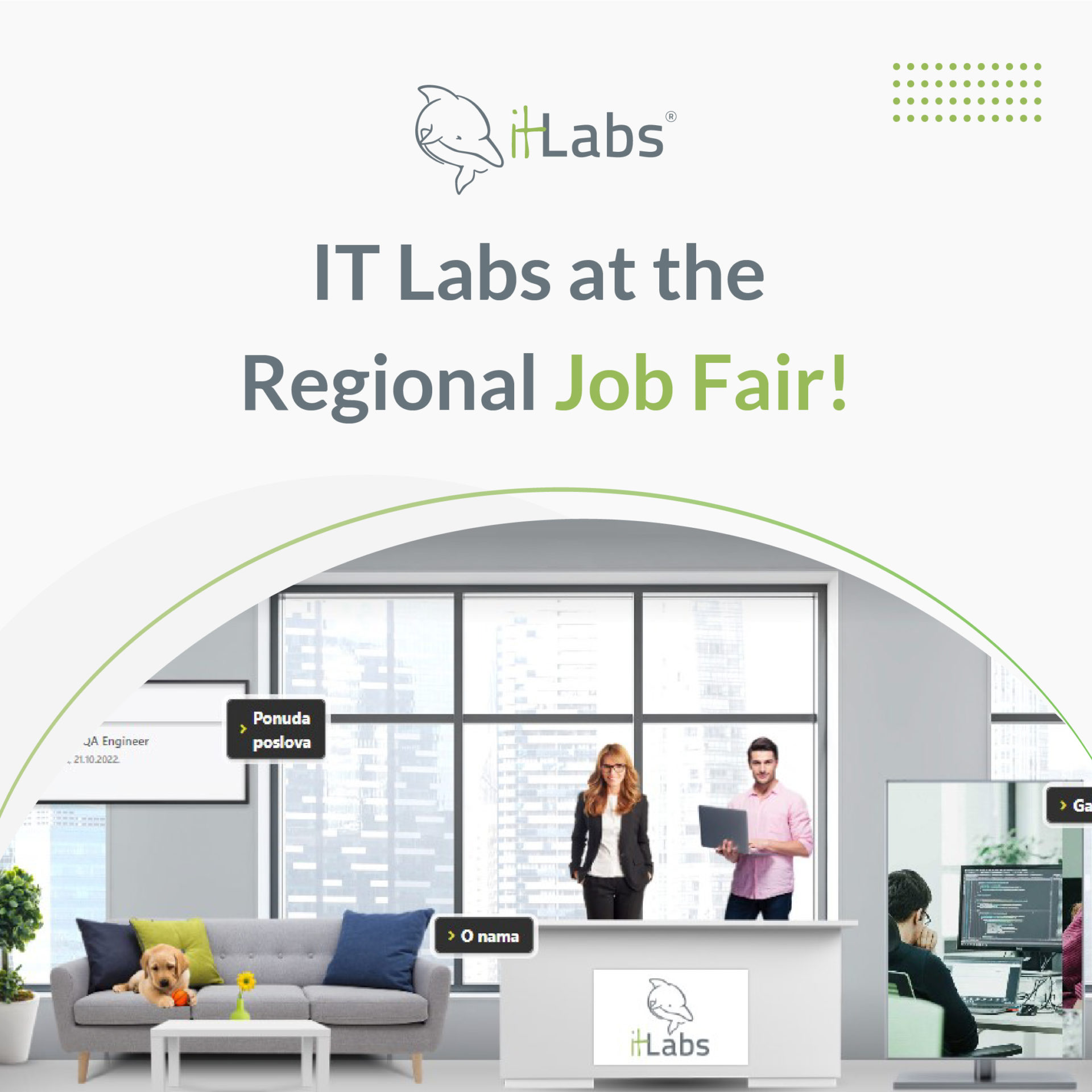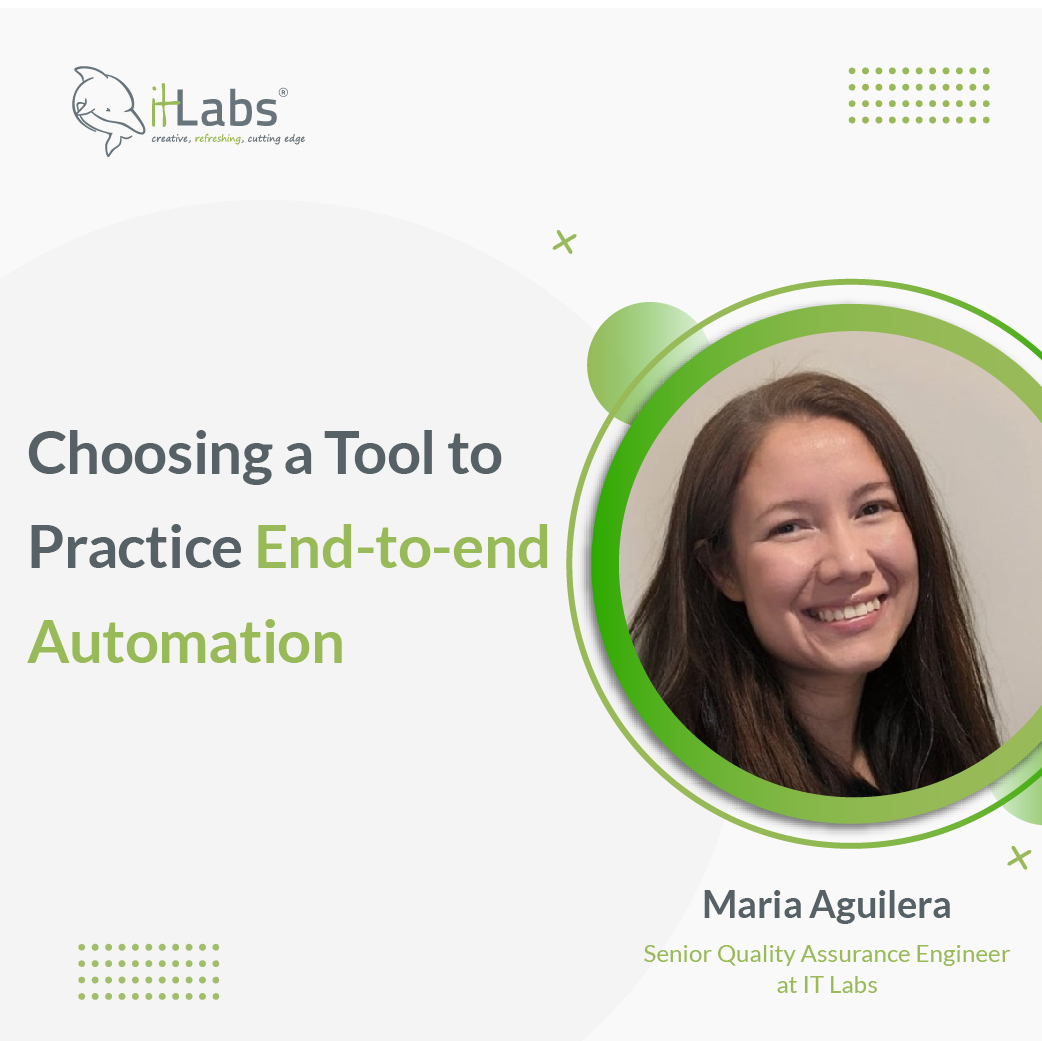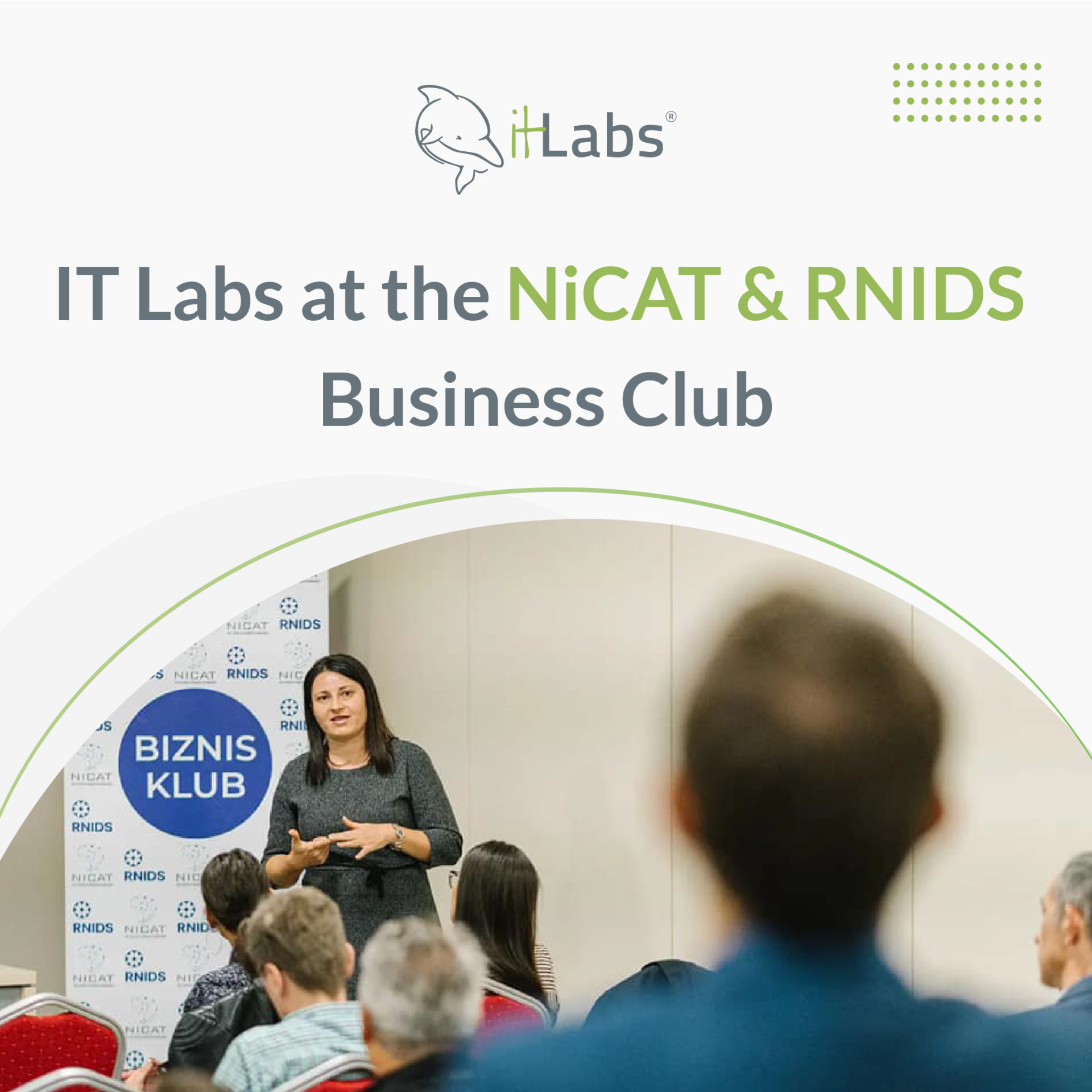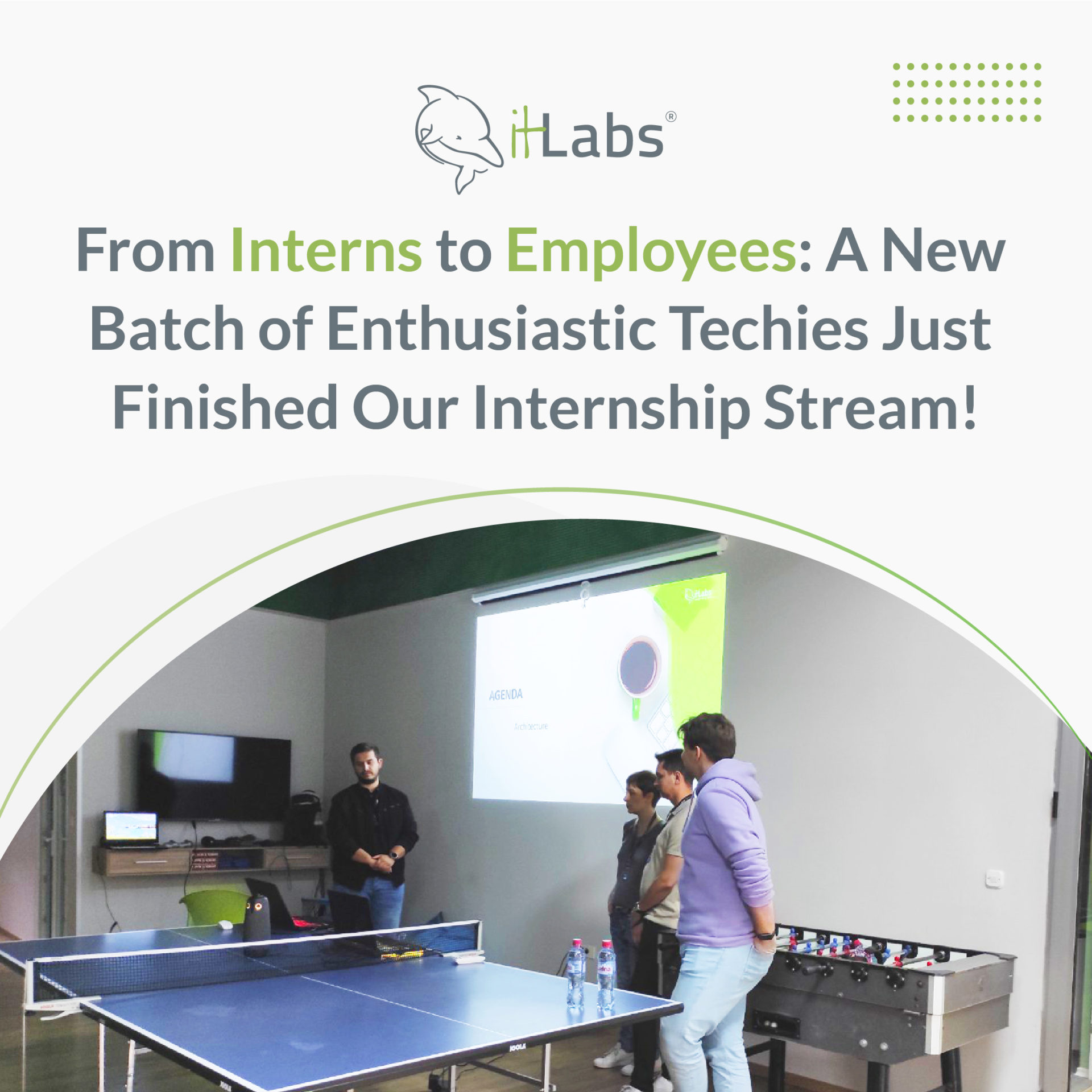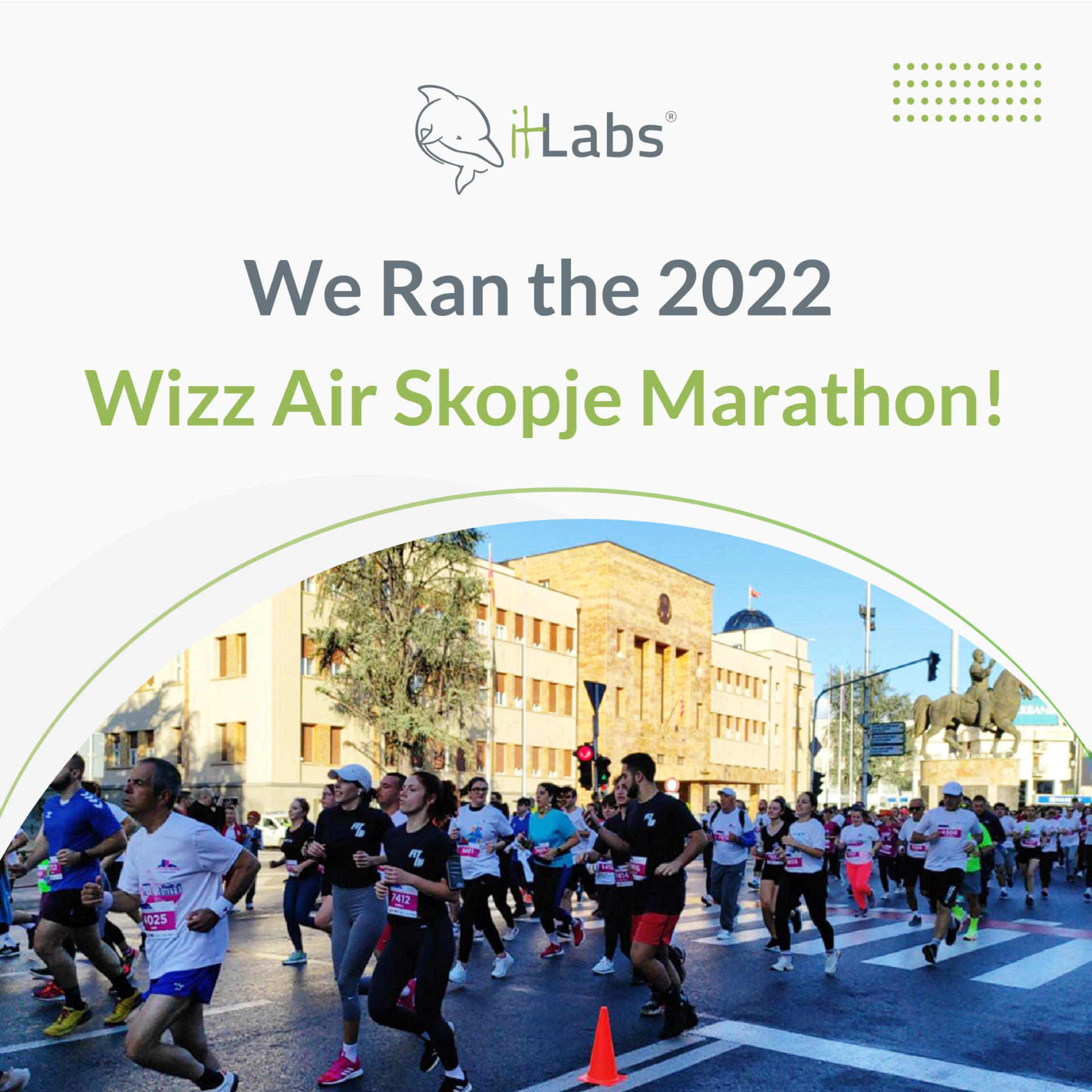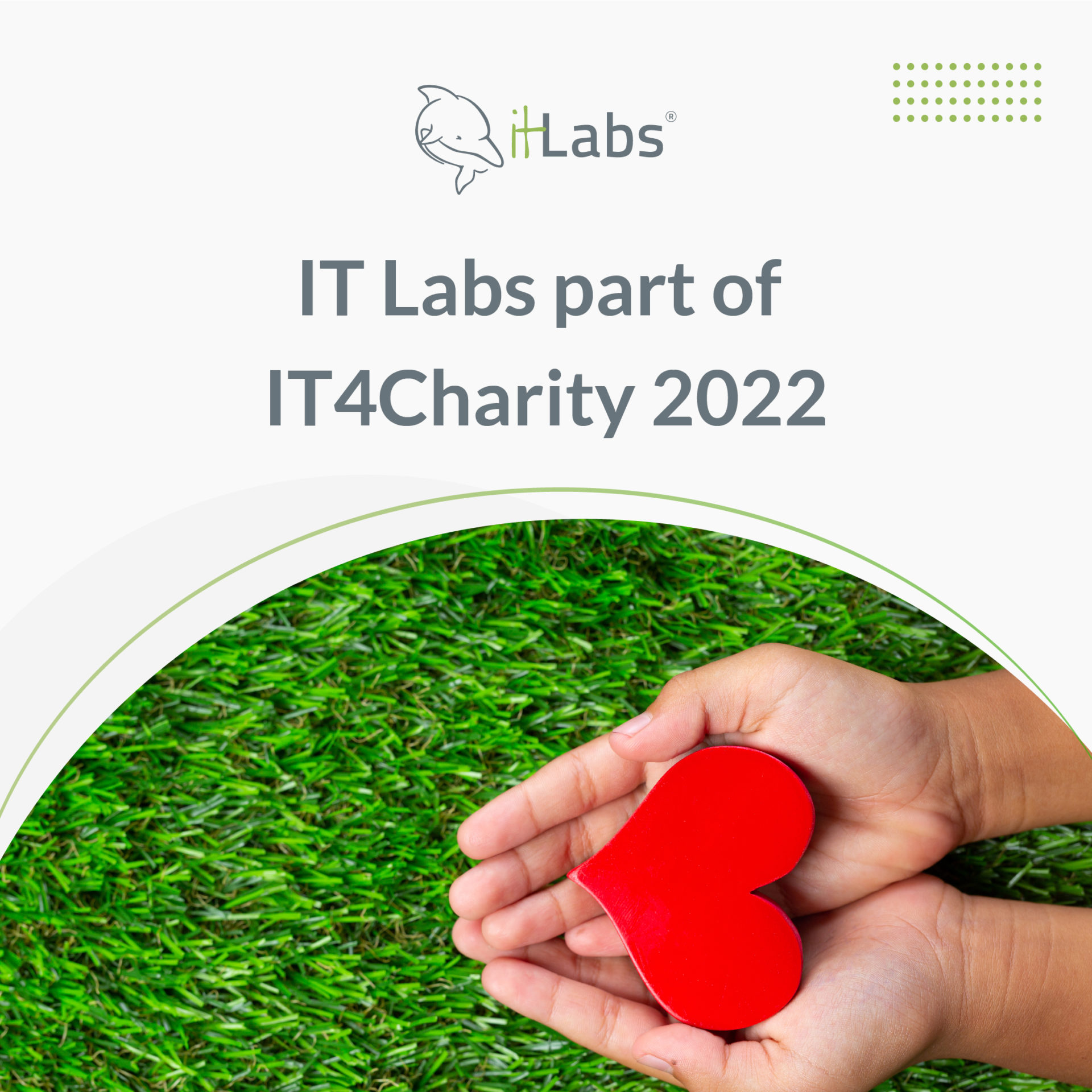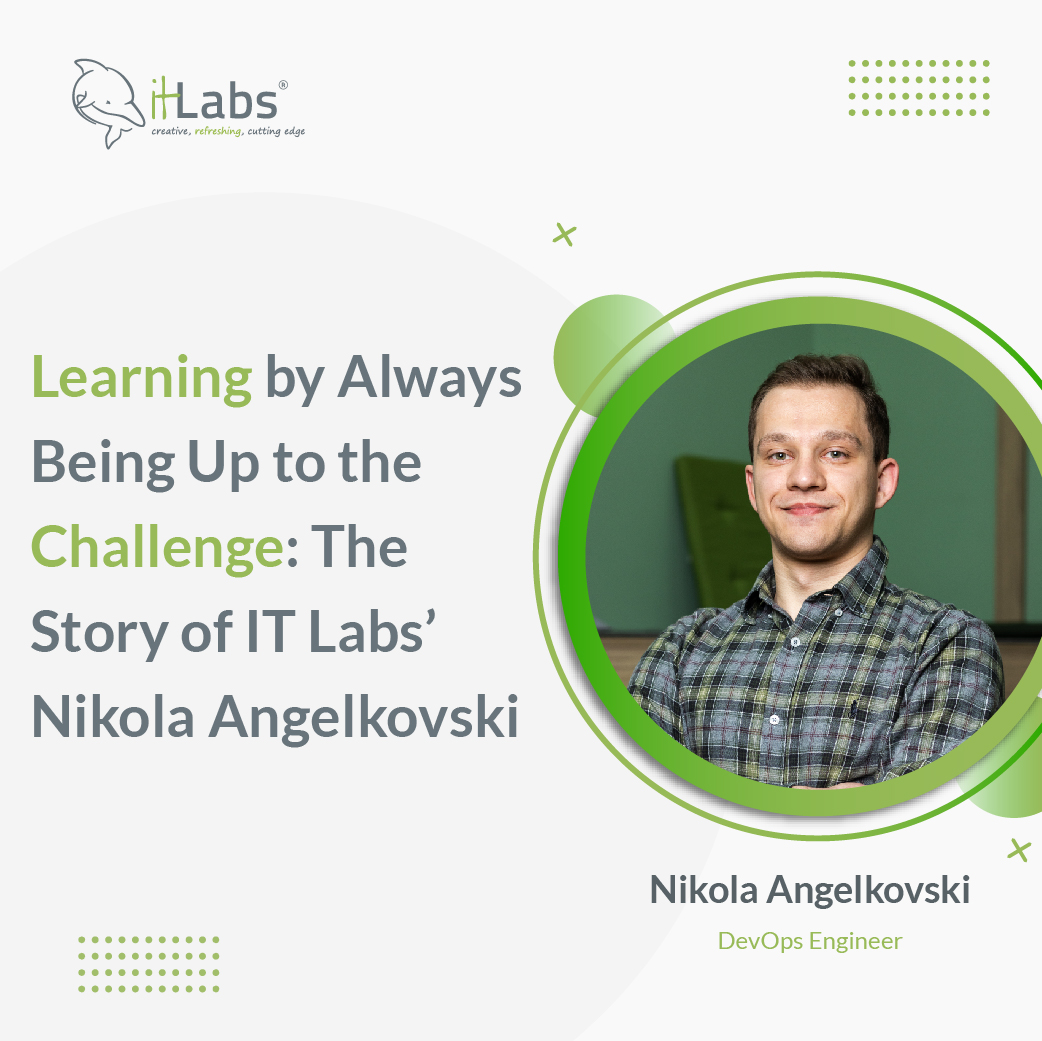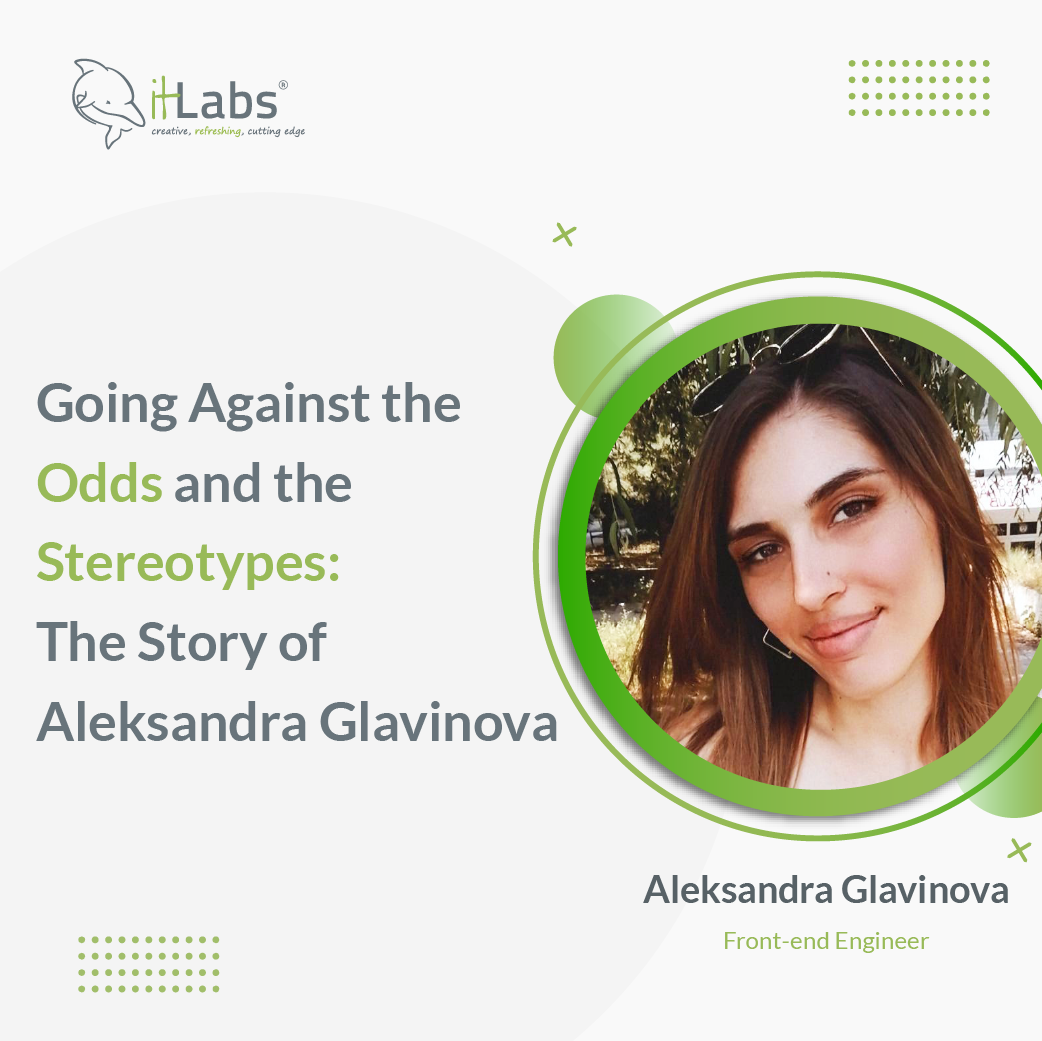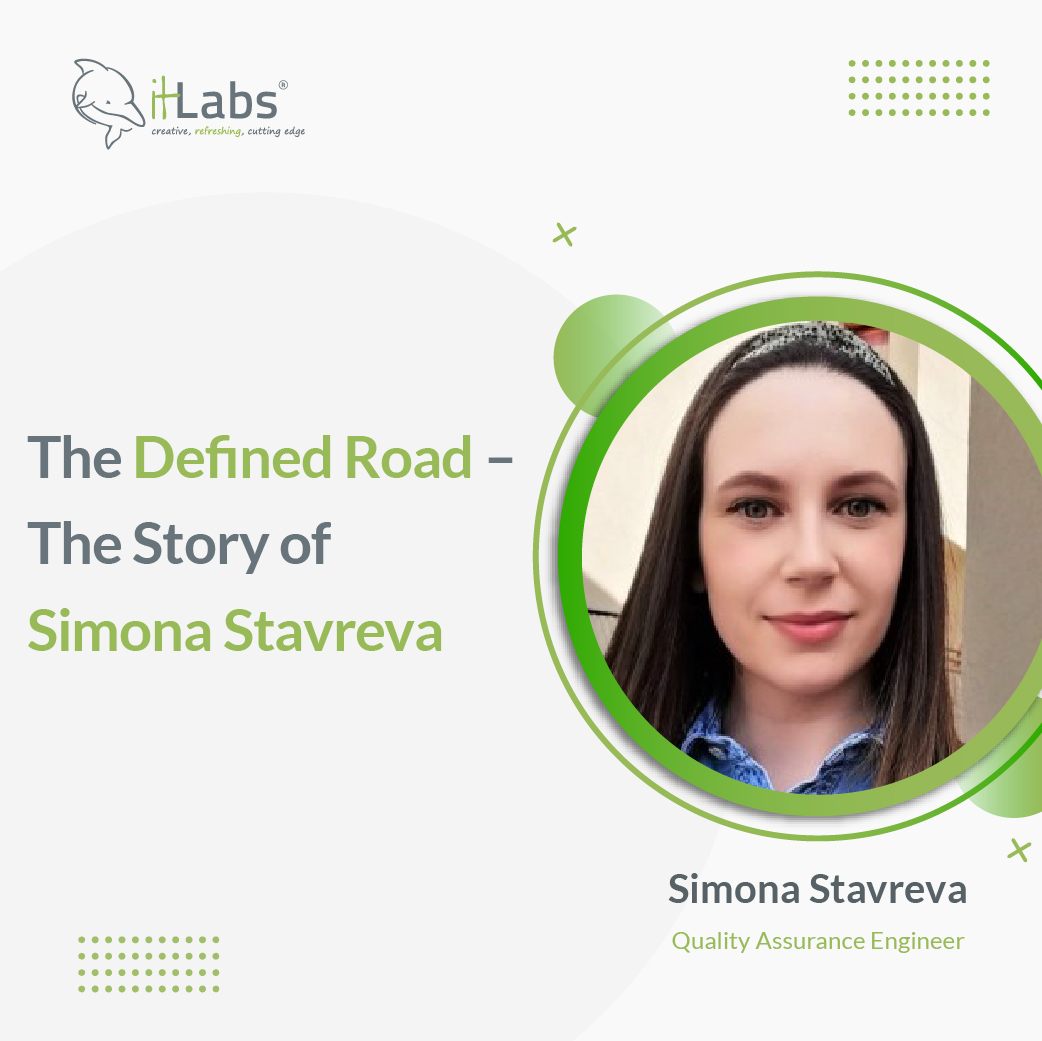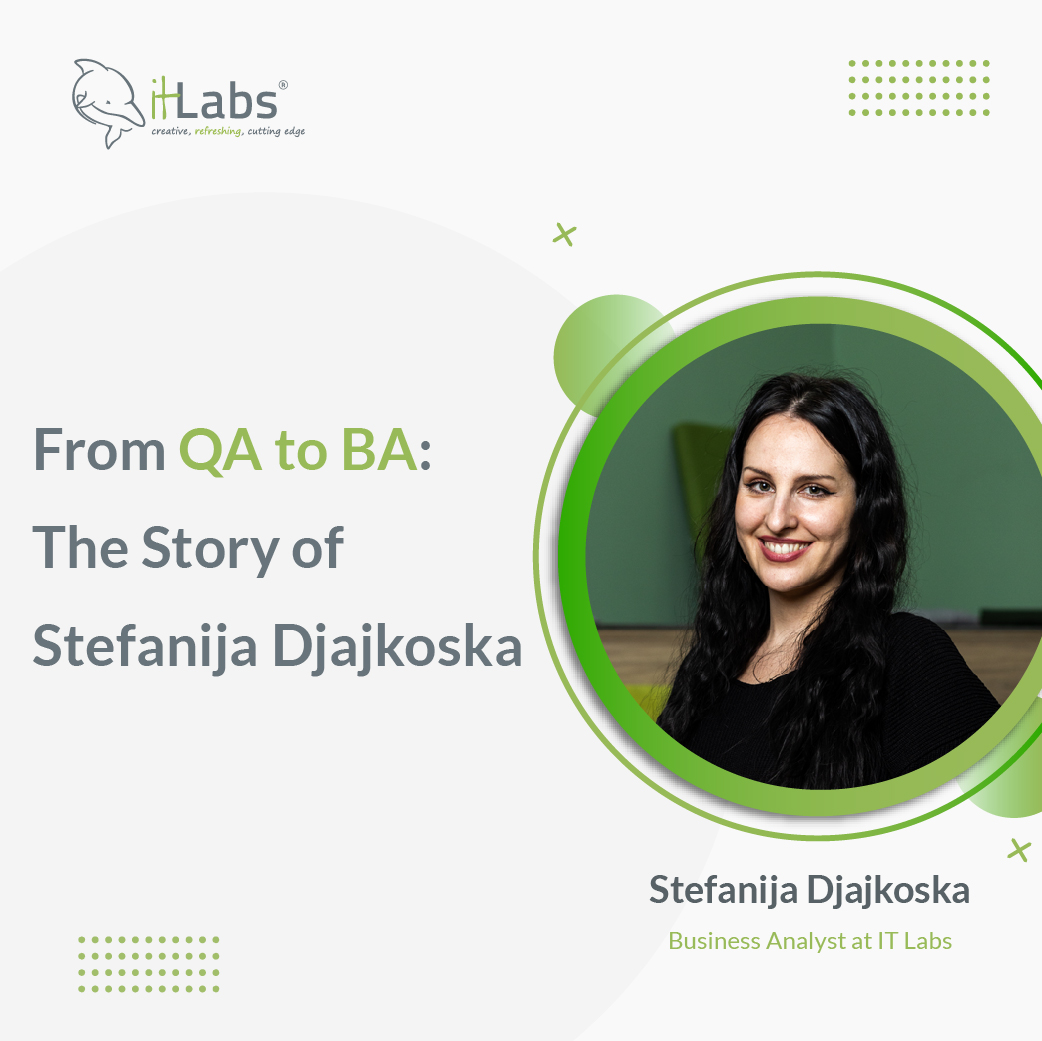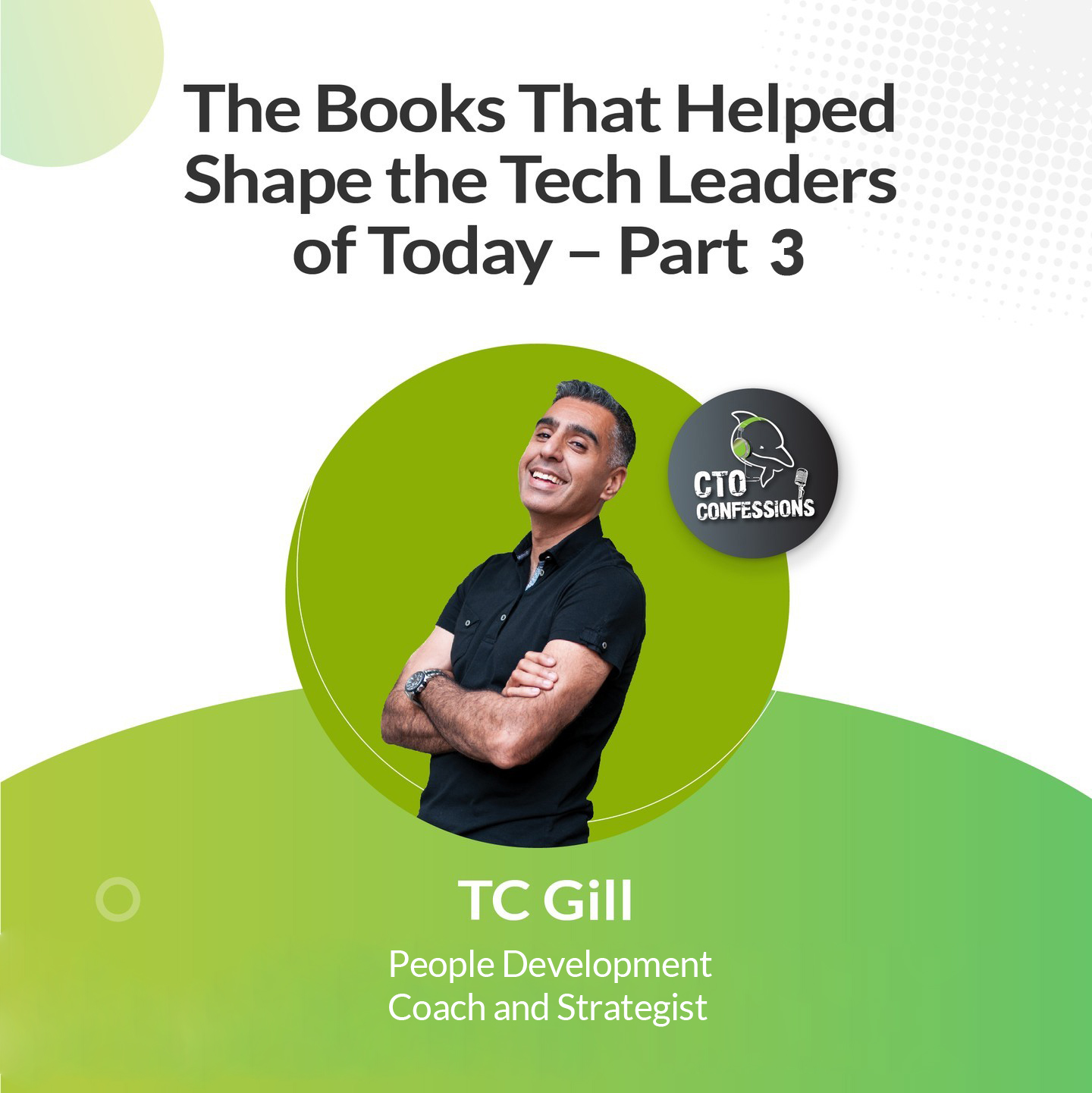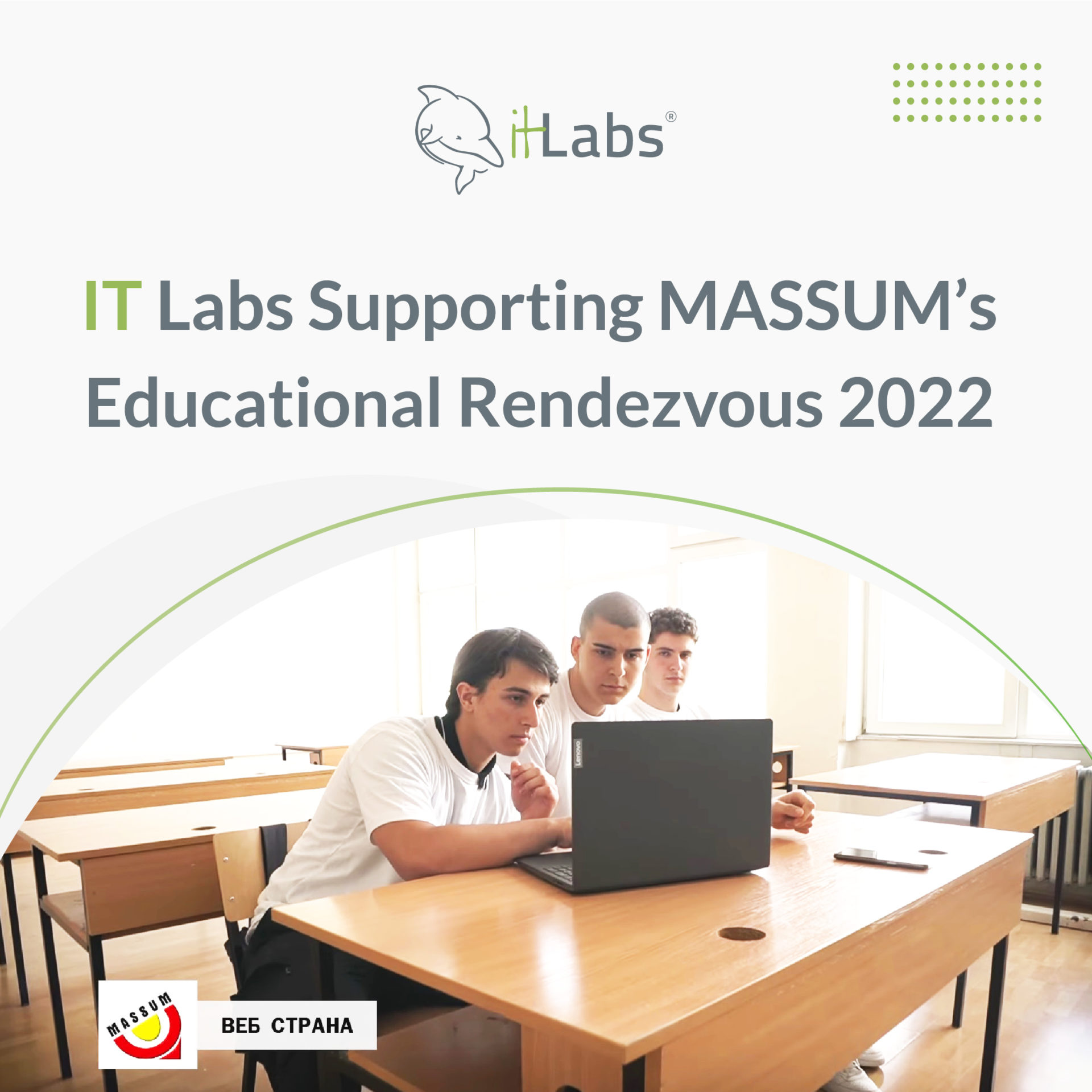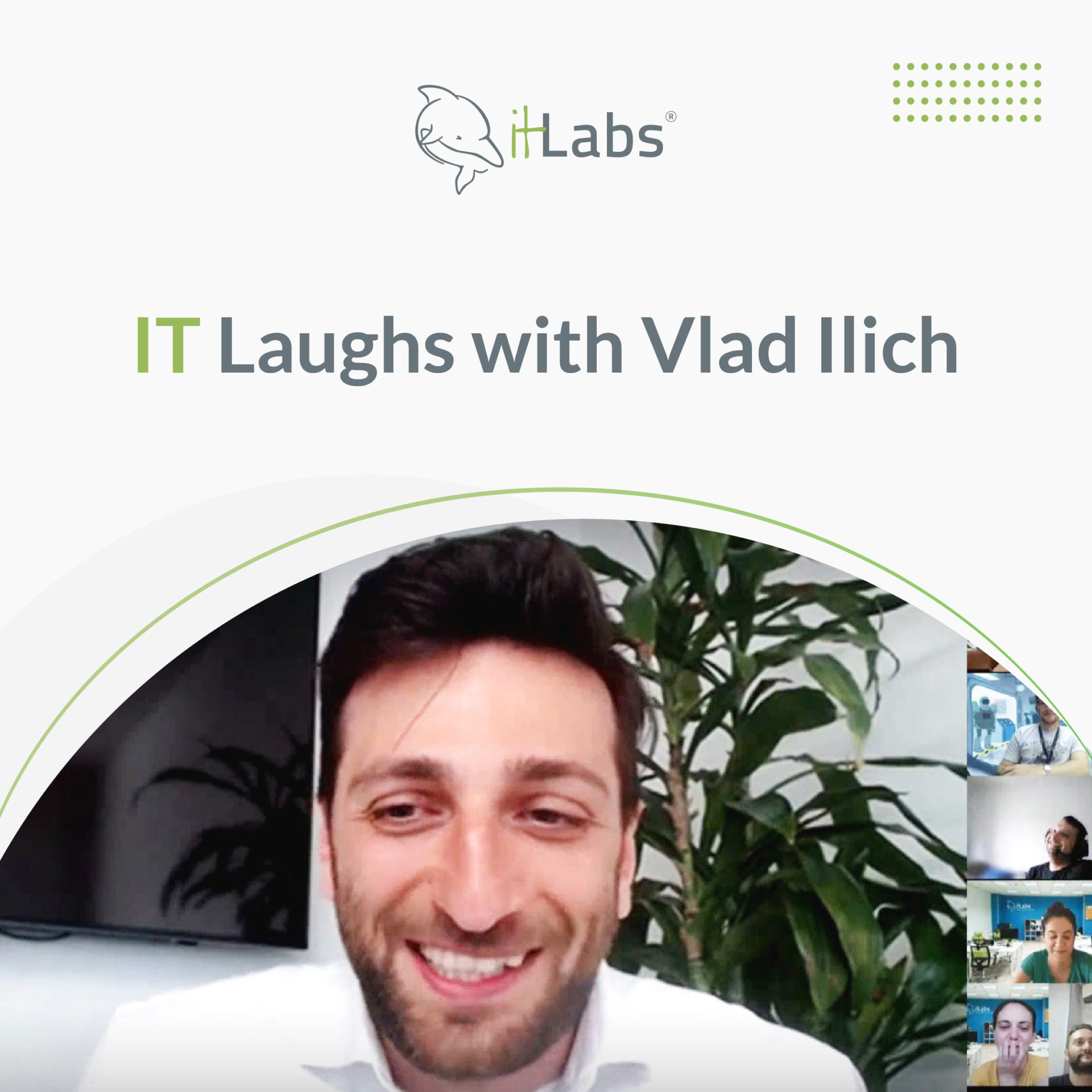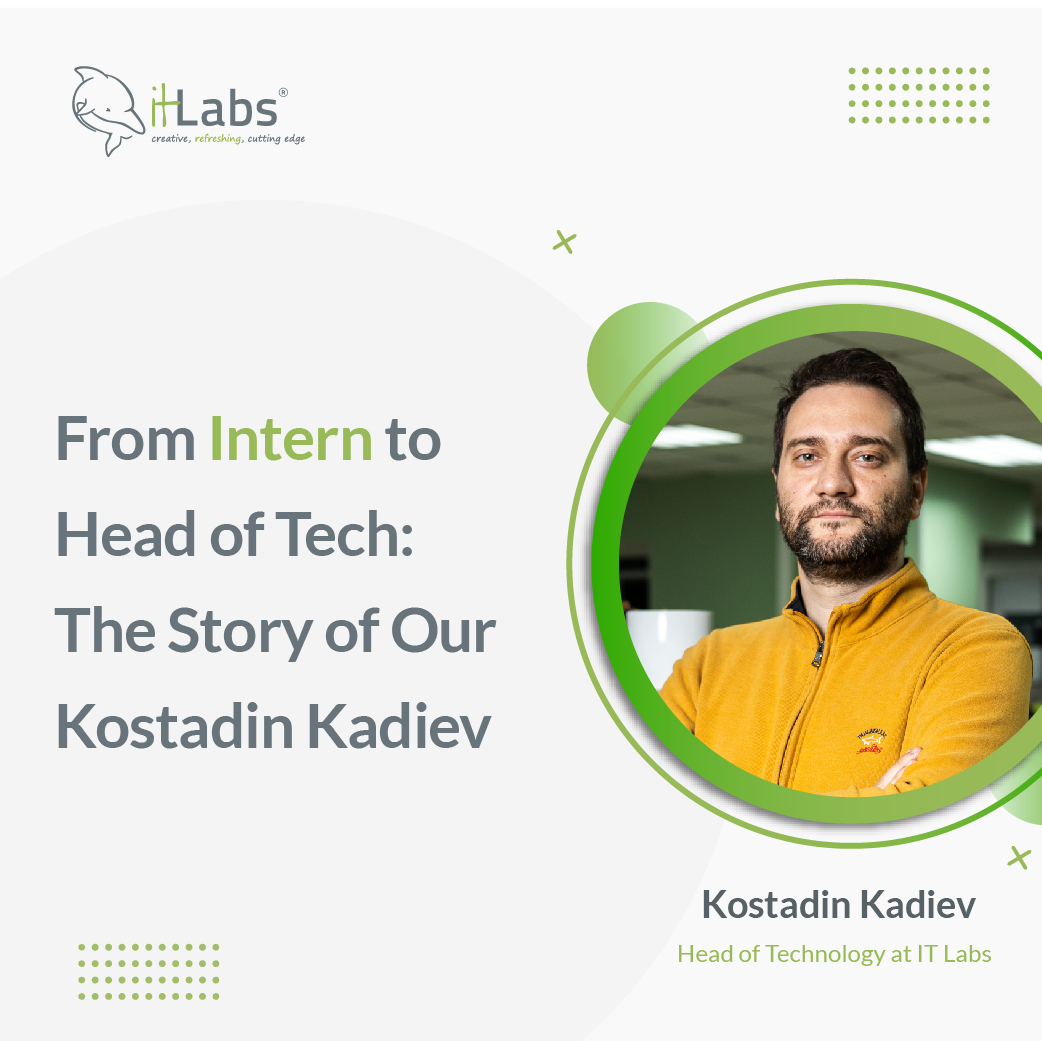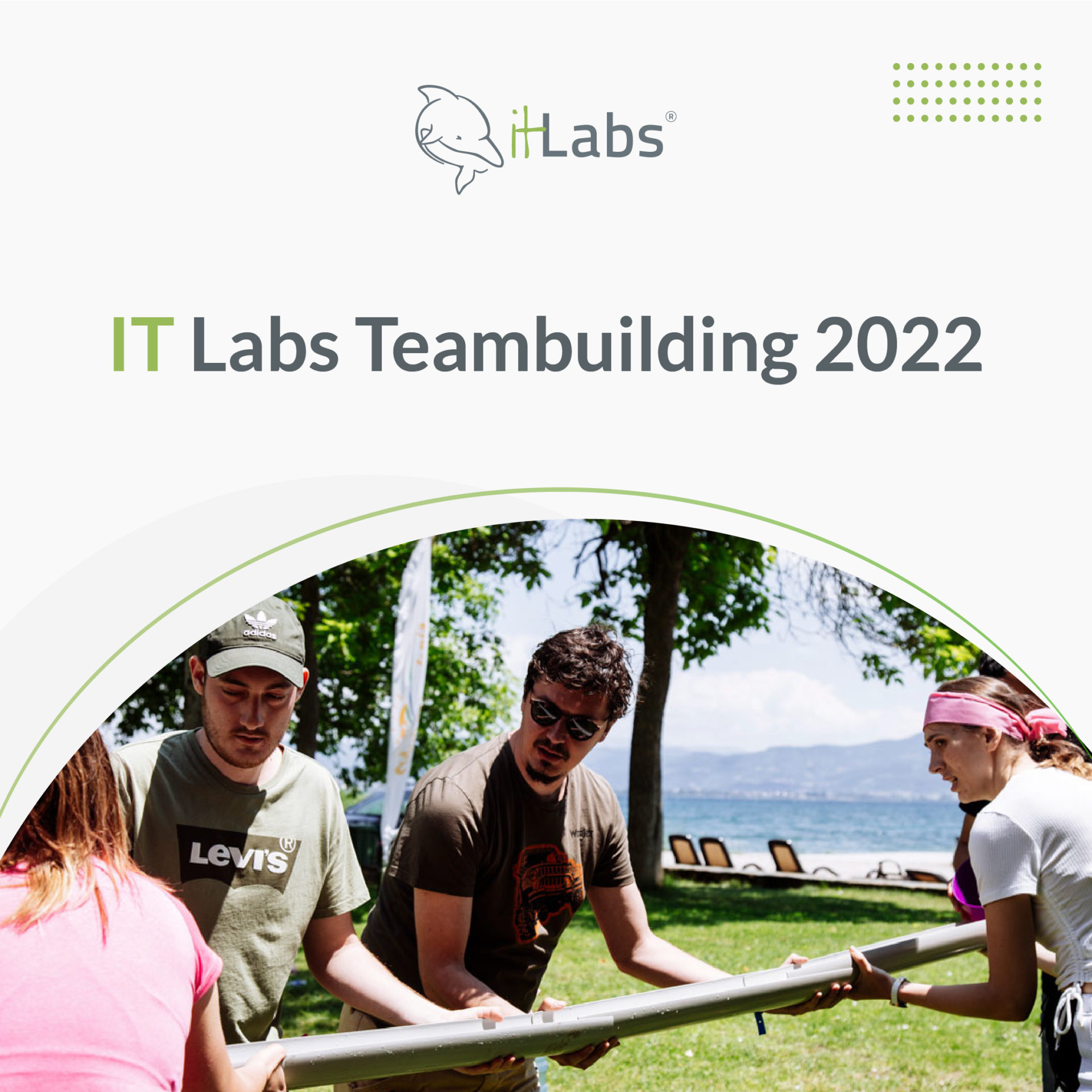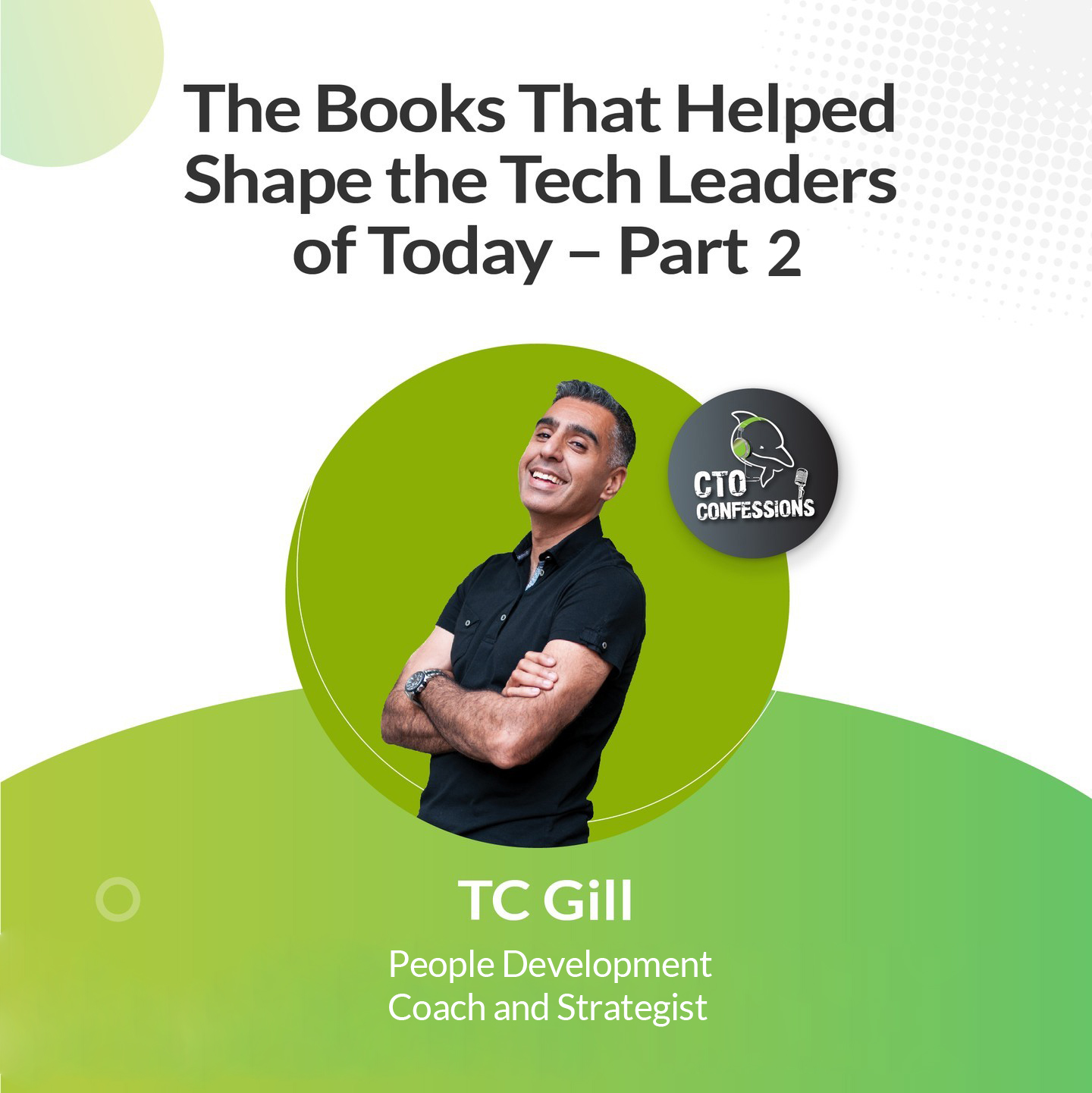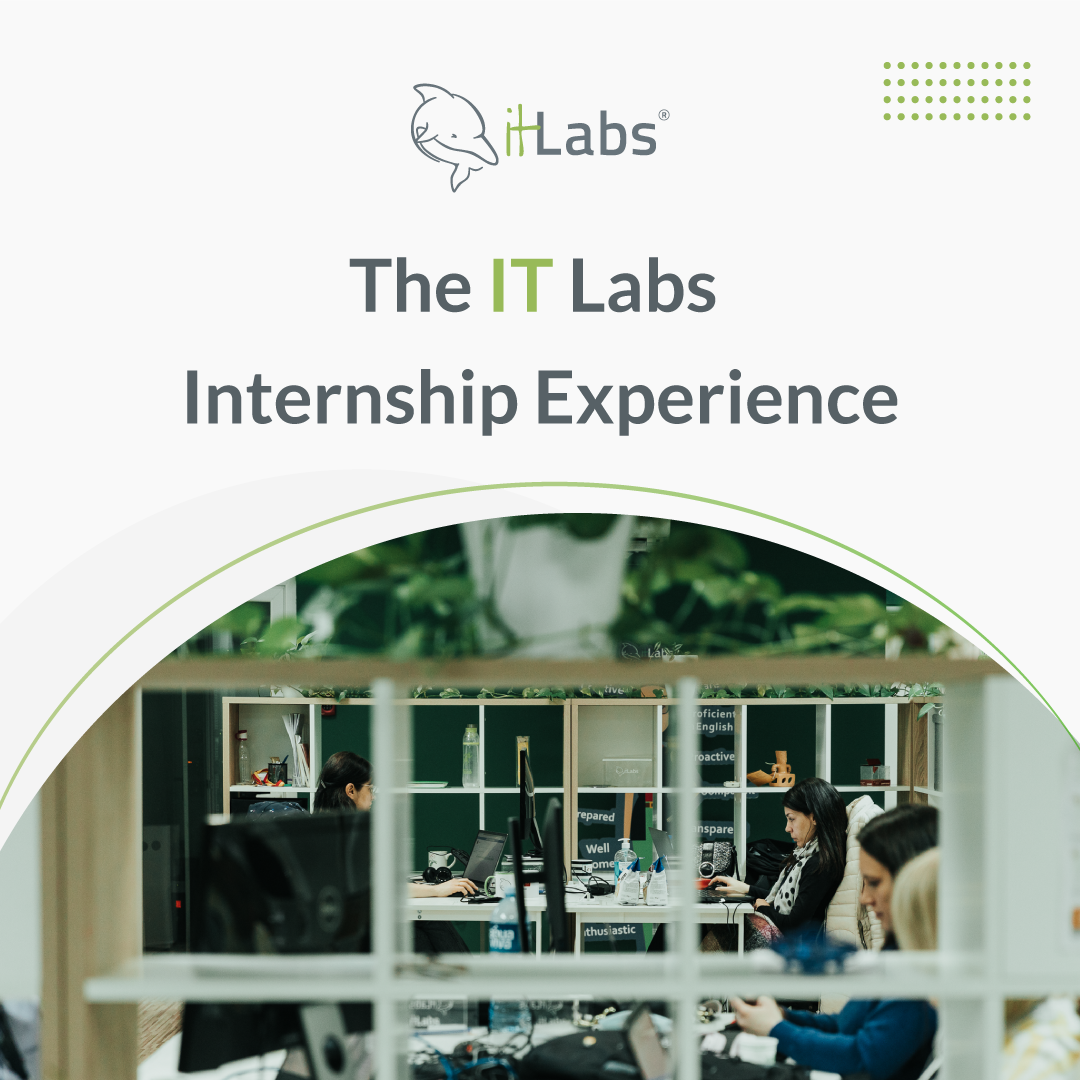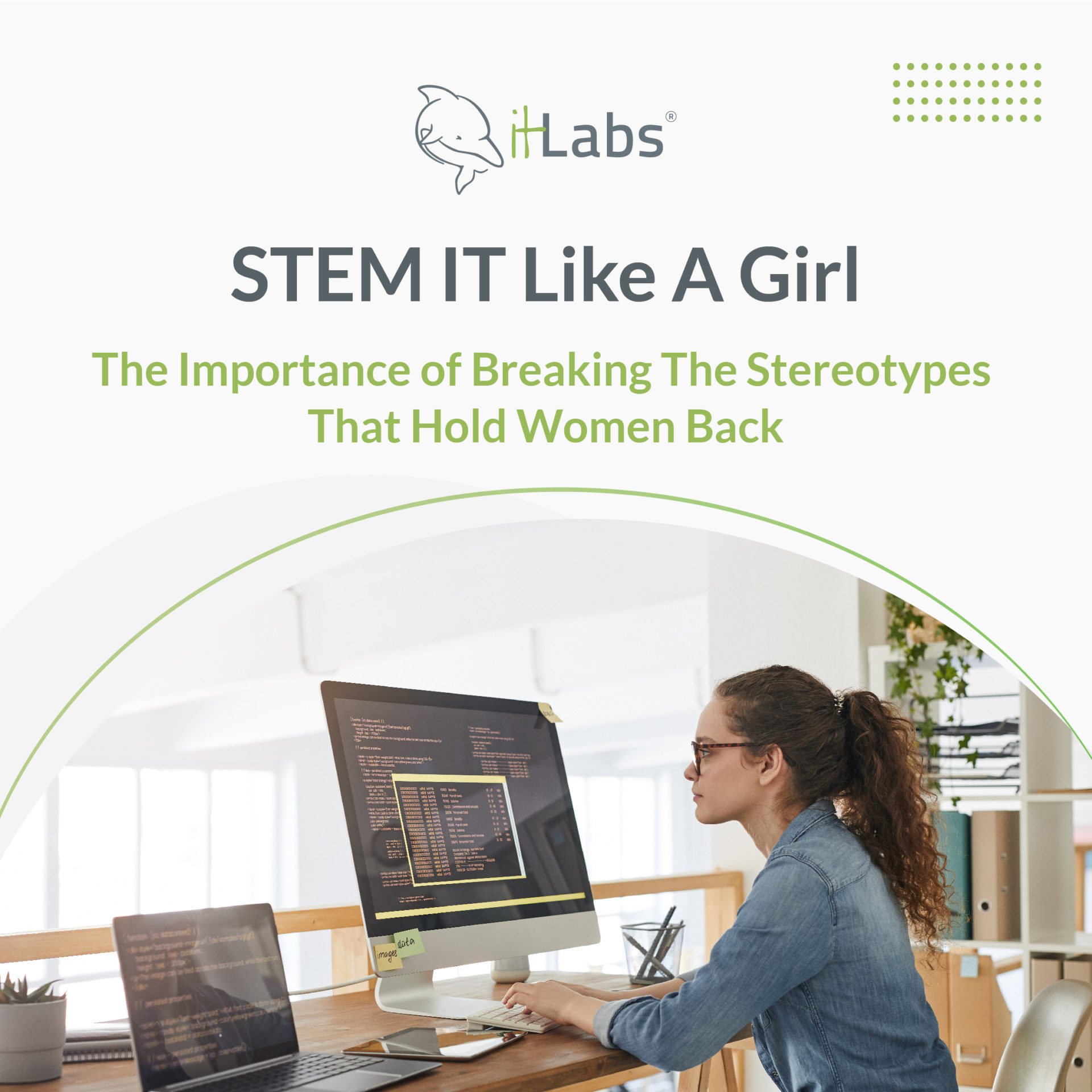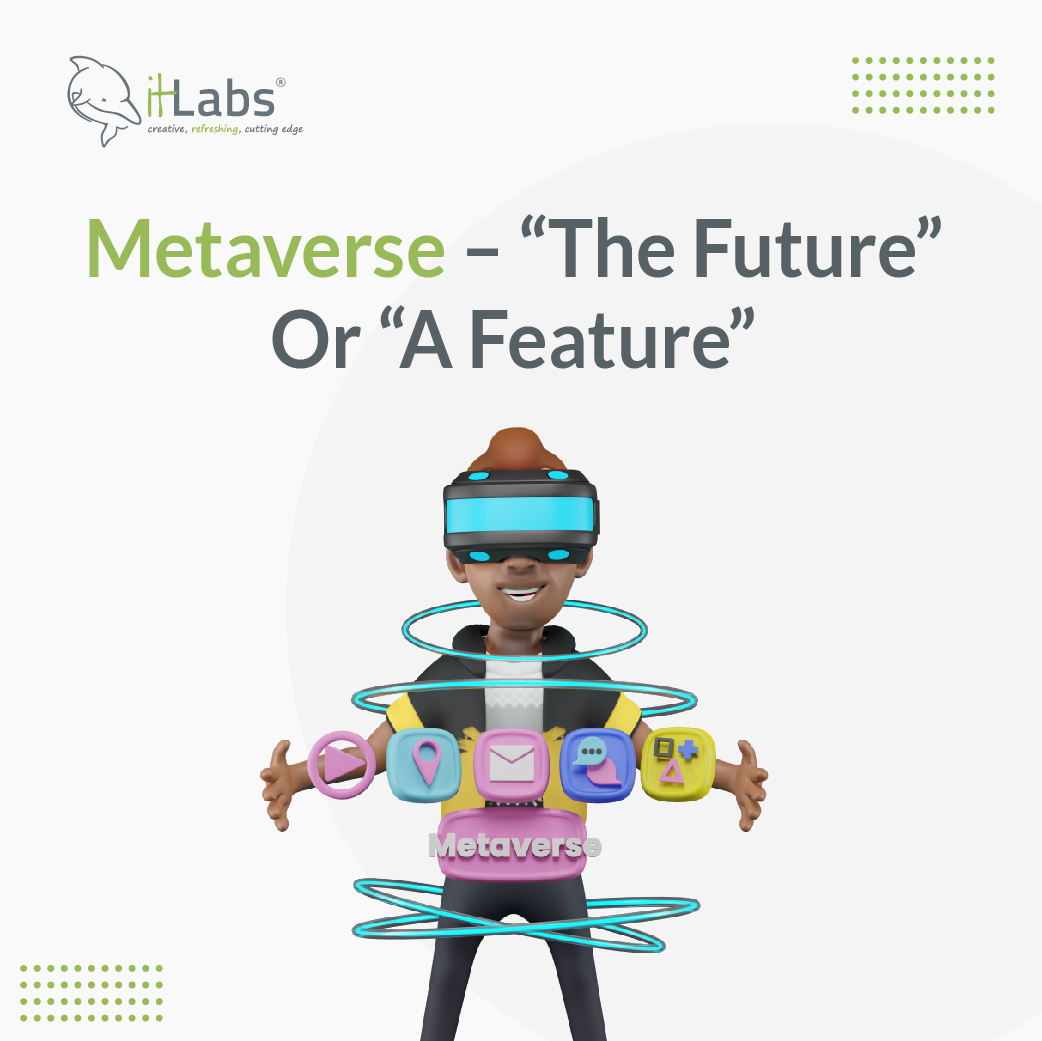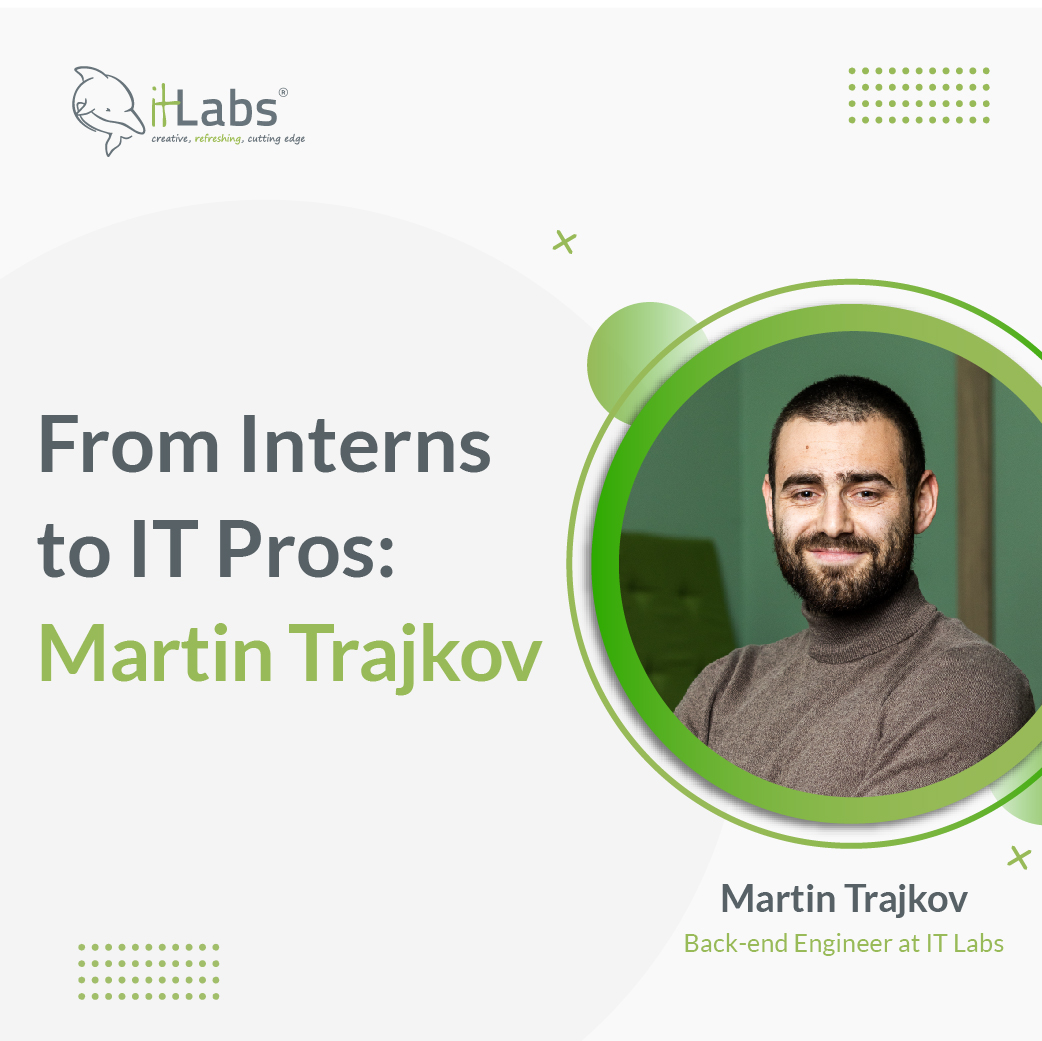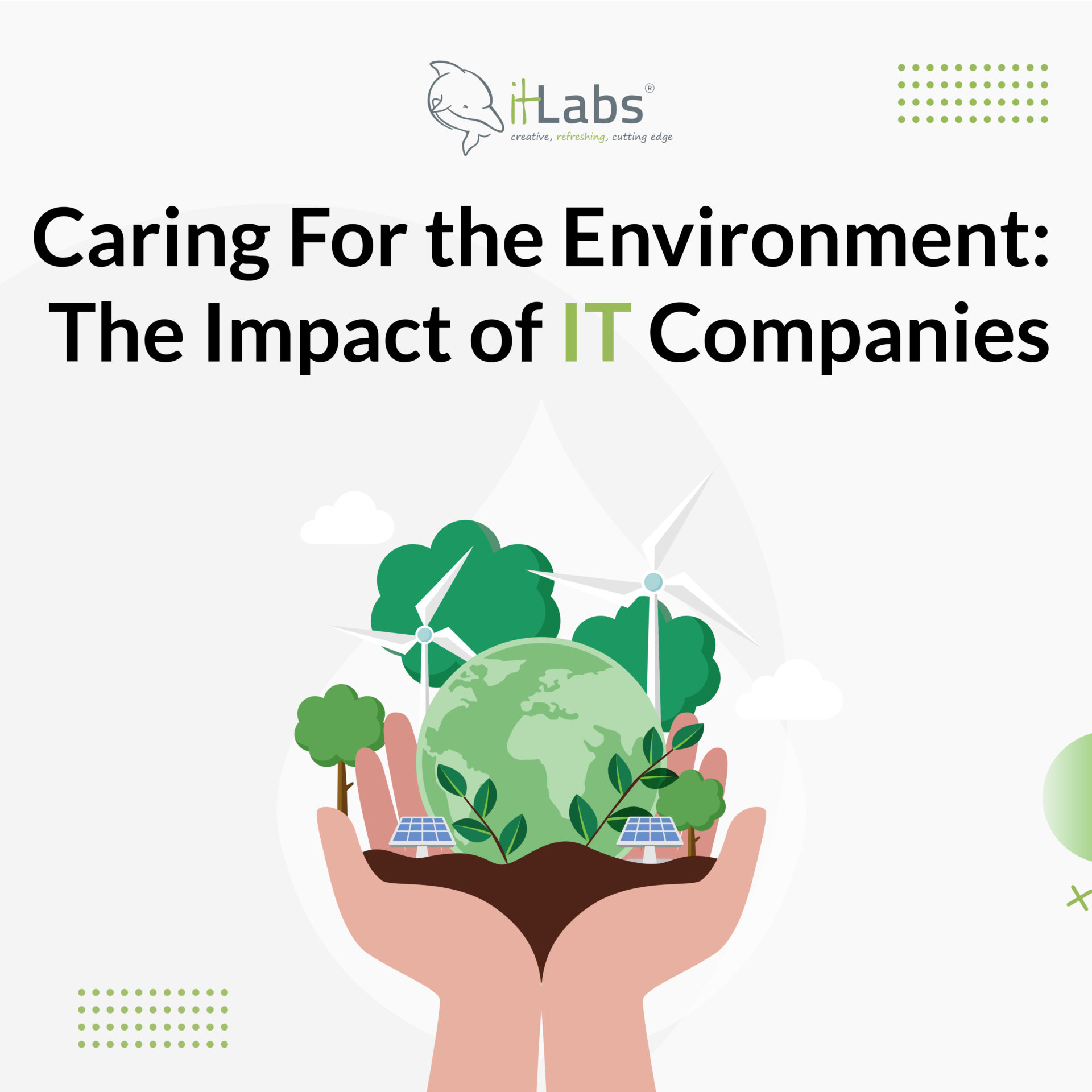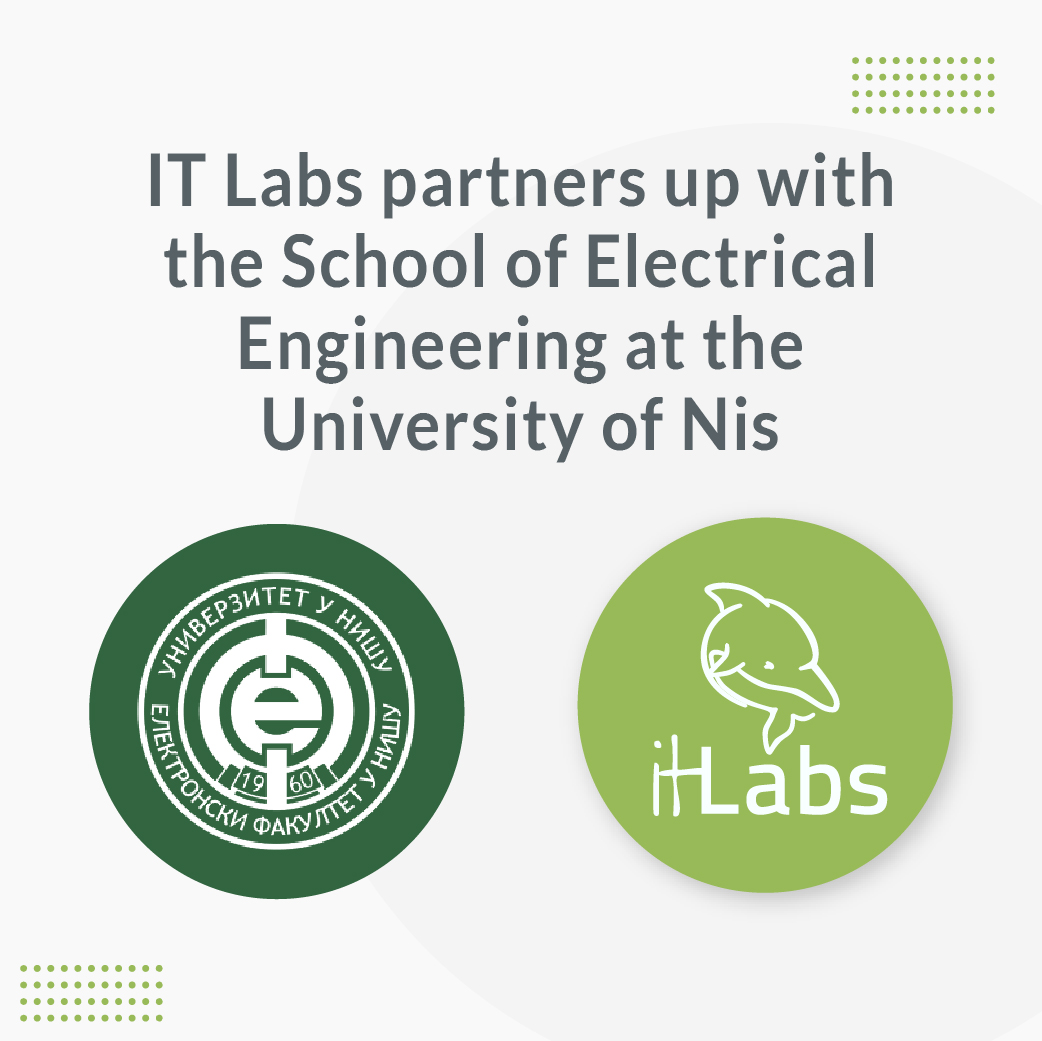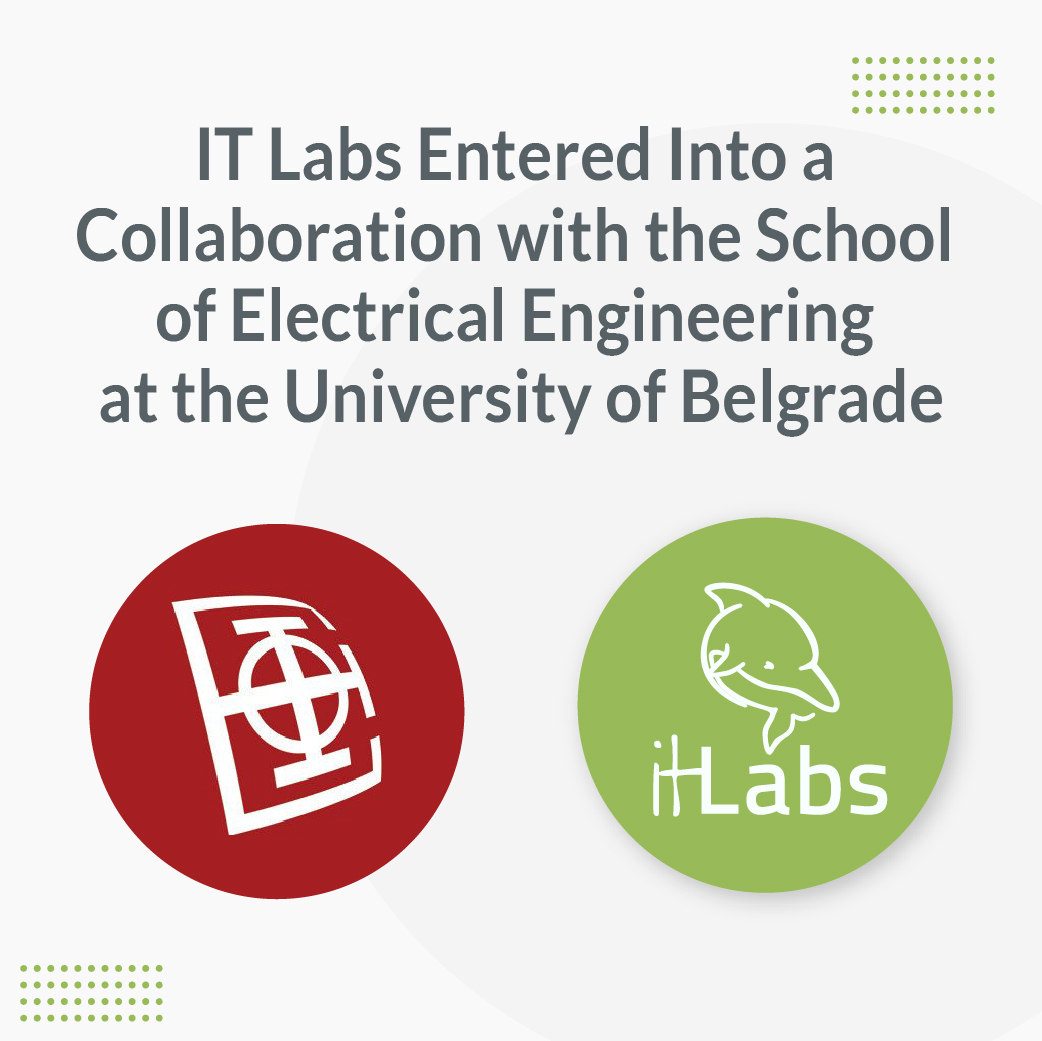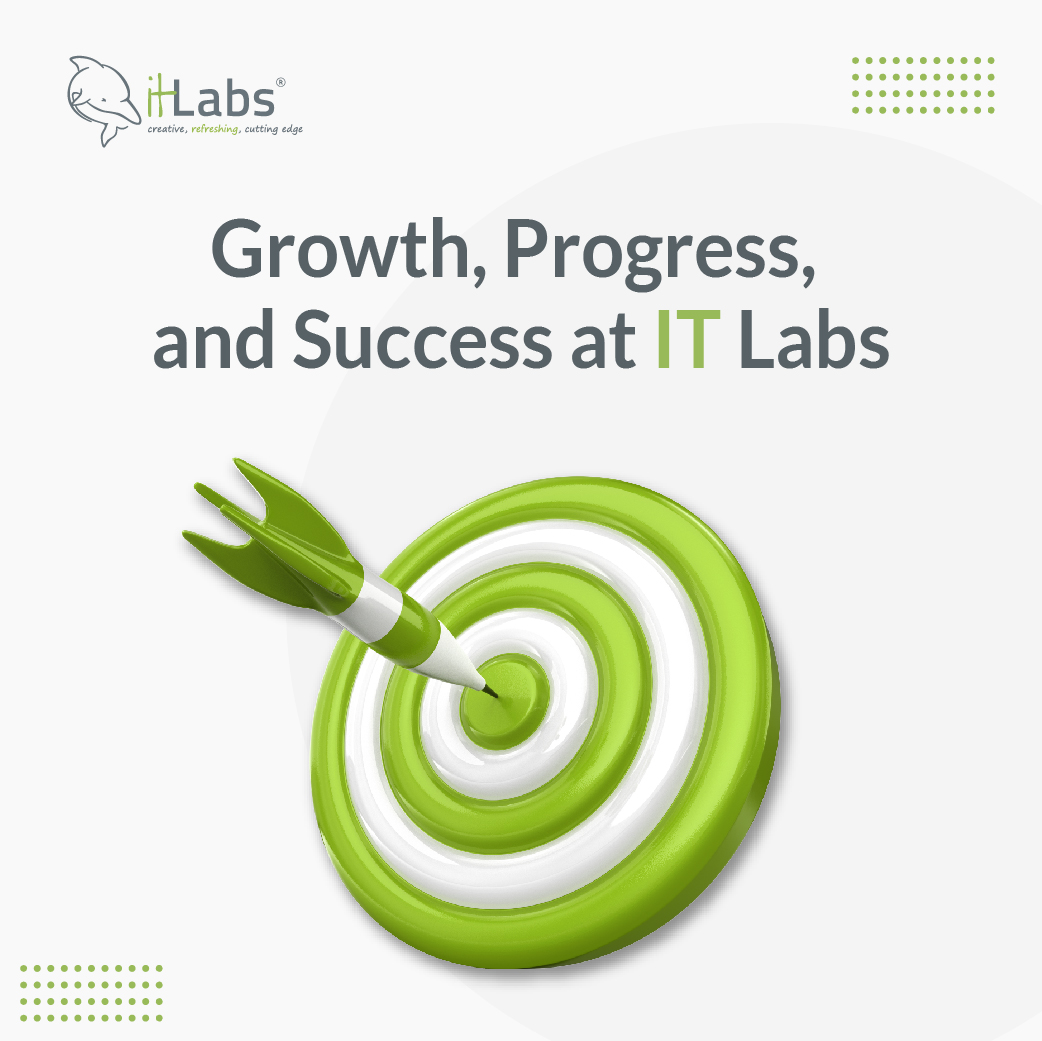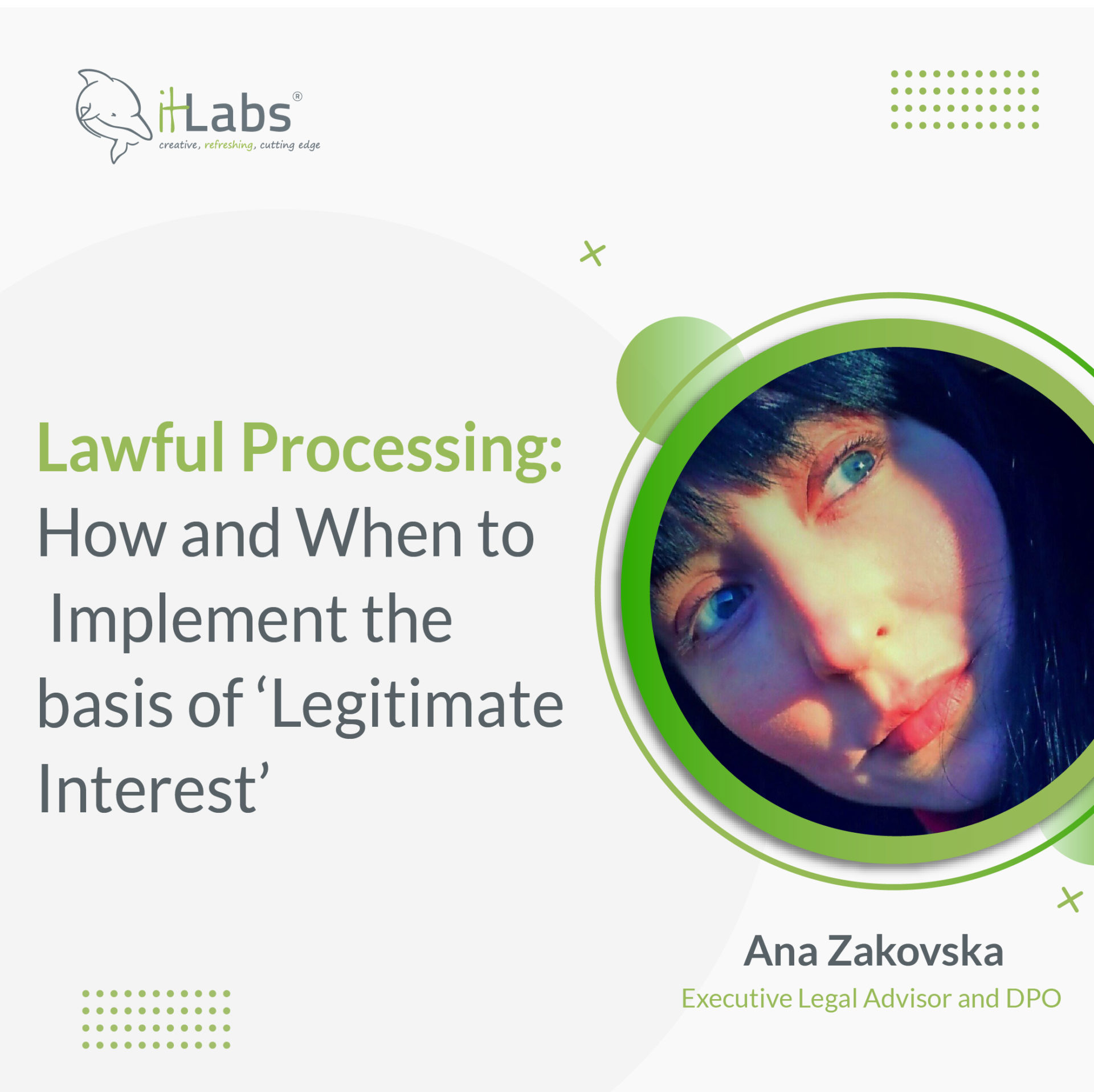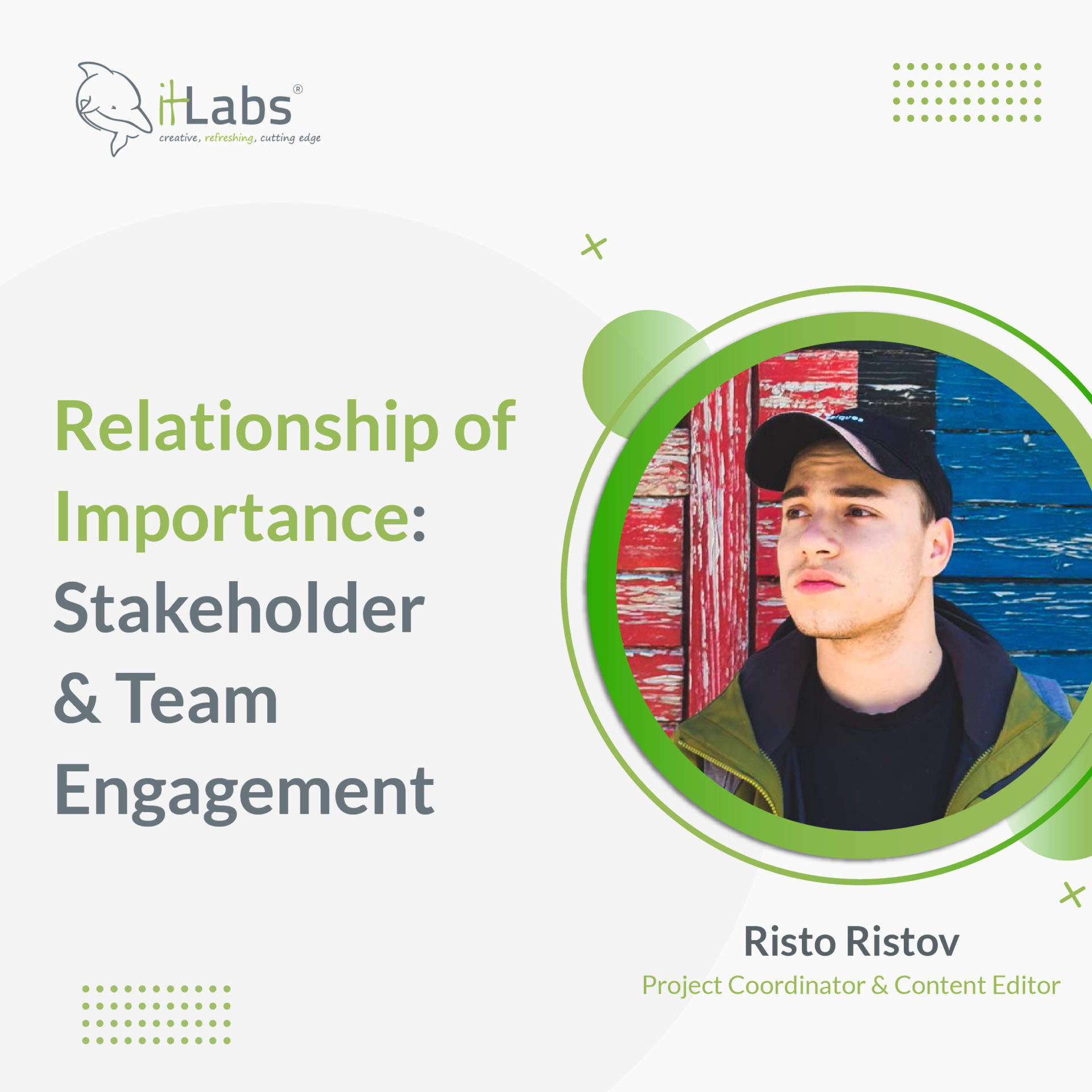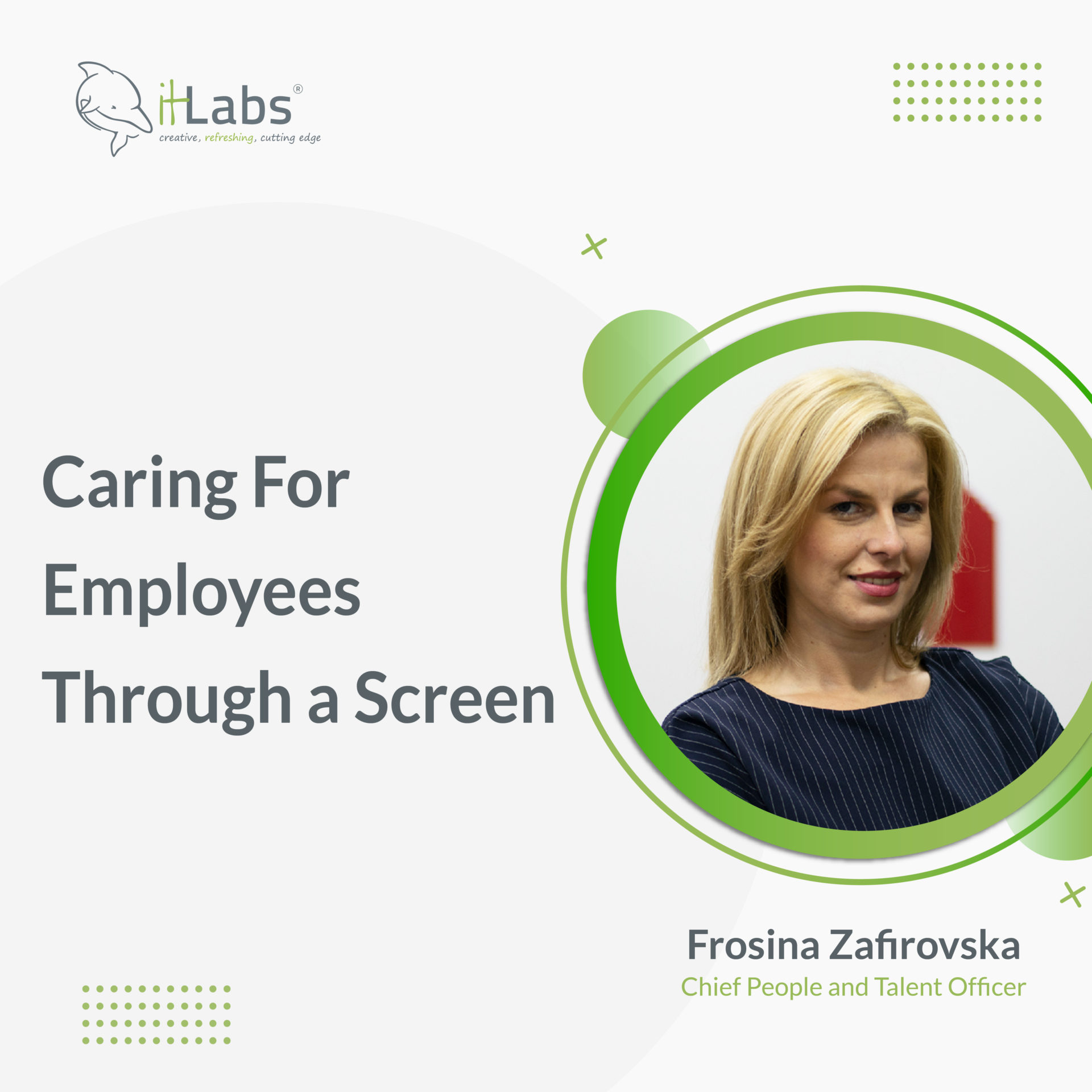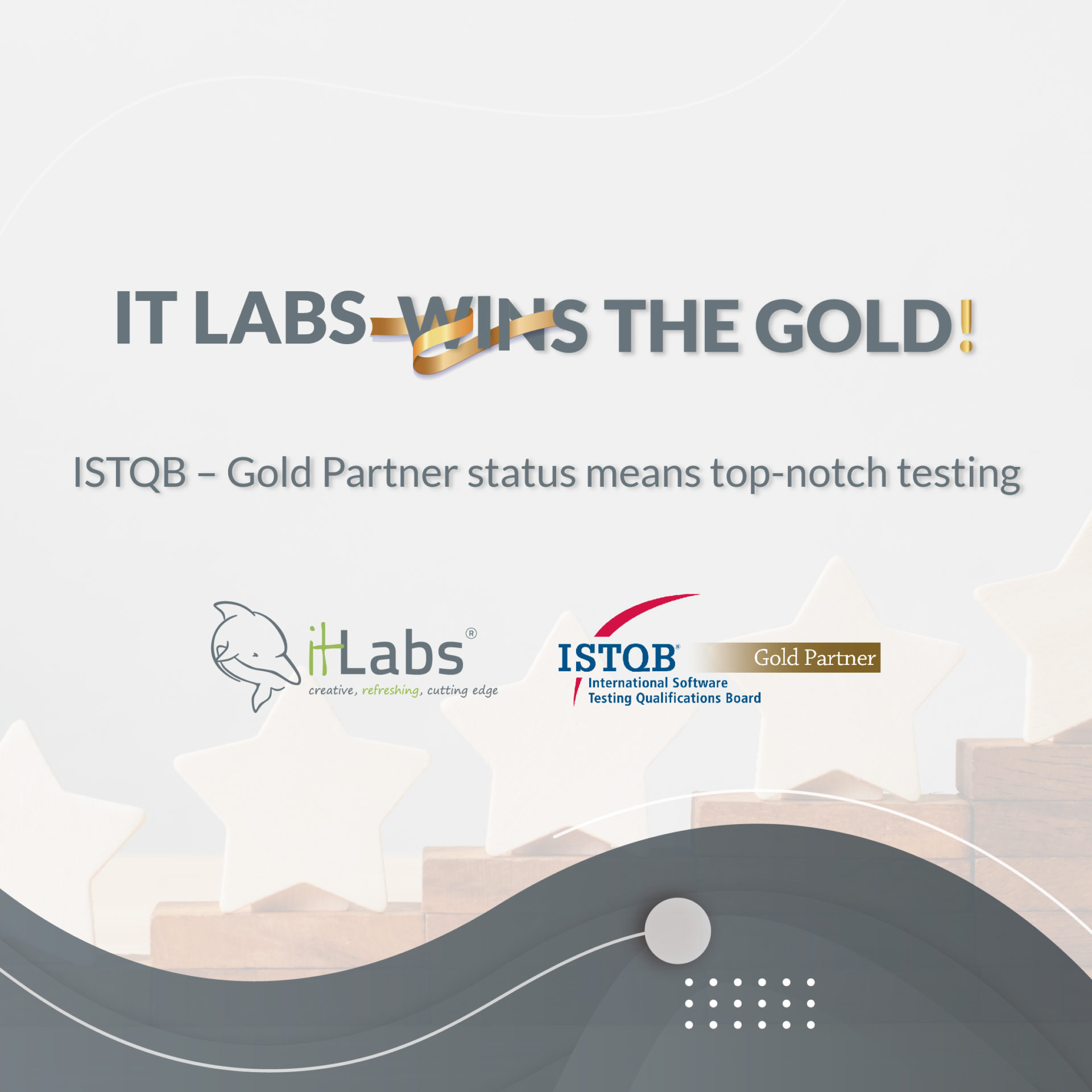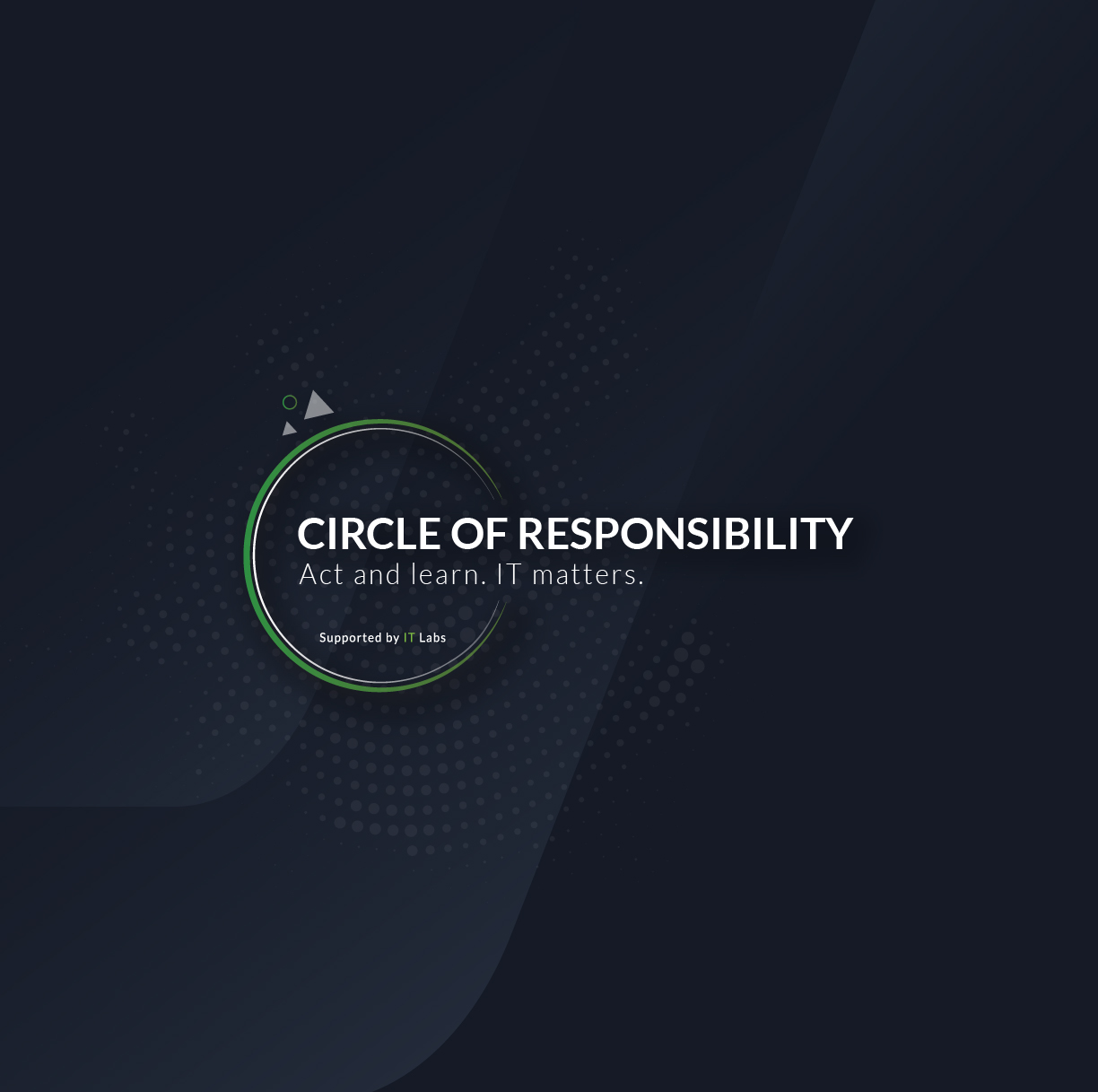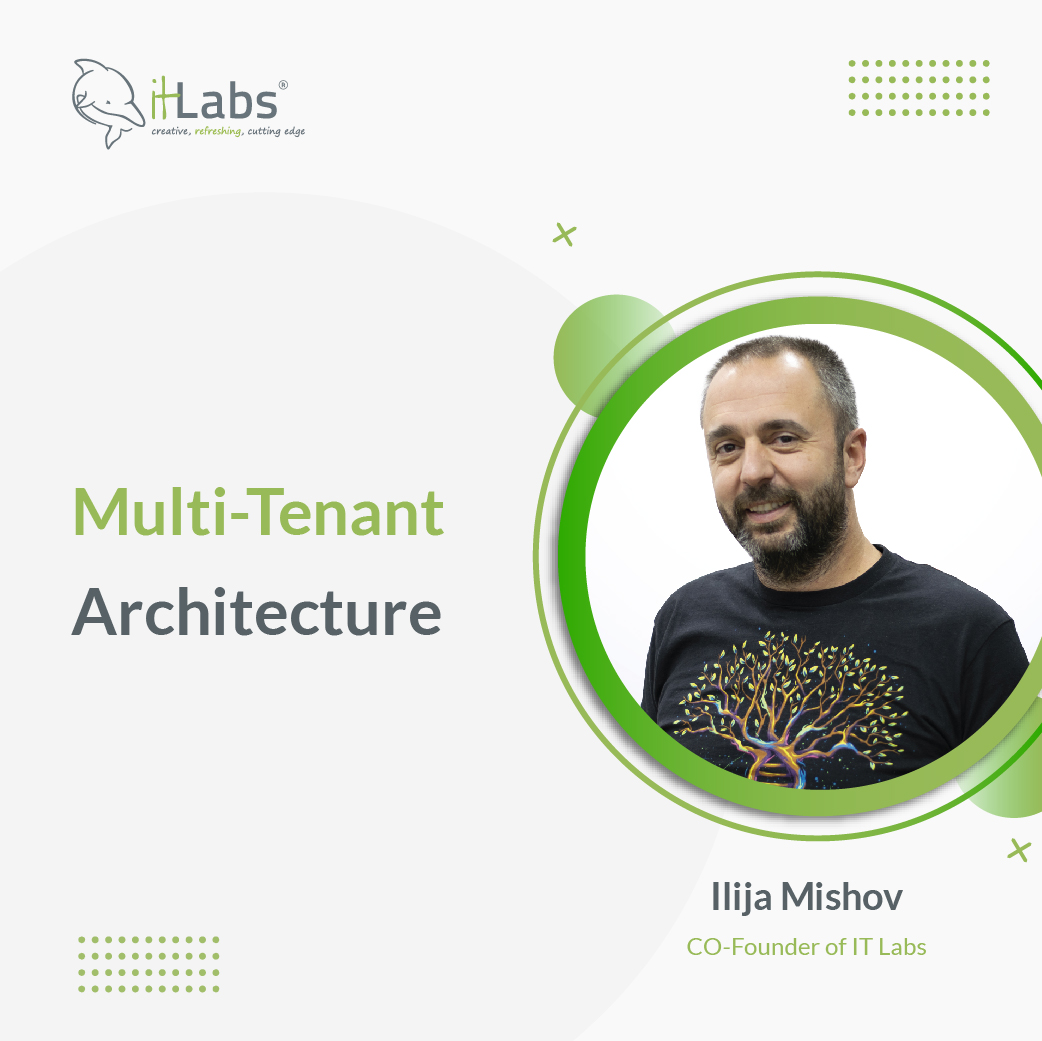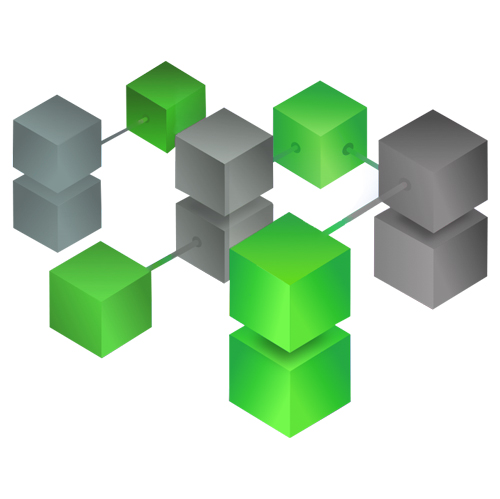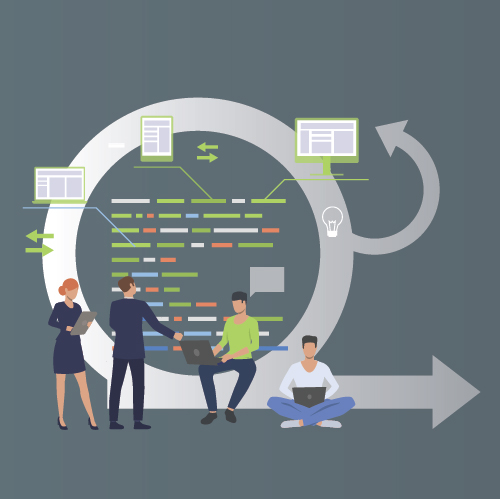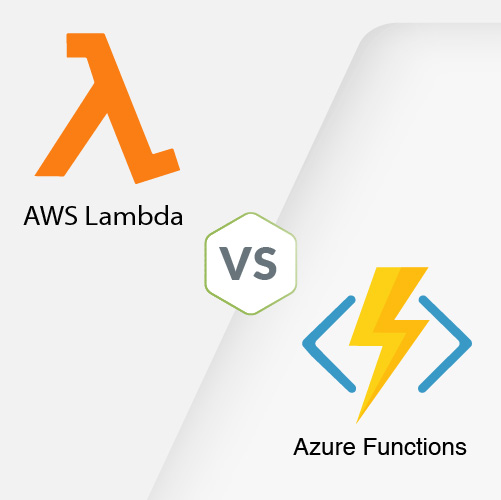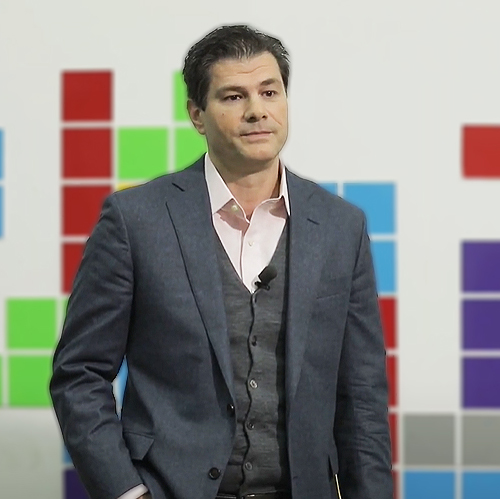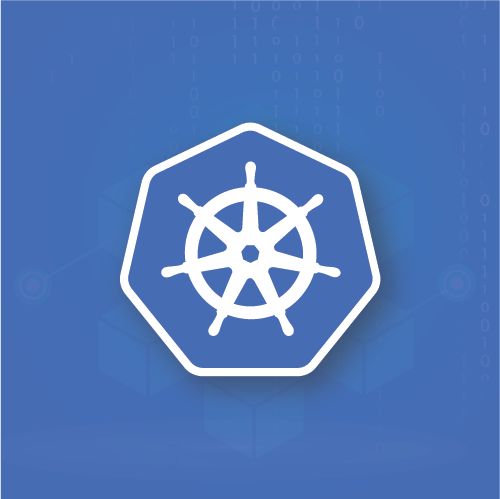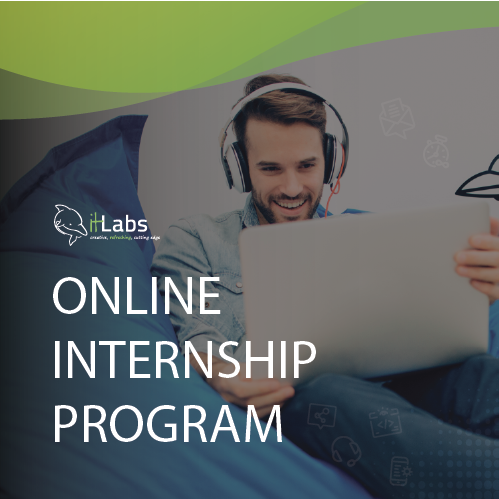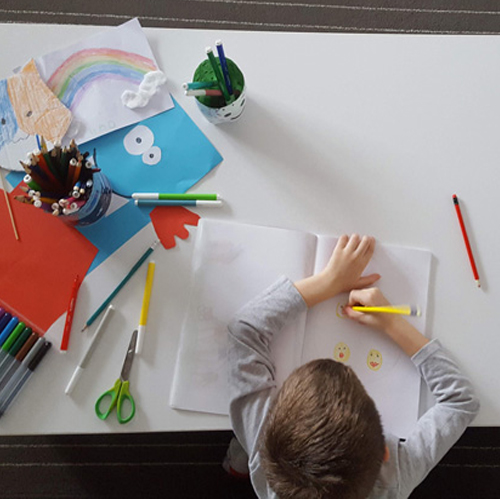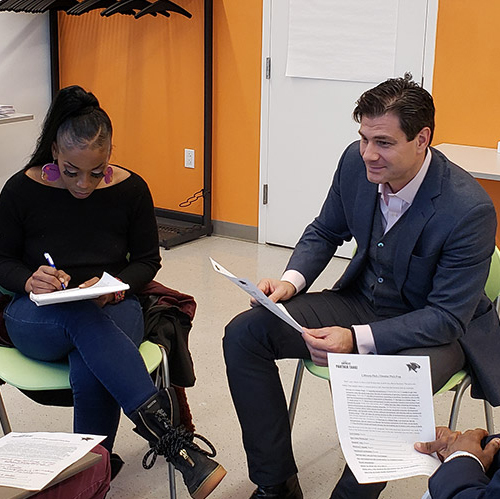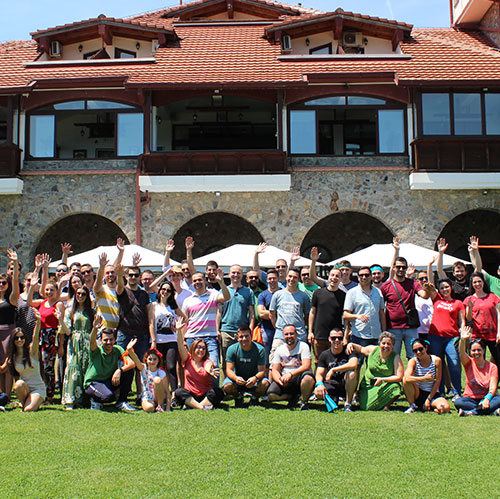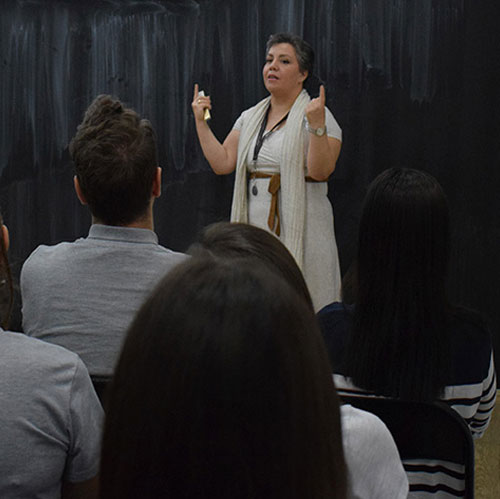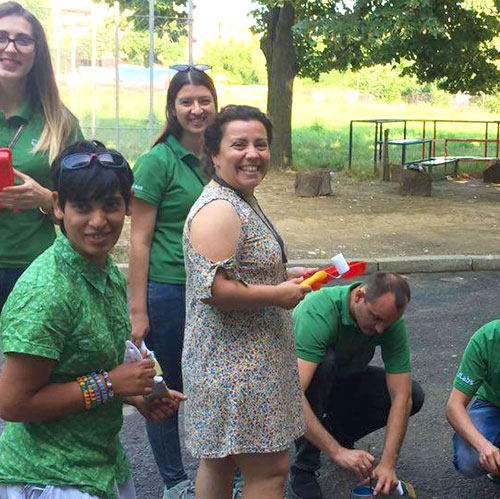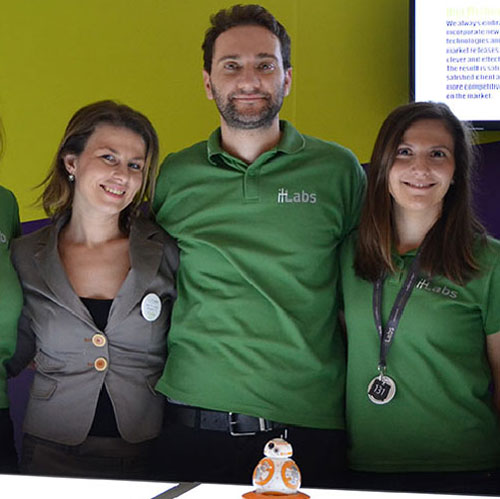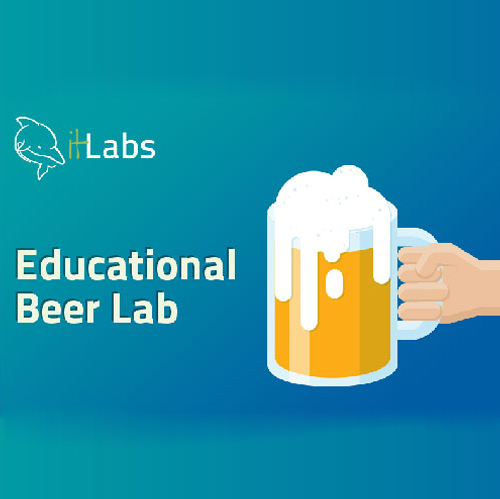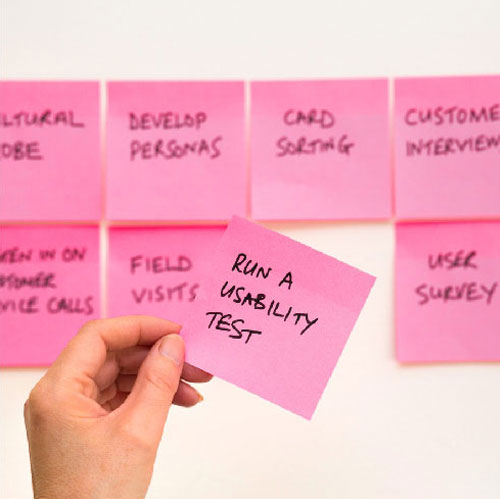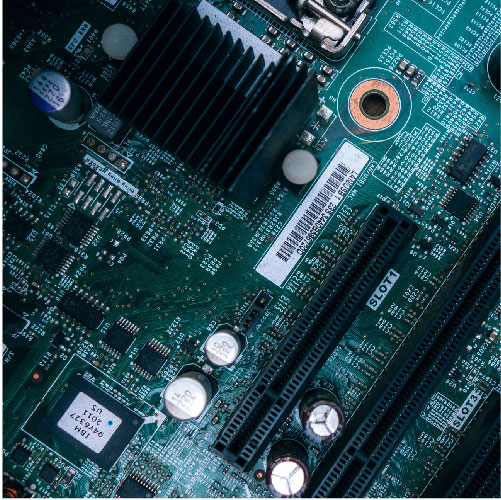Generative AI in Education: A Revolution Underway
In the educational industry, AI can generate personalized learning materials, create interactive exercises, and even simulate real-world scenarios to enhance student learning. By using large datasets and machine learning algorithms, generative AI can analyze student behavior, performance, and preferences to provide customized educational experiences.
This technology is revolutionizing education by making it more adaptive and tailored to individual needs. Generative AI empowers educators to deliver more effective lessons while automating time-consuming tasks like content creation and grading. It also offers students more engaging and personalized learning experiences, from custom quizzes to tailored feedback, driving higher engagement and learning outcomes. As a result, generative AI is fundamentally transforming how students learn and how teachers teach. Let’s find out exactly how.

1. Personalization and Custom Learning Paths
Generative AI in education offers powerful personalization by tailoring learning experiences to each student’s unique needs, strengths, and learning styles. By analyzing data such as learning pace and performance, AI creates custom learning paths, offering exercises and quizzes that align with a student’s current level of understanding. For instance, students needing more support can receive step-by-step materials, while advanced learners are given challenging tasks to keep them engaged.
AI-powered adaptive learning platforms also adjust content in real-time based on performance, ensuring students remain neither overwhelmed nor disengaged. This personalized, adaptive approach inspires better academic performance, motivation, and inclusivity by providing targeted support to all learners. Furthermore, students can receive instant feedback on their work, helping them quickly understand their mistakes and learn from them.

2. Enhancing Educational Content Creation
Generative AI is revolutionizing how educational content is created and delivered. In the past, teachers spent countless hours preparing materials, creating quizzes, and developing lesson plans. Now, generative AI can do much of this work for them. By producing high-quality and up-to-date content, AI reduces the workload on educators, allowing them to focus on what matters most - interacting with and supporting their students.
For example, AI can generate test questions, quizzes, and even complete lesson modules. This not only saves time but also ensures that the curriculum remains current and relevant. AI can also generate interactive simulations and visual aids, making complex topics easier to understand and more engaging for students.

3. Supporting Educators
Teachers are at the heart of the educational experience, and generative AI is becoming an essential tool that supports them in their roles. AI can automate time-consuming administrative tasks, such as grading assignments and managing attendance. By reducing the burden of these tasks, teachers have more time to engage with their students, plan creative lessons, and provide individual support where it is most needed.
Moreover, AI-driven analytics can provide educators with insights into student performance. Teachers can use this data to identify which students are struggling and adjust their teaching methods accordingly. This data-driven approach allows teachers to make informed decisions that enhance the learning experience for every student.

4. Helping Teachers Evolve
Generative AI supports teachers’ professional development by simulating classroom scenarios, allowing educators to practice and refine their skills in a risk-free environment. These AI-driven simulations can mimic challenging student behaviors or complex teaching situations, giving teachers the chance to experiment with new strategies and receive feedback on their approach. This helps educators build confidence and continuously improve their teaching methods without the pressures of a real classroom.
Additionally, AI can provide data-driven insights into areas where teachers may need further development, such as classroom management or adapting lessons to diverse learning styles. This personalized feedback enables teachers to target their professional growth more effectively, ultimately enhancing their ability to support students and create a more engaging learning experience.


The Most Common Challenges and How to Overcome Them
While the potential benefits of generative AI in education are enormous, there are challenges that need to be addressed to ensure its successful integration. Key concerns include data privacy, AI bias, and the digital divide. Let’s talk more.

1. Data Privacy Concerns
The use of AI in education often requires collecting large amounts of data about students. This raises concerns about privacy and data security. To address these concerns, it is crucial to have strict data protection policies in place, ensuring that student information is kept secure and used responsibly. Parents, educators, and policymakers must work together to establish clear guidelines for data usage and ensure transparency in how data is collected and processed.

2. AI Bias and Fairness
AI systems are trained on existing datasets, and if these datasets are not diverse, the AI can develop biases. In education, this could mean that certain groups of students do not receive fair treatment or that the content generated is not inclusive. To mitigate AI bias, it is important to use diverse datasets and regularly evaluate AI systems for fairness. Educators must also be trained to understand the limitations of AI and ensure that it is used as a tool to complement, not replace, human judgment.

3. Bridging the Digital Divide
Not all students have equal access to technology, and this digital divide can limit the effectiveness of AI in education. To ensure that the benefits of generative AI reach all learners, efforts must be made to provide equitable access to technology. This includes investing in infrastructure, providing devices to students in need, and ensuring that internet access is available to all.
The Road Ahead: A Dynamic Future for Education
The integration of generative AI into education is still in its early stages, but the potential it holds is vast. As technology continues to evolve, we can expect even more innovative applications of AI in education that will transform how students learn and how teachers teach.
Imagine a future where every student has a virtual tutor that understands their unique learning style, providing personalized support and guidance throughout their education journey. Imagine teachers having access to tools that help them identify the best teaching strategies for each student, making education more effective and inclusive. These possibilities are within reach, thanks to the power of generative AI.


Generative AI is not just a tool for today; it is shaping the future of education. By embracing AI, we can create a dynamic, responsive, and inclusive educational ecosystem that prepares students for the challenges of tomorrow. This technological revolution holds the promise of not just enhancing educational outcomes but also inspiring a lifelong love for learning.


















